
News
Back Results for: Faculty

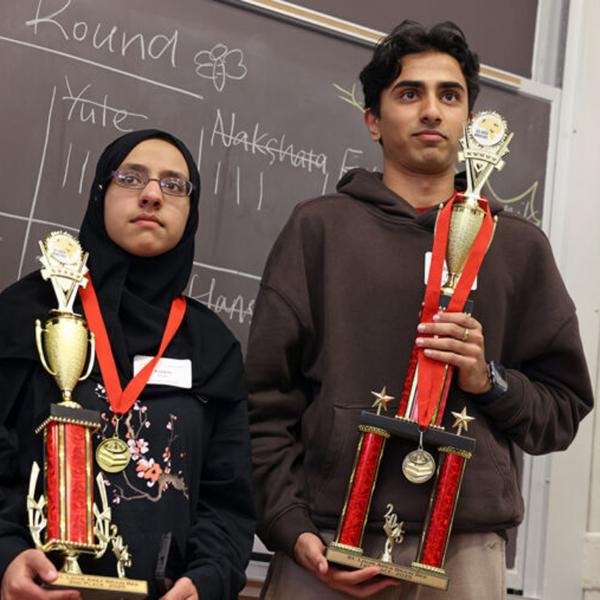
St. Louis high school students compete, meet experts at WashU Brain Bee

Decades-long quest leads to new antibiotic compounds
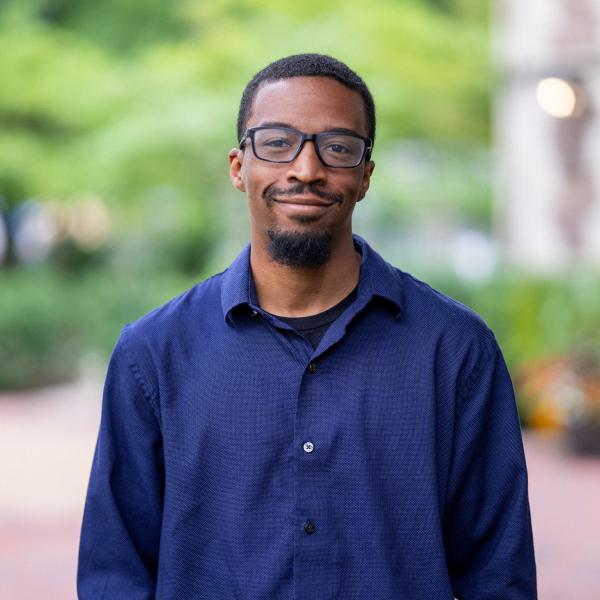
Bringing expansion microscopy to plants
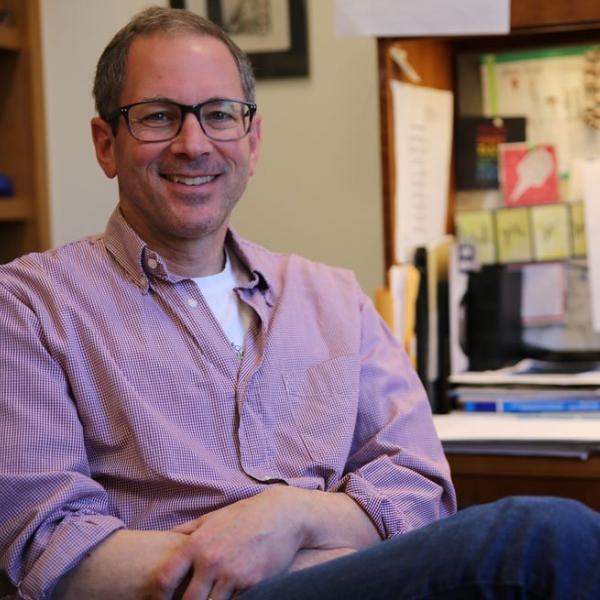
WashU Expert: The disruptions of daylight saving time
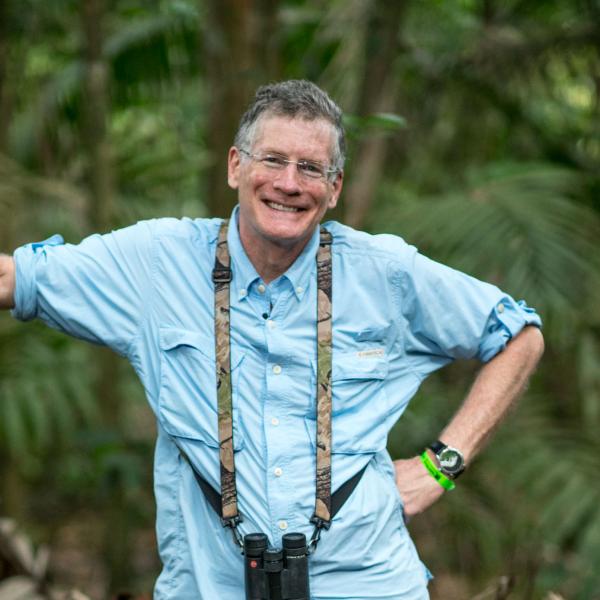
Why do cats have 'toe beans'?
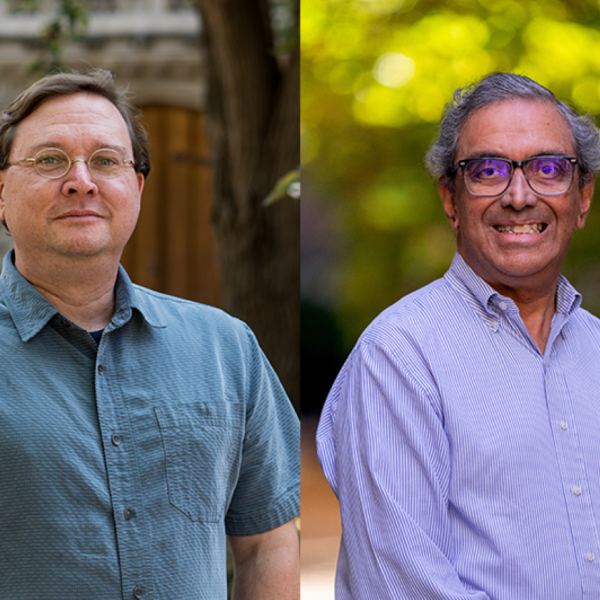
Jez, Pakrasi named fellows of biochemistry society
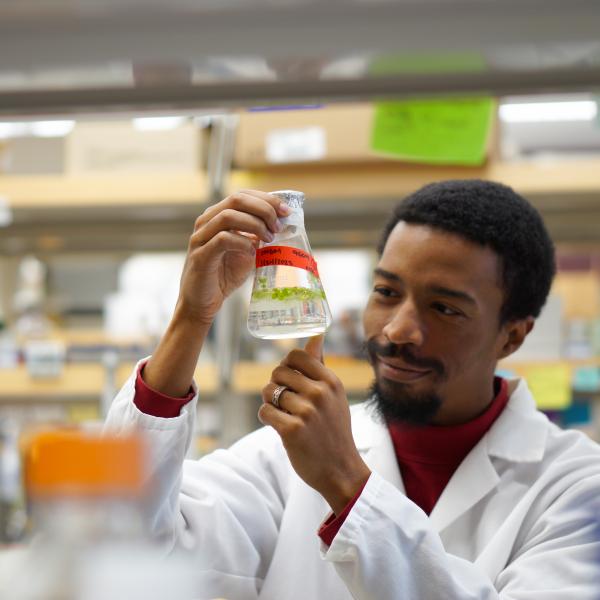
Faculty Spotlight: New Assistant Professor Kevin Cox

Lady in red: WashU research reveals function of red stigmas in wind-pollinated flowers
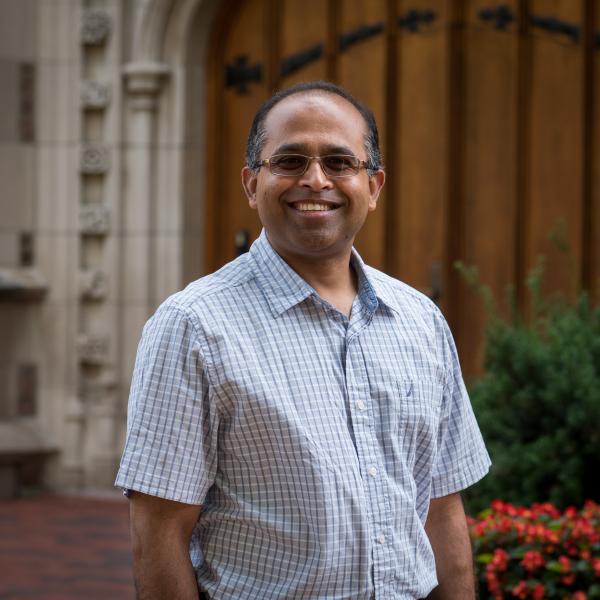
Academy honors two university faculty

Why do some cats have orange fur? New hue clues in an old mystery.
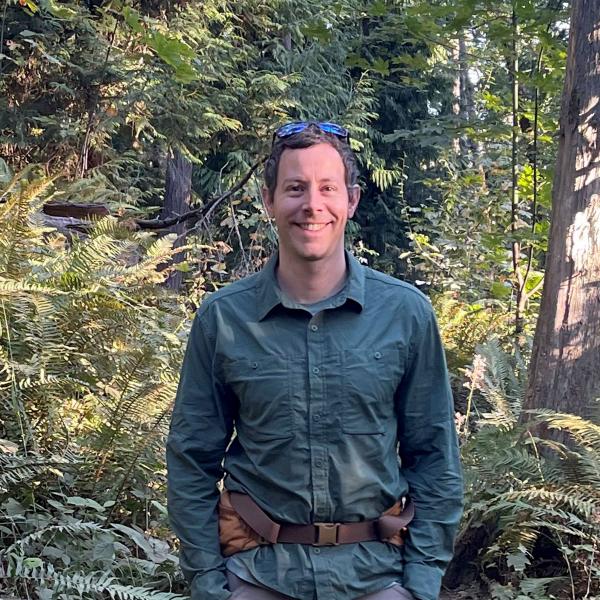
Biology Department welcomes Assistant Professor Andreas Kautt

Biology Department welcomes Assistant Professor Kevin Cox
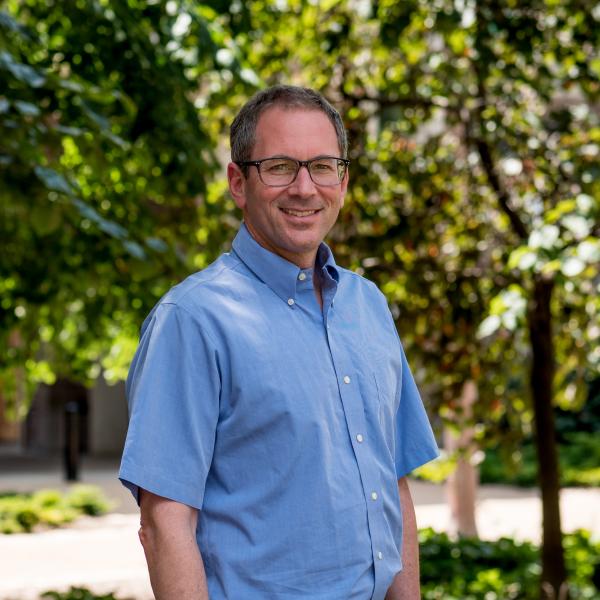
Engineering better sleep
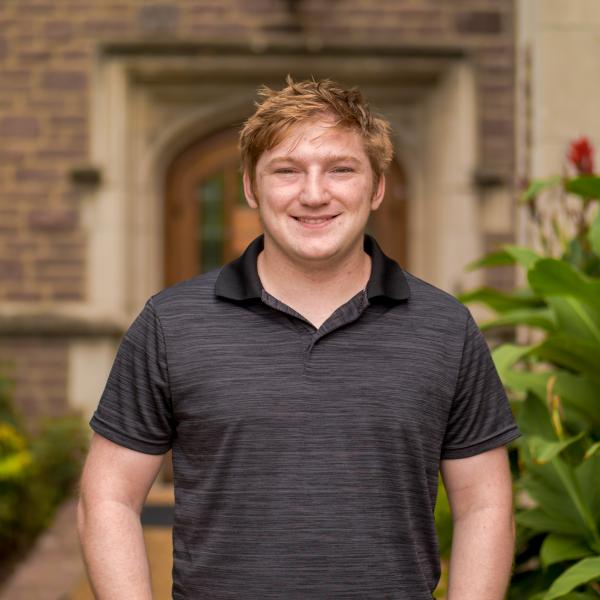
Across southeastern US, weedy rice steals herbicide resistance from crop rice
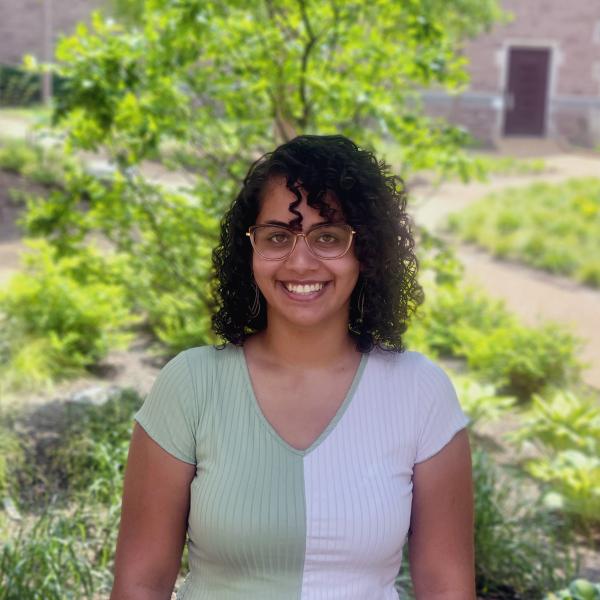
Brain tumors hijack circadian clock to grow
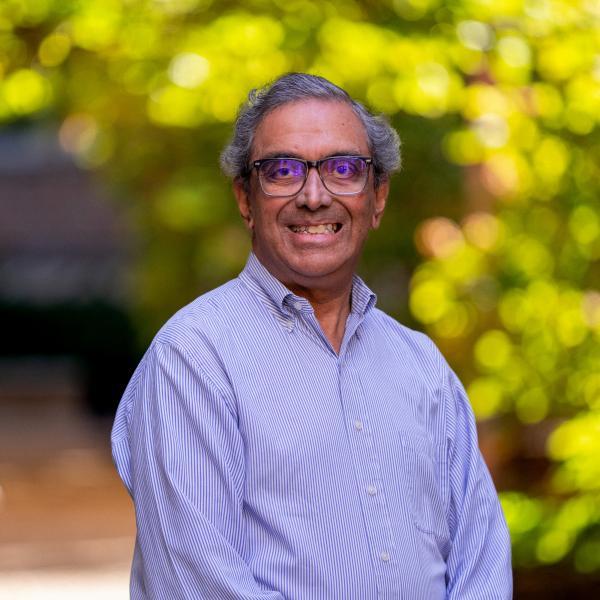
Researchers aim to develop space biomanufacturing from carbon dioxide, astronaut wastes
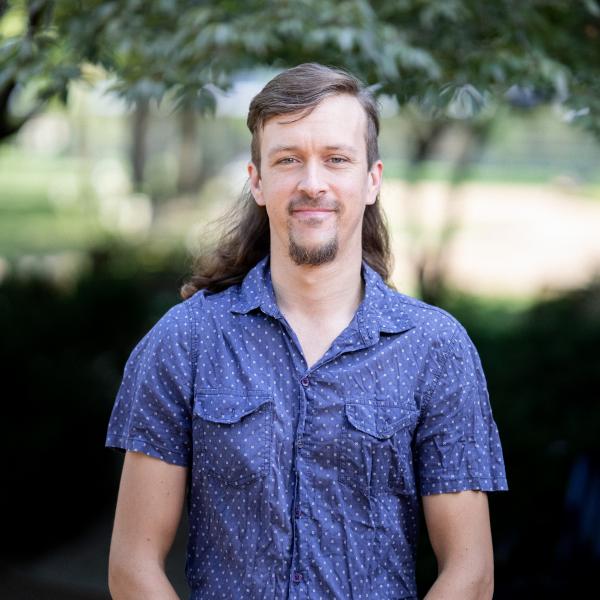
Island biodiversity rides on the wings of birds
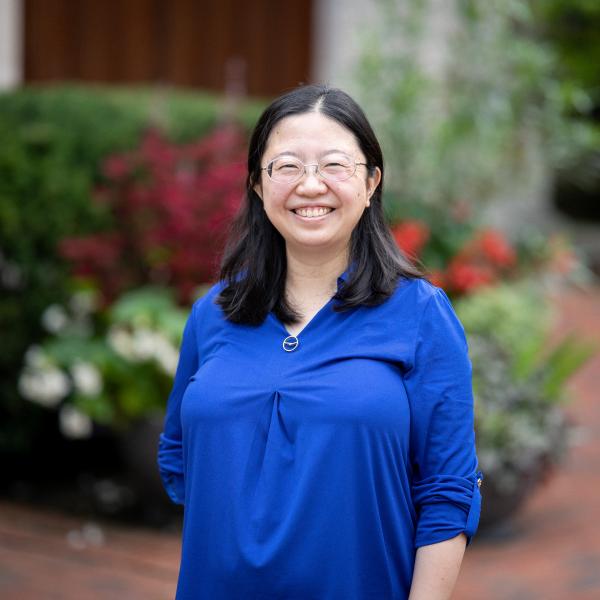
2024 Global Incubator Seed Grants awarded
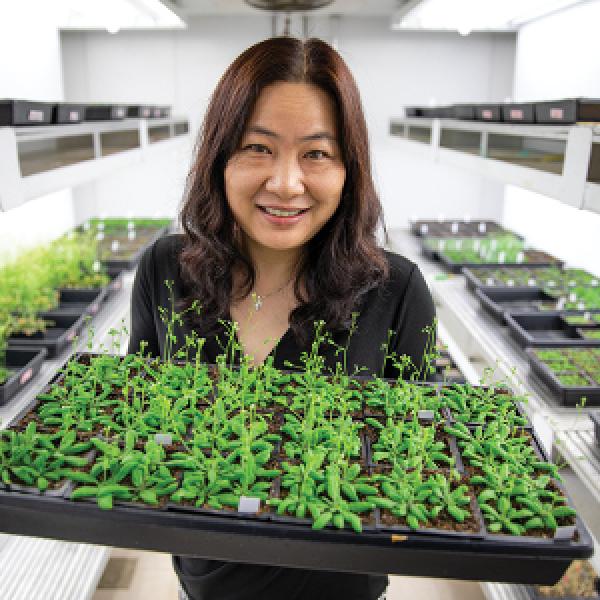
2024 Global Incubator Seed Grants awarded
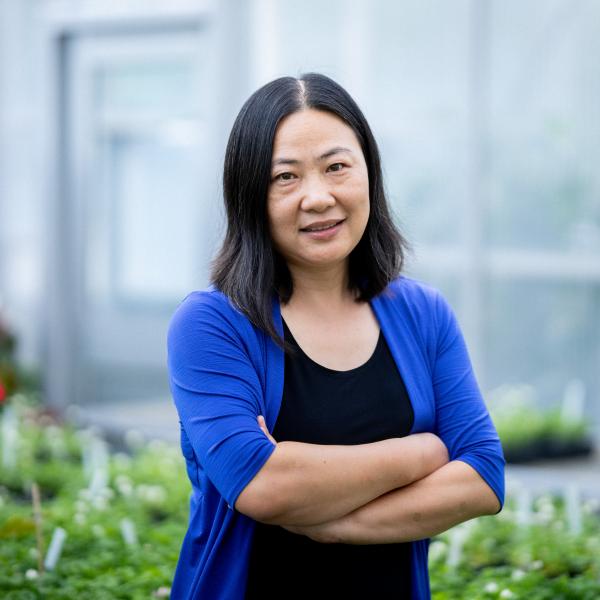
Plants use DNA duplication to increase their resilience
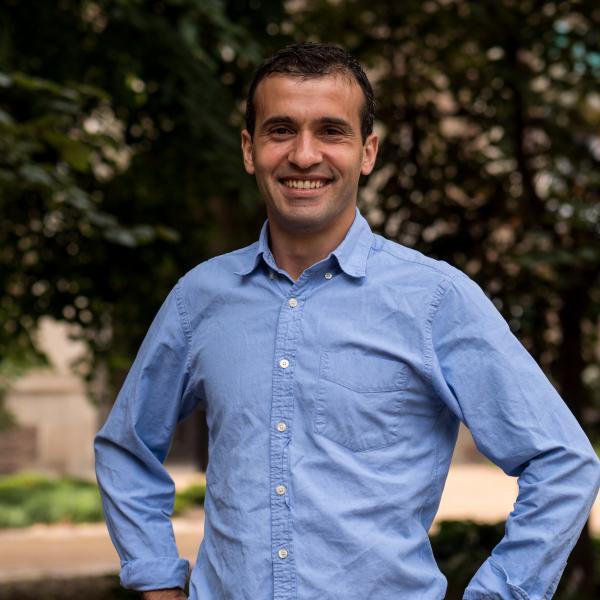
New study in Molecular Cell reveals inner workings of cellular alarm system
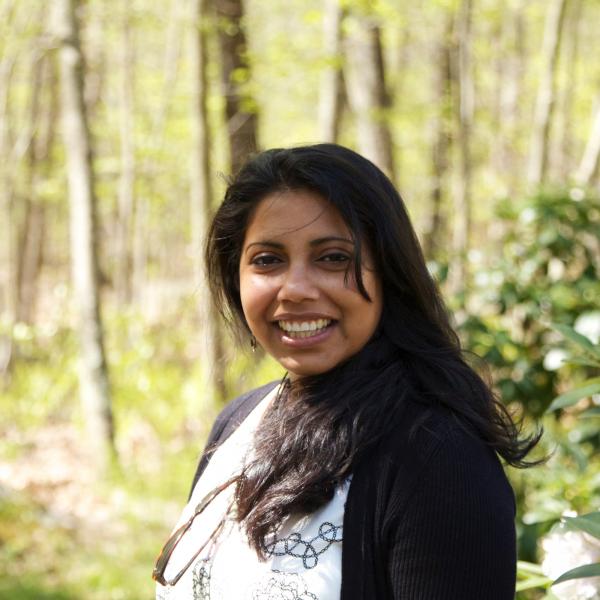
Opinion COP29: Doomism is turning audiences off climate action - so let’s share the success stories
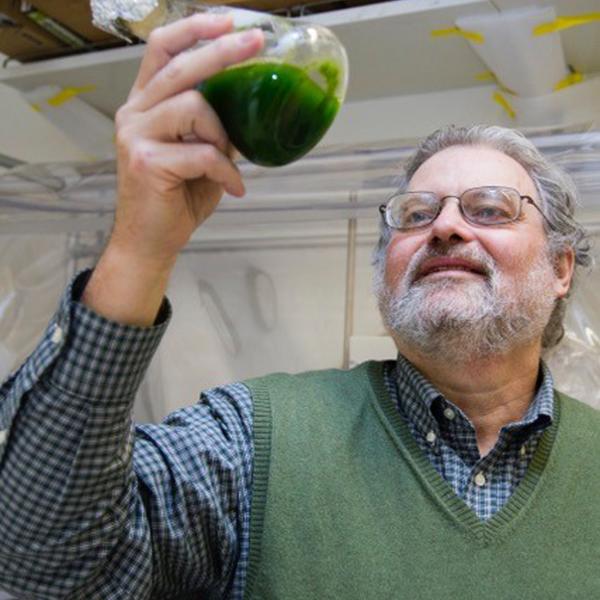
Future proofing photosynthesis

From lab to land: Crop modifications are fortifying our food supply against climate change
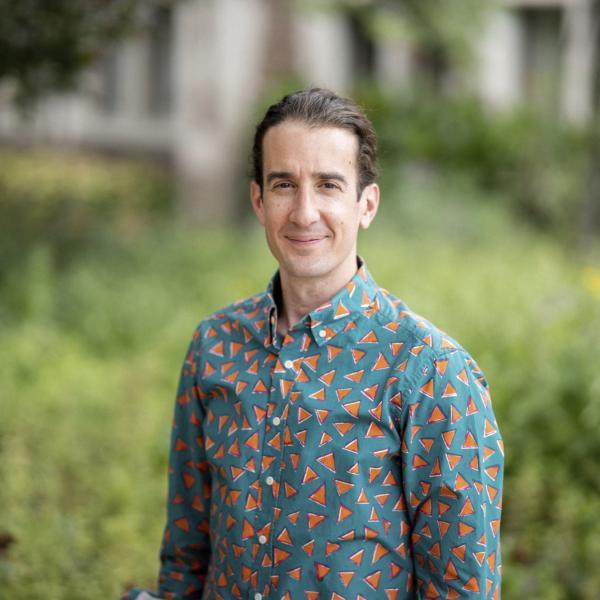
Hengen Lab explores connections between disease and neural teamwork in new Neuron study
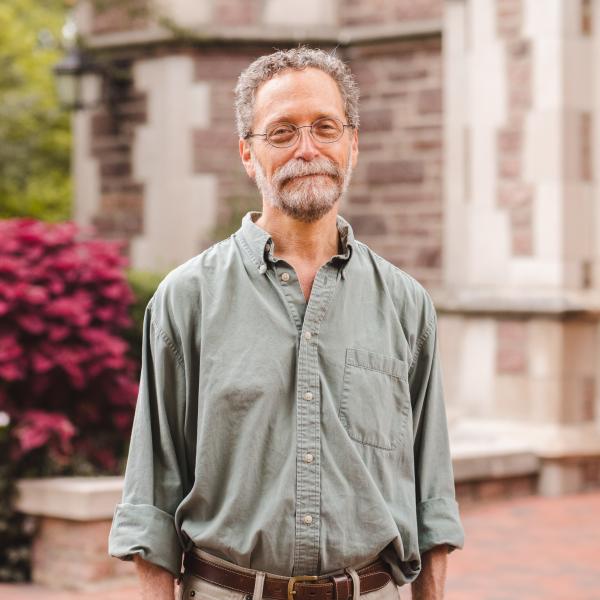
A collector of knowledge, stories, and joy
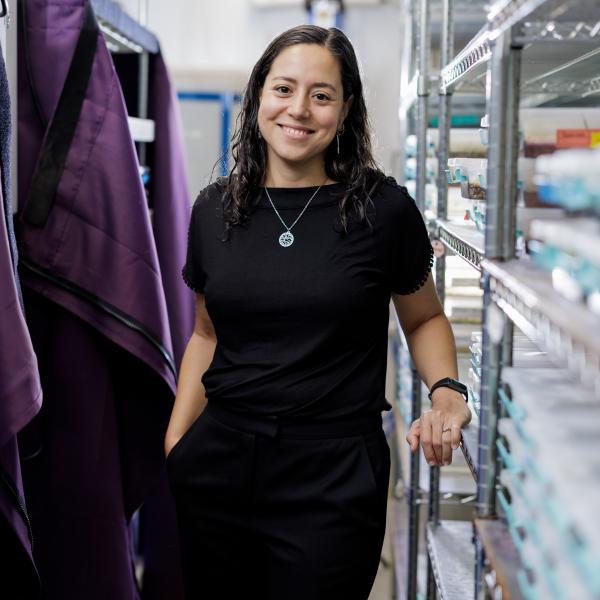
Understanding the mechanics of regeneration
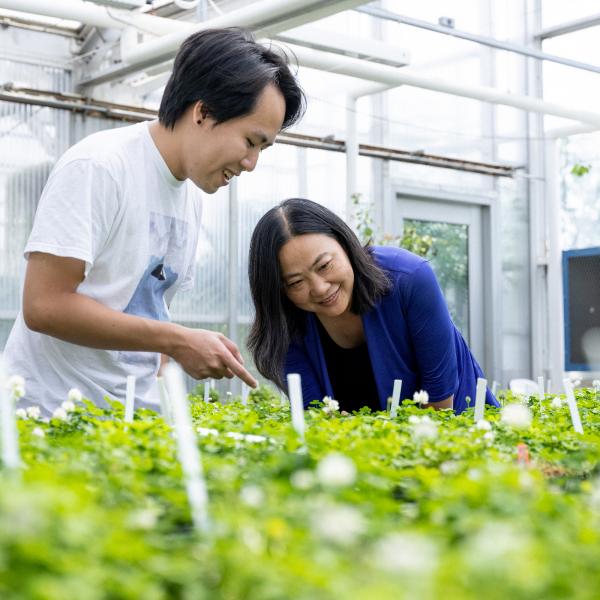
How plants evolved multiple ways to override genetic instructions
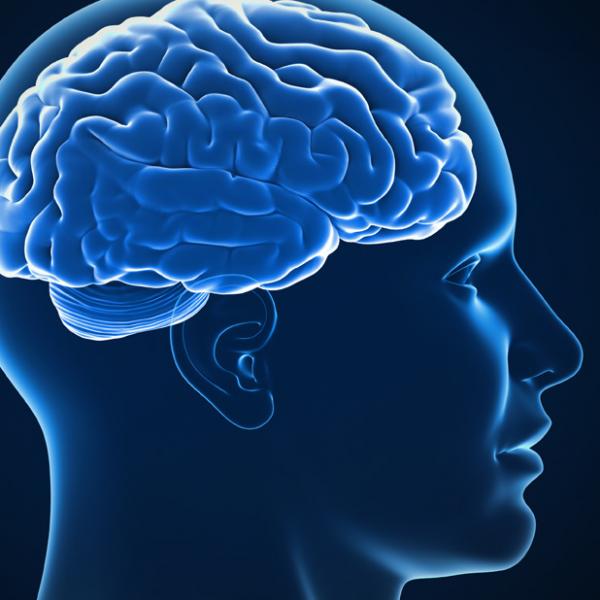
Amazing Brain Carnival at the Science Center

Home to 6,500 trees, WashU Arboretum earns rare status

It's a worm's world: regeneration and regrowth in the Özpolat Lab

Does climate change impact fall foliage?

Why do cats 'chatter'?
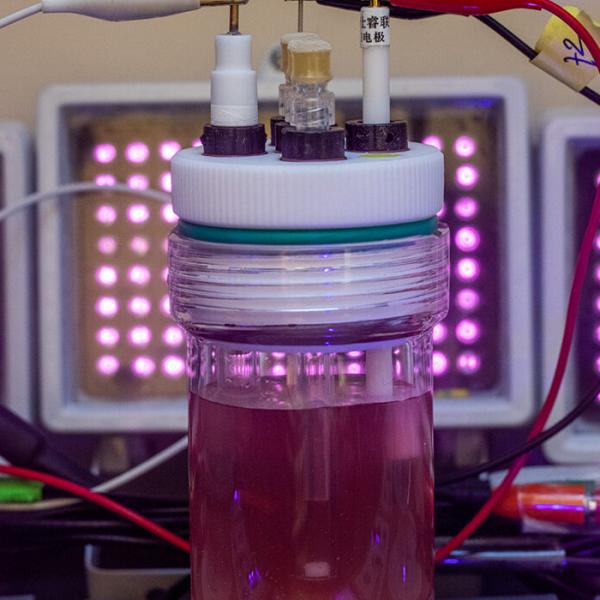
The future is purple

So why does Mr. Whiskers meow?

Could our plastic soon be made by this purple bacteria?

Purple bacteria offer path to more sustainable plastic

NSF The Discovery Files: Bioplastics
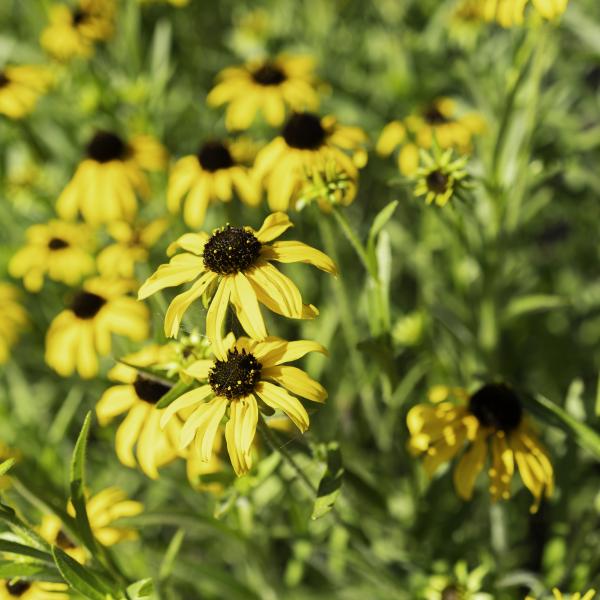
Climate change is super-charging St. Louis wildflowers

30-Year Friendship Finds a Research Home Through Department of Energy’s Visiting Faculty Program

Game-changing purple bacteria can become bioplastic factories

“Stan did Stan”: students remember Stan Braude

Scientists Discover Purple Bacteria That Could Revolutionize Bioplastics Production

Green Plastics from Purple Bacteria

Bakterien werden zu Biokunststofffabriken

Un avenir sans plastique polluant grâce aux bactéries pourpres ?

Engineering Purple Bacteria for Enhanced Bioplastic Synthesis
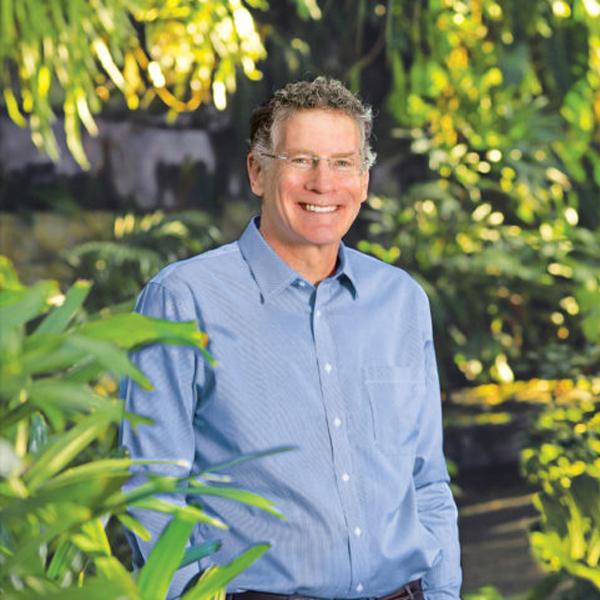
Love for cats lures students into this course, which uses feline research to teach science

Turning bacteria into bioplastic factories

Wake Up Call 'The Science Of Cats' Course Finds Popularity Among College Students

Three facts that led to Jennifer Wang’s interest in biological research
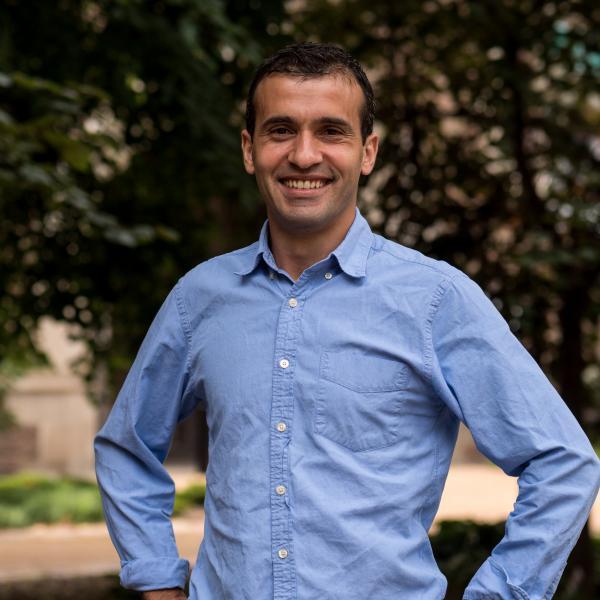
Zaher Lab’s surprise discovery about ribosome speed and stress response
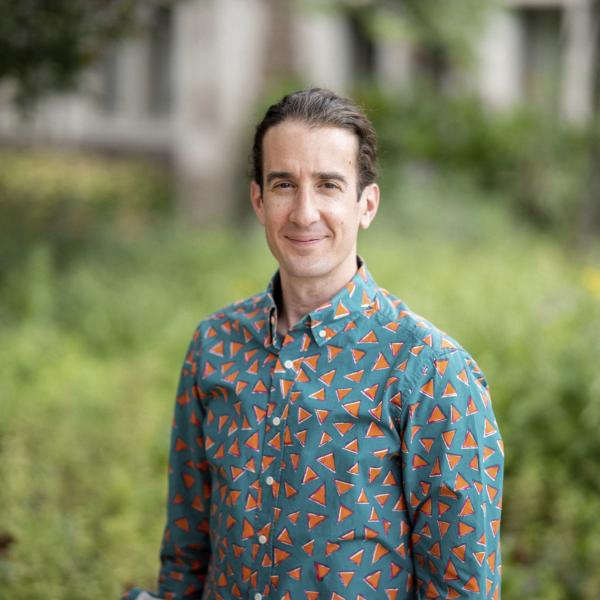
Micro-naps in the brain: Some regions sleep while others stay awake
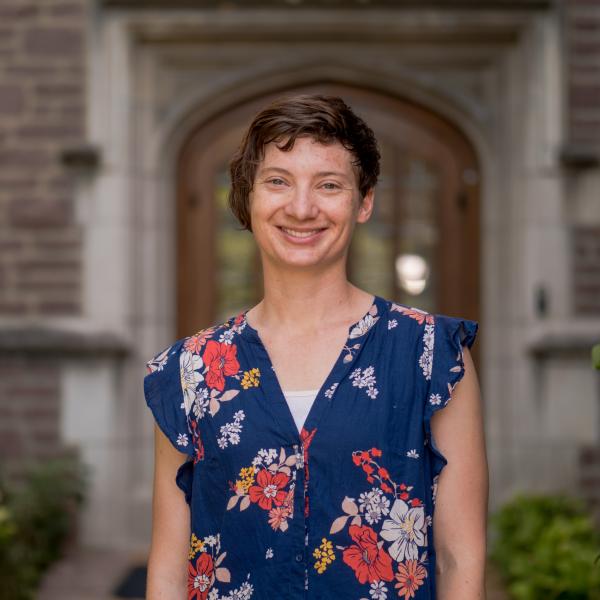
Plant diseases flourish in city landscapes
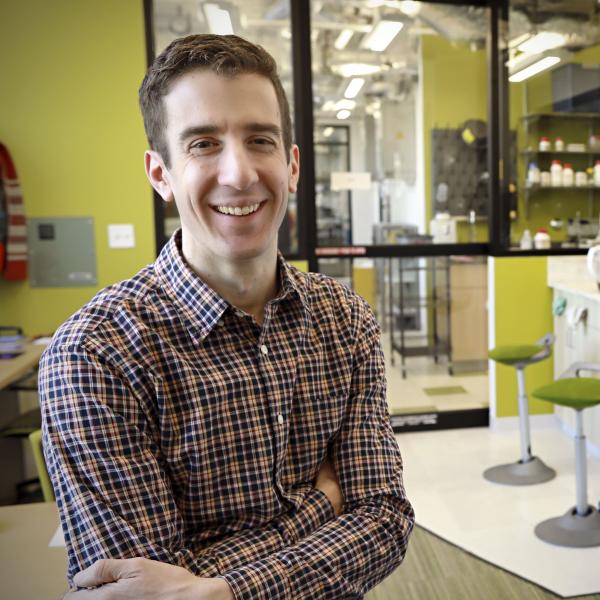
Scientists find that small regions of the brain can take micro-naps while the rest of the brain is awake and vice versa

Early, Losos elected members of American Philosophical Society

Why some plant diseases thrive in urban environments
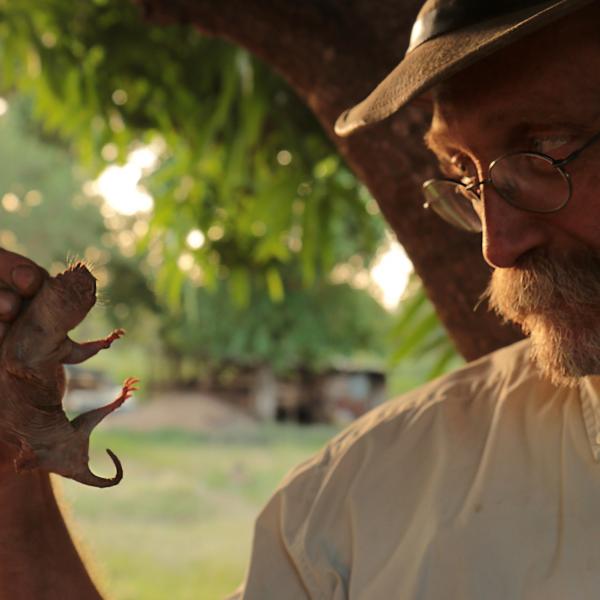
Obituary: Stan H. Braude, professor of practice in Arts & Sciences, 62

New research from Zaher Lab takes a closer look at stress response in cells

New study from Pakrasi Lab sheds light on how conflicting processes occur within a single cell
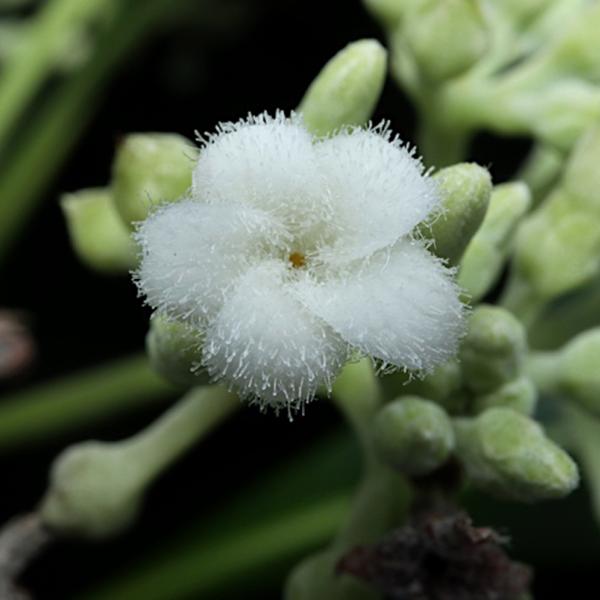
Scientists repot flowering plants’ tree of life—and find it has tangled roots

Chemo for glioblastoma enhanced by tapping into cell’s daily rhythms
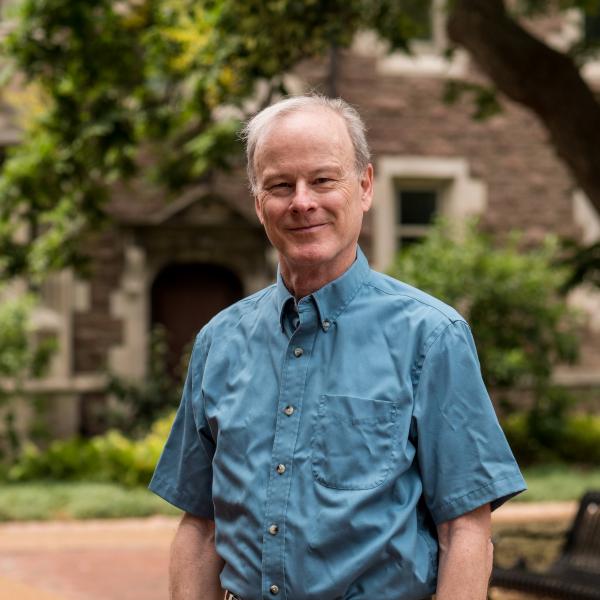
Diamond, Queller elected to National Academy of Sciences
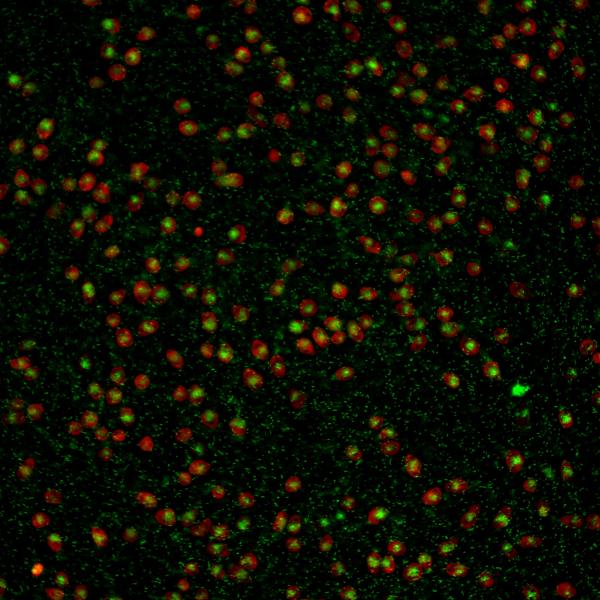
The predator's dilemma
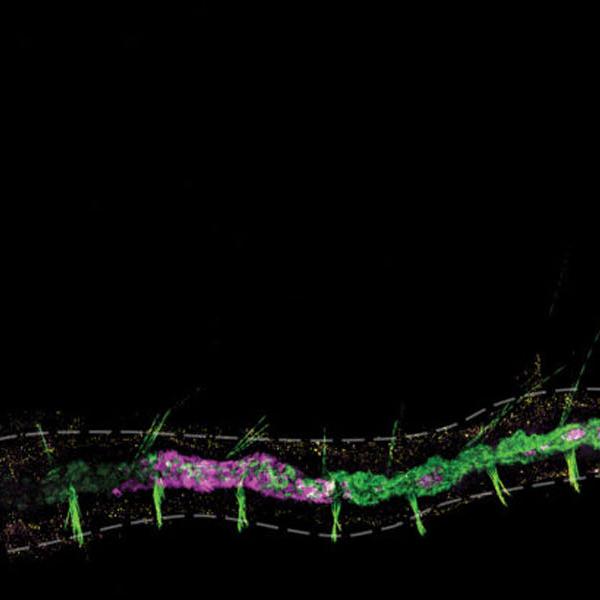
Unlocking the ‘chain of worms’
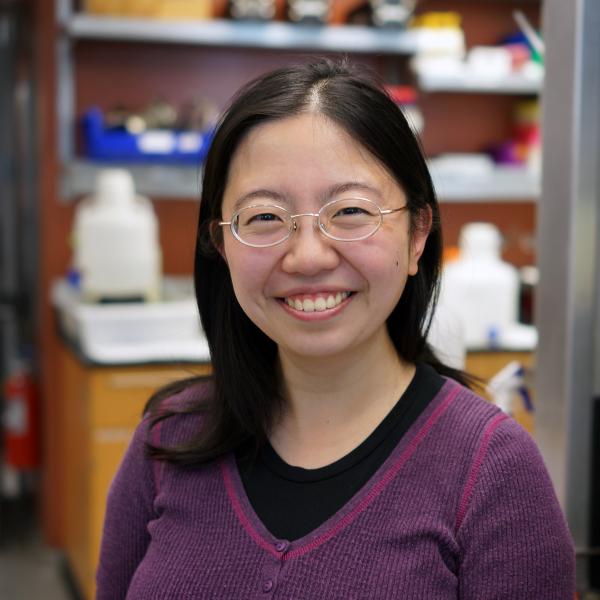
Faculty Spotlight: Assistant Professor Jennifer Wang

Award of up to $31 million supports development of osteoarthritis treatment
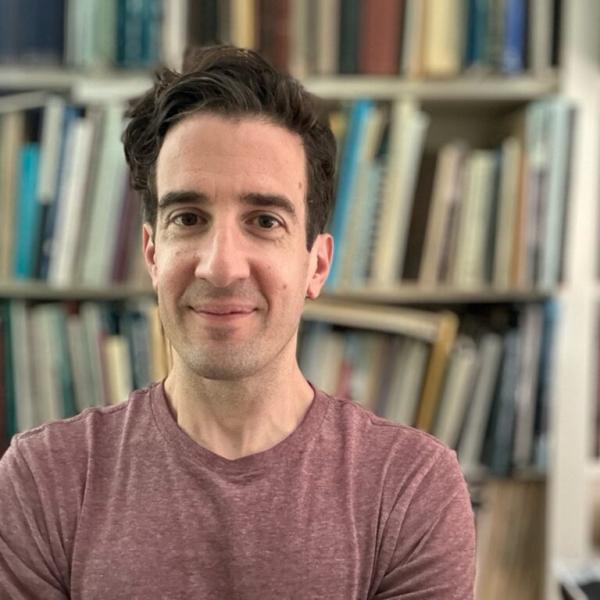
Keith Hengen, Washington University St. Louis – Sleep Resets the Brain’s Operating System
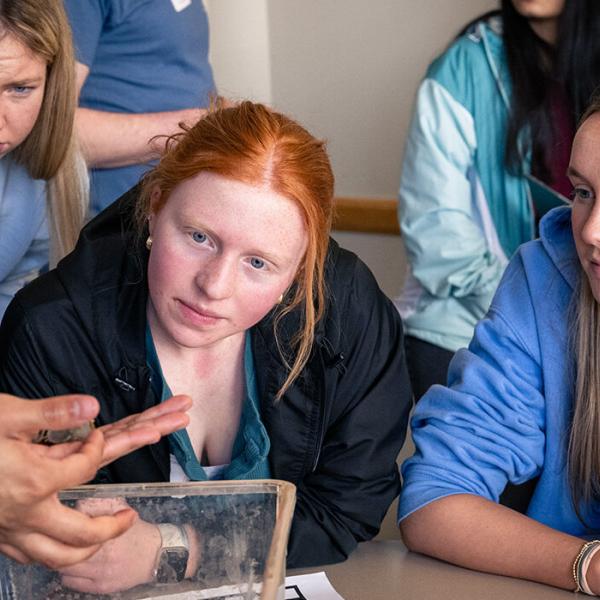
Brain Bee gives St. Louis students a chance to explore neuroscience
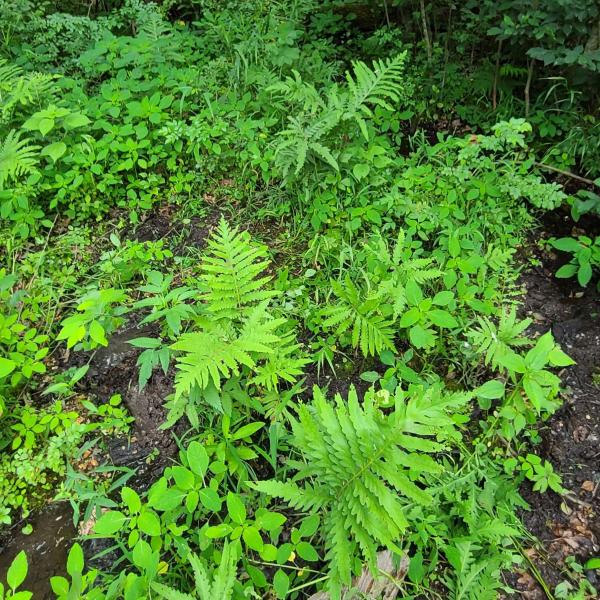
Here and Next grant funds researchers seeking to use microbiome to restore soil health in Missouri

New research offers insights into the inner workings of DNA methylation

Most Missouri voters are tired of changing clocks every spring and fall
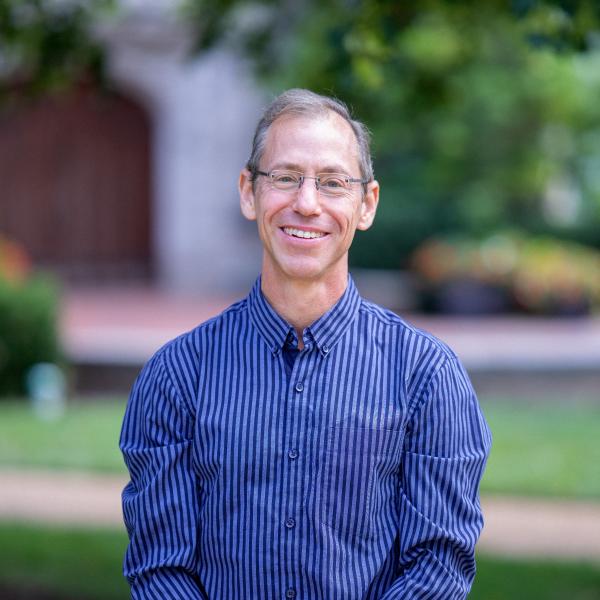
Biologist Olsen helps launch global wild rice alliance

DNA study reveals secrets of weedy rice invasion

New insight into orchid origins
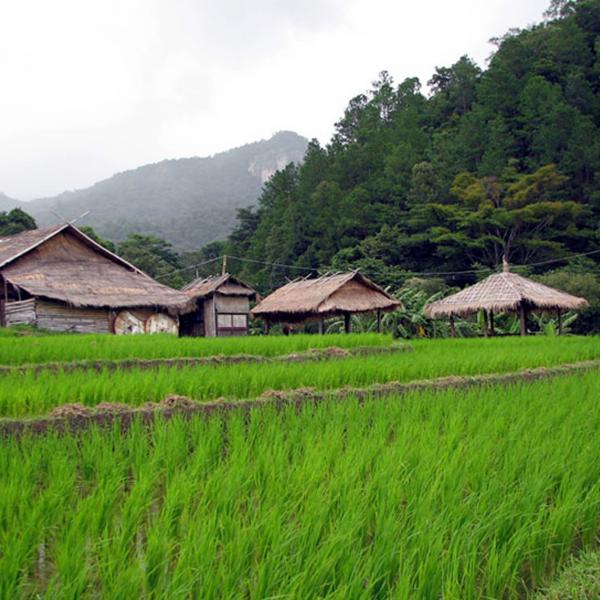
Weedy rice gets competitive boost from its wild neighbors
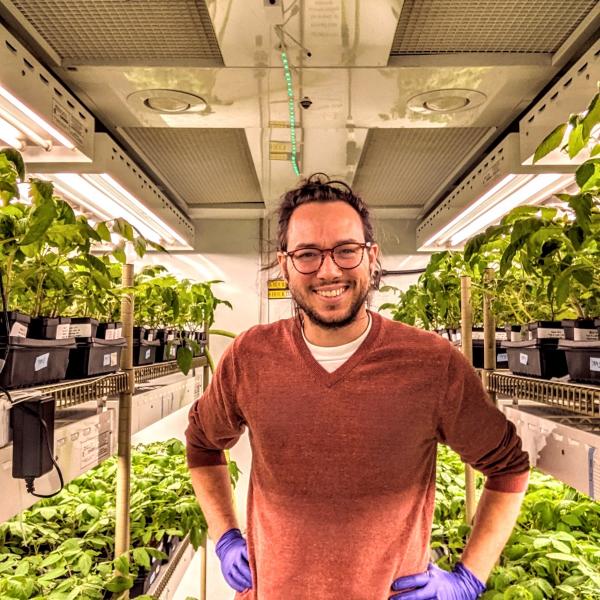
From the back yard to the lab: Ben Mansfeld talks about his path to plant science

Why do we sleep? Wash U has a lead

Old research, new readers: A closer look at some of the most-read research stories from years past

Evolution: Fast or Slow? Lizards Help Resolve a Paradox.

Why do we sleep? Researchers propose an answer to this age-old question

Washington University professor explains the 'Science of Cats'

How to keep wildcats wild: ancient DNA offers fresh insights
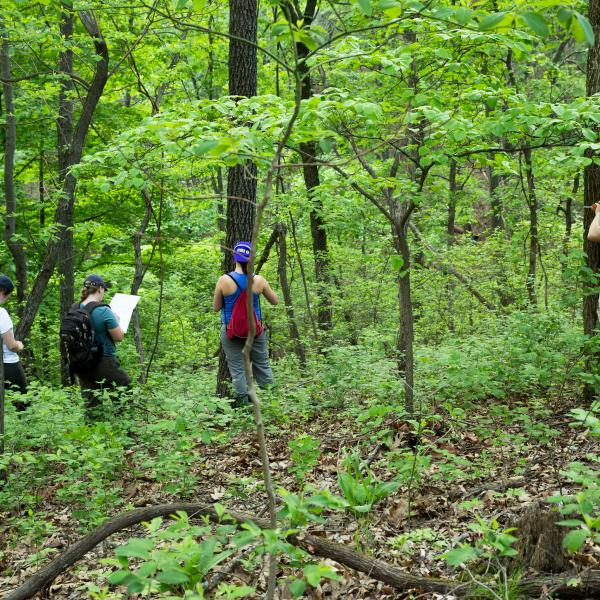
Roots of diversity: How underground fungi shape forests
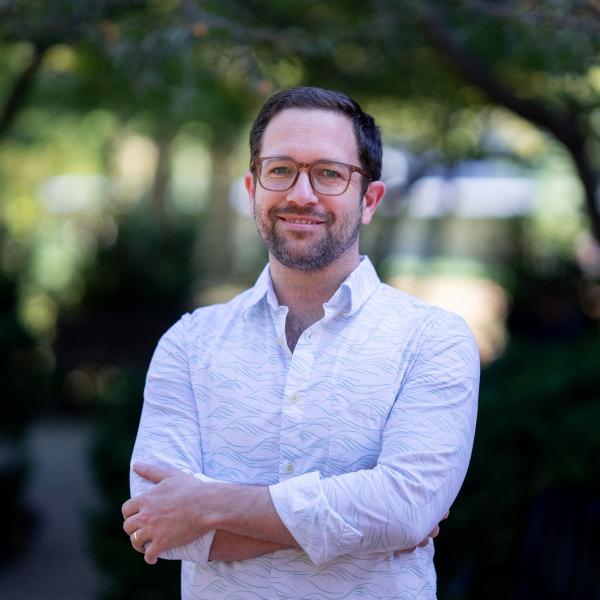
WashU team to study virus transmission, human-wildlife interaction
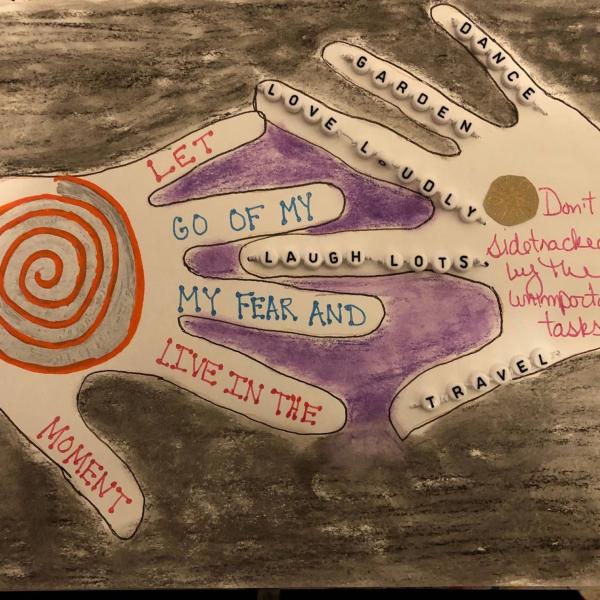
The art and science of cancer care

It's Time to Stop Daylight Saving Time Forever, Says Wash U Expert

House Cats Will Rule the World: Domestic cats may evolve into the alpha predators of the future.
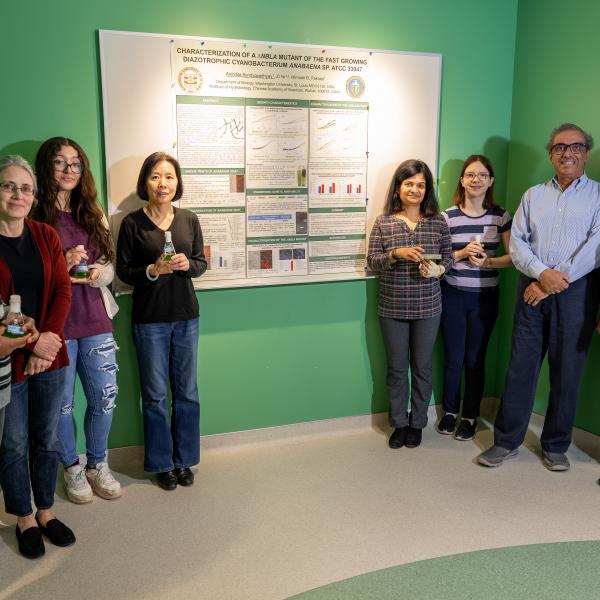
Grant funds green fertilizer research at WashU

Engineers to build cyborg locusts, study odor-guided navigation
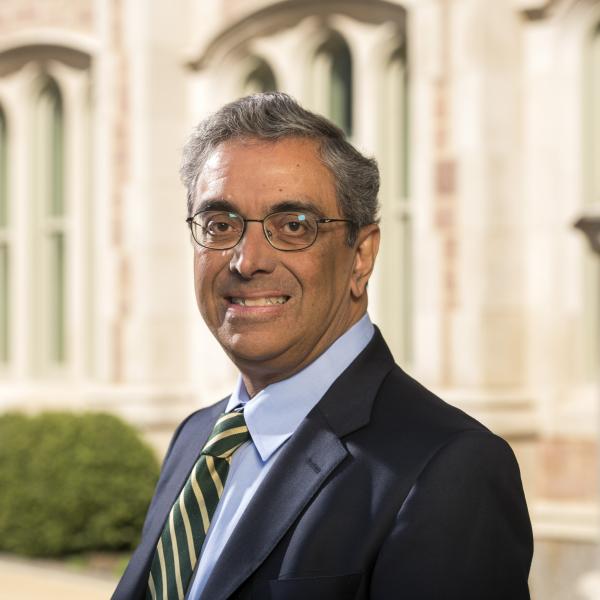
WashU students contribute to biomanufacturing in space

No lizard is an island

Brookings tree replanted after original fell to lightning storm
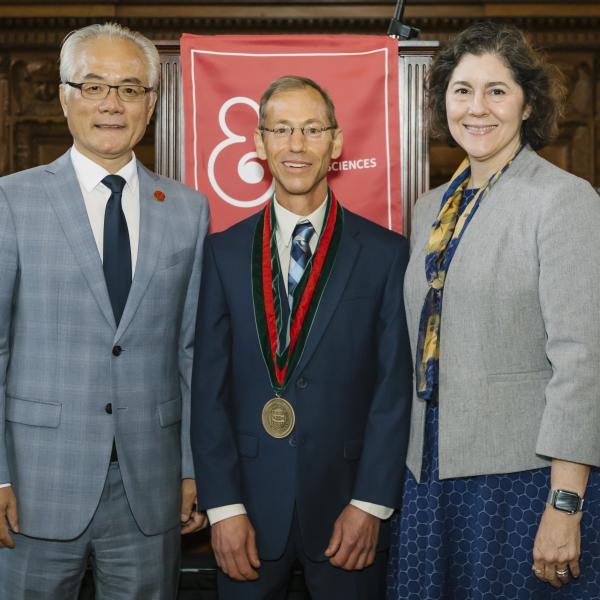
Olsen installed as George William and Irene Koechig Freiberg Professor of Biology
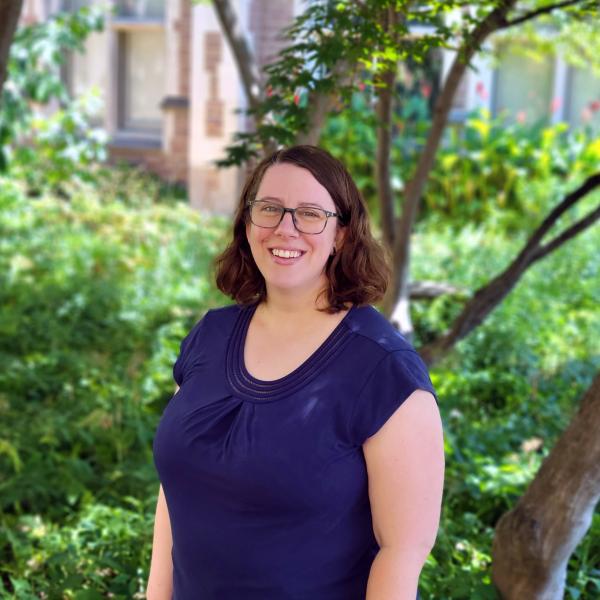
Want a healthy gut? Exposures in first year of life have long-lasting effects
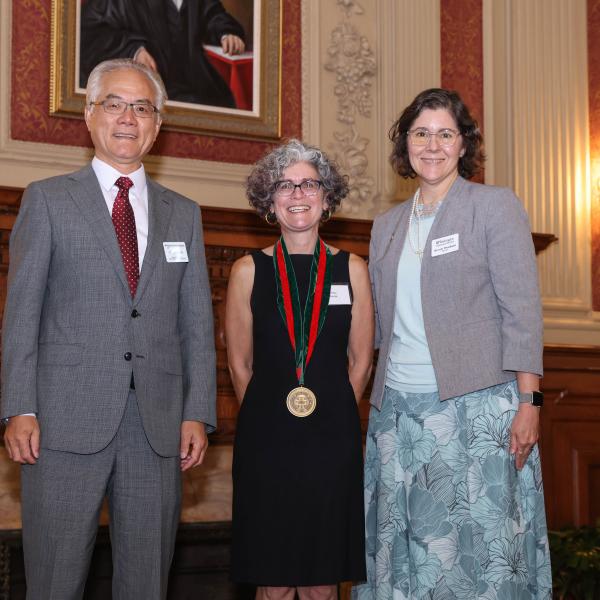
Levin installed as George William and Irene Koechig Freiberg Professor of Biology

Faculty Spotlight: Xuehua Zhong
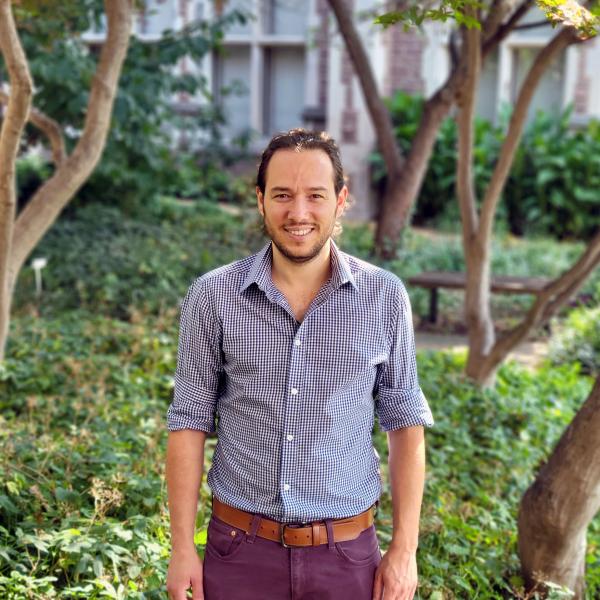
New faculty in Arts & Sciences: Fall 2023

You Believe Your Cat Loves You. Now Science Has Proof.

What an evolutionary biologist got wrong about cats
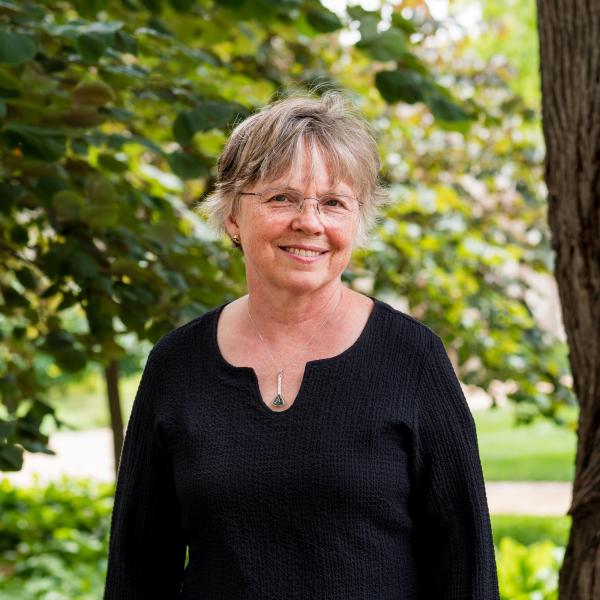
Watching Birds Is Study-Proven To Dramatically Lower Stress Hormone Levels — The New Bird Feeders That Make It Easy!

New Center for the Environment begins work

Race-based variations in gut bacteria emerge by 3 months of age
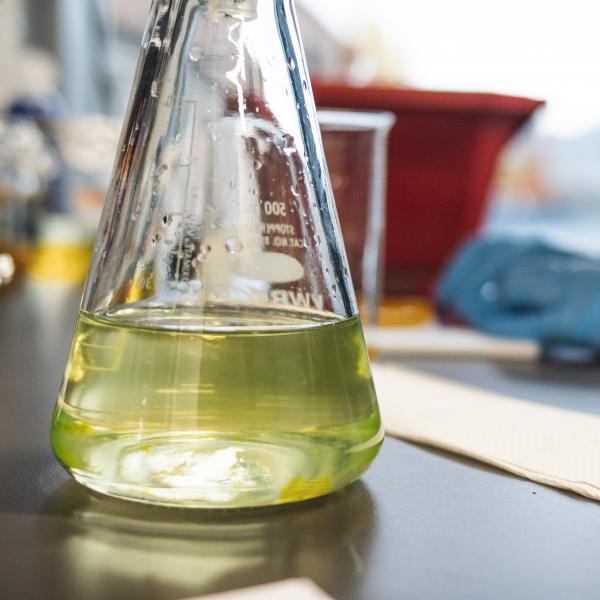
Meet our new faculty: Natural sciences and mathematics
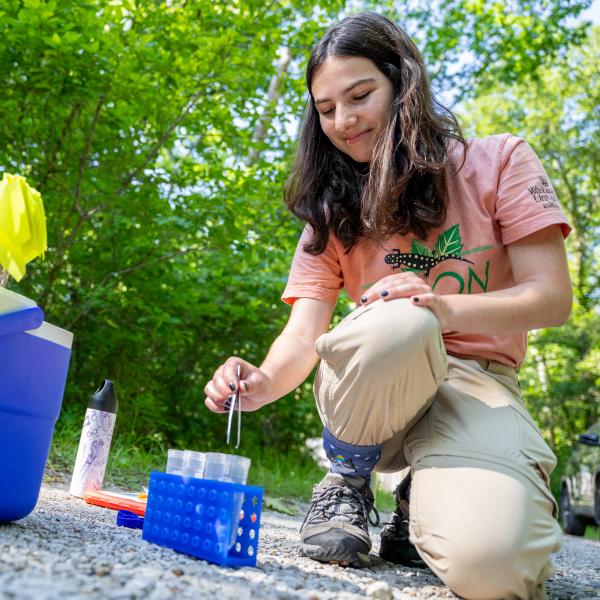
The ‘life-changing’ power of Arts & Sciences programs for high school students

Cats first finagled their way into human hearts and homes thousands of years ago – here’s how
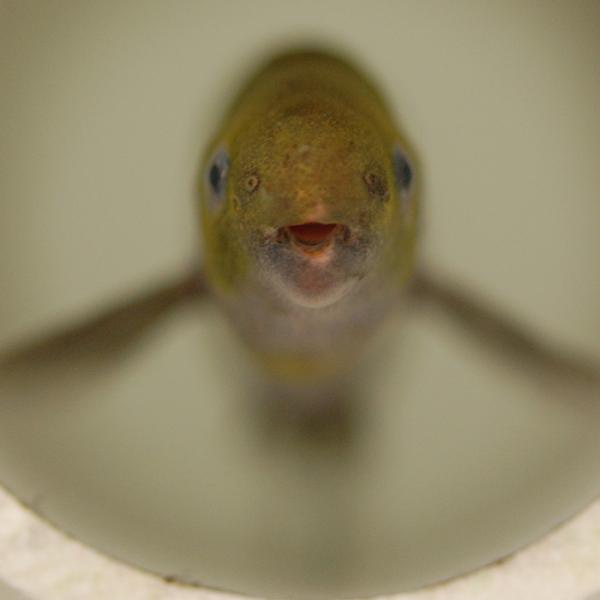
Hormone alters electric fish’s signal-canceling trick

Fossil skulls alone cannot predict if animal was warm blooded

The secret lives of cats, past and present
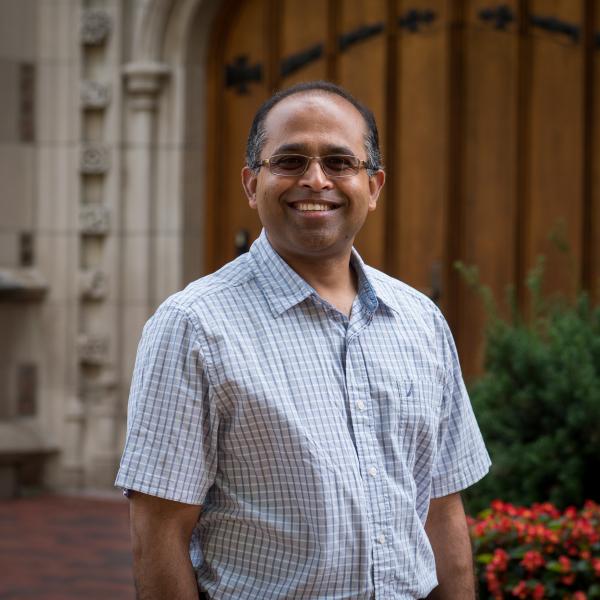
Welcoming Dixit as Biology Department Chair

Jez reflects on his time as Biology Department Chair

Study looks at summer solstice effect

The Best Summer Books Of 2023, According To Two Science Writers
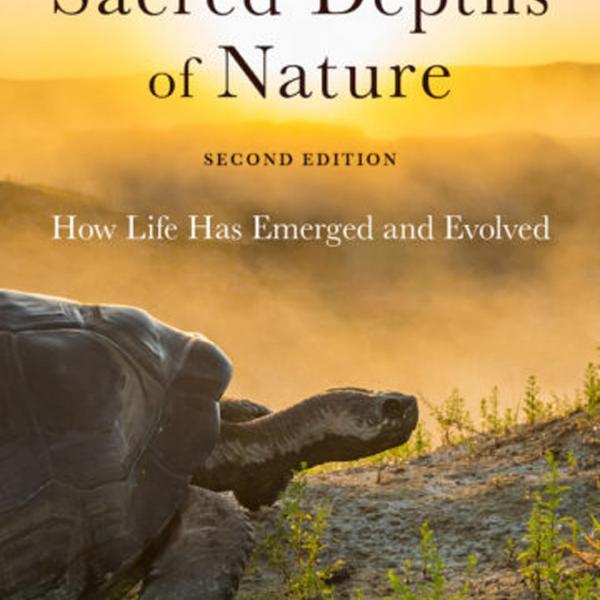
Wonder, enchantment and the epic of evolution
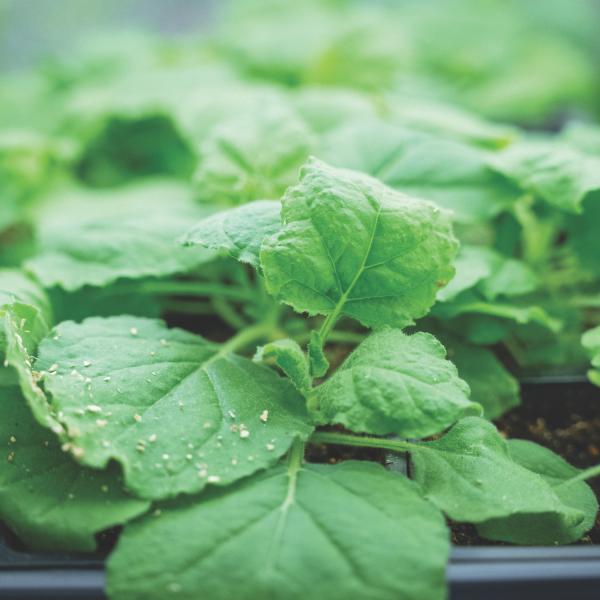
A plant research powerhouse
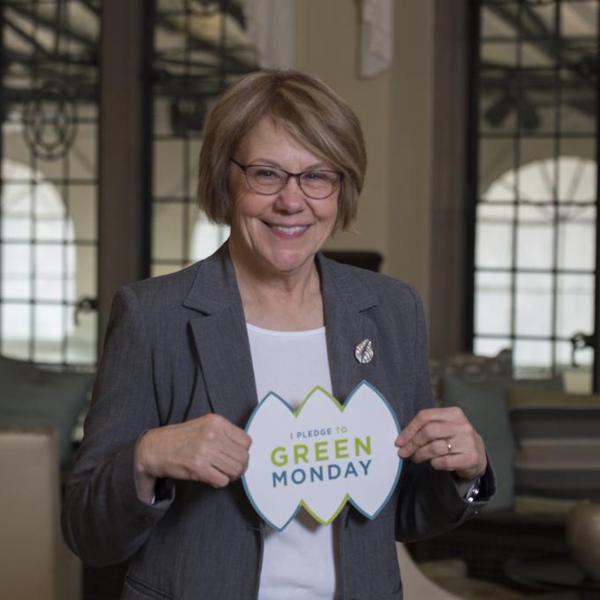
Schaal elected to The American Philosophical Society
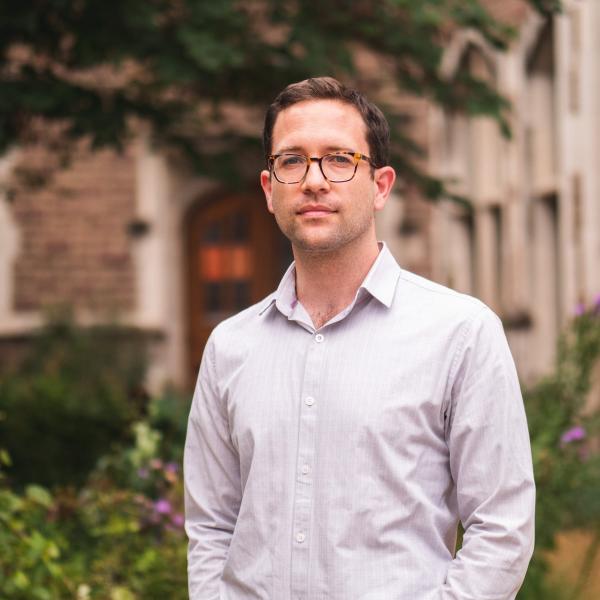
Butterfly beginnings: Butterfly tree of life reveals an origin in North America

Biologist Jonathan Losos on ‘How Cats Evolved from the Savanna to Your Sofa’
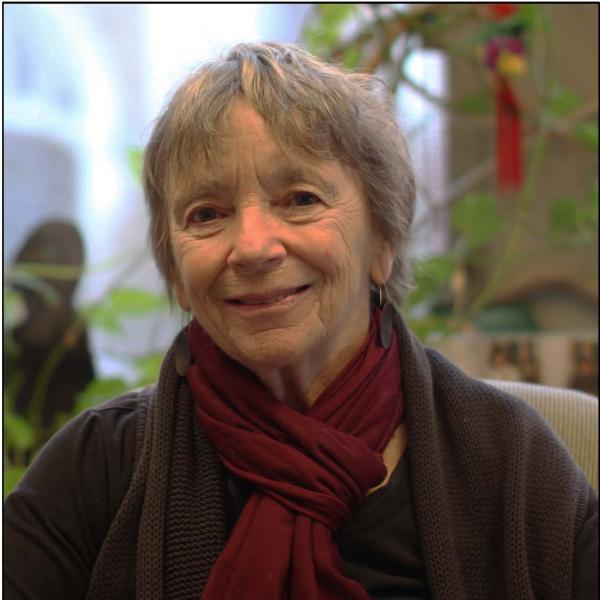
Goodenough, McKinnon elected to National Academy of Sciences

Genomics expands the mammalverse
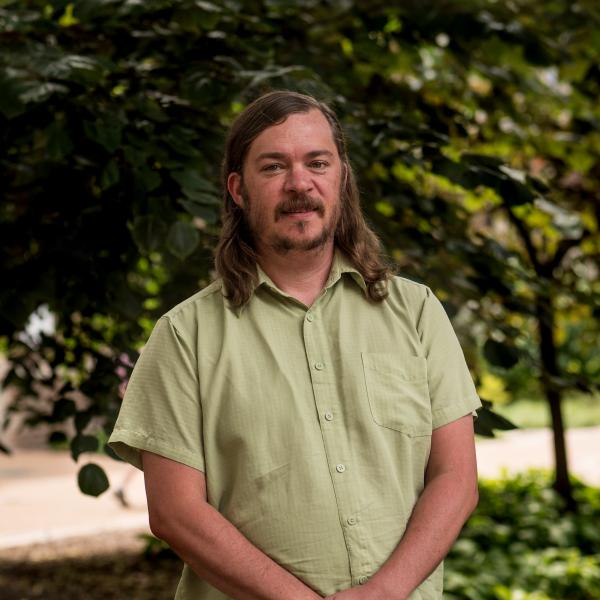
Integrating neuroplasticity and evolution
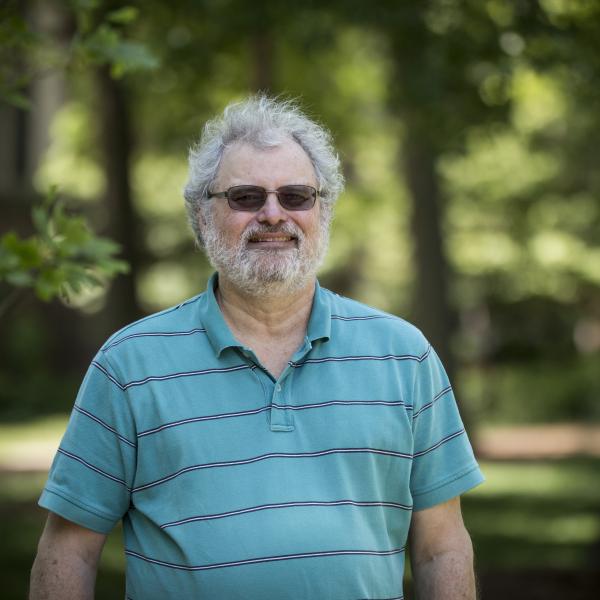
Scientists engineer the first light-powered yeast
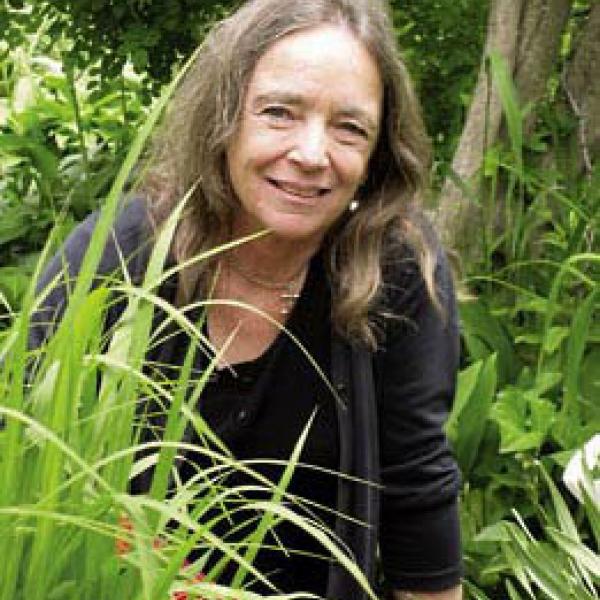
How life evolves: Exploring ‘The Sacred Depths of Nature’ with author and biologist Ursula Goodenough.

Our future hangs in the balance: climate change and biodiversity loss
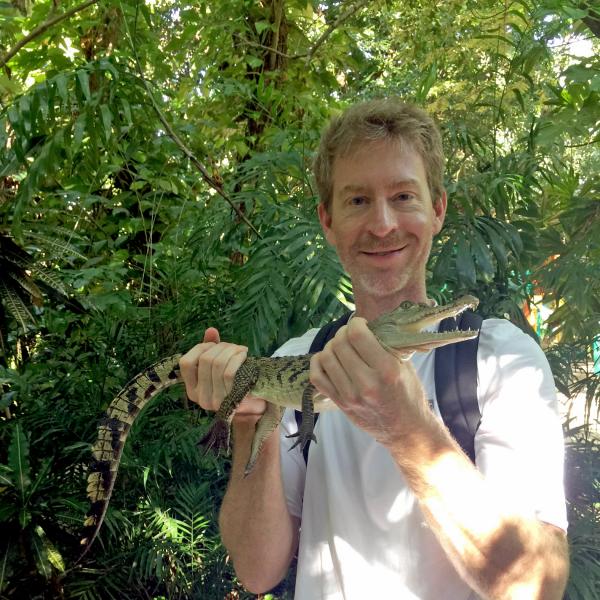
Faculty Spotlight: Mark Manteuffel, Instructor
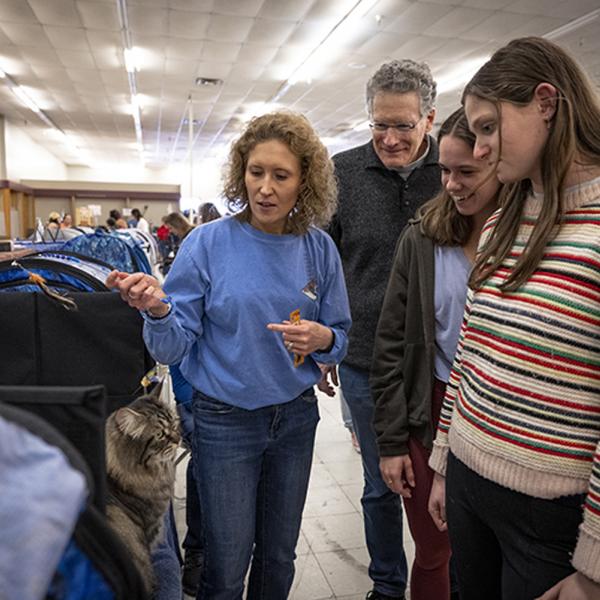
A cat’s-eye view of one of the most beloved pets

Penczykowski, Medley share seed grant to precisely measure St. Louis climate
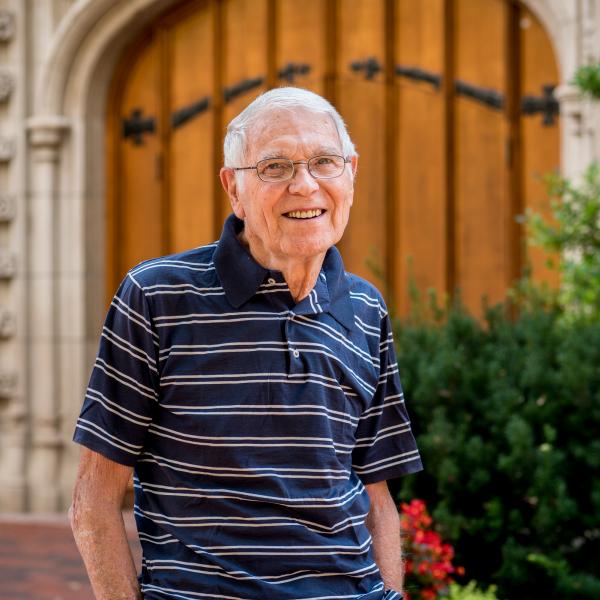
Garland E. Allen III (1936–2023): Leading historian of biology and social justice activist

Biofuels as petroleum alternatives: Closing the carbon cycle with bacteria
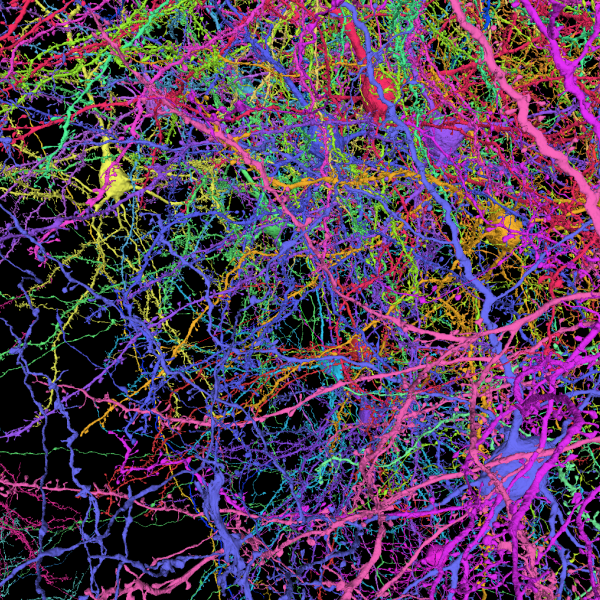
Decoding the chaos of cognition

Enjoying Birds with a Biologist Known for ‘Slow Birding’
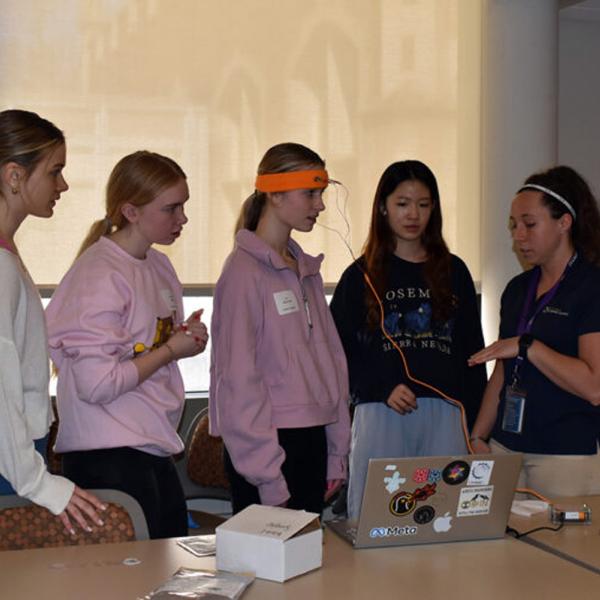
St. Louis high school students compete, meet experts at Brain Bee

Obituary: Garland Allen, professor emeritus of biology, 86

St. Louis Brain Bee event taking place this weekend

Q&A with Corey Westfall, Biology Lecturer

Penczykowski wins NSF CAREER award
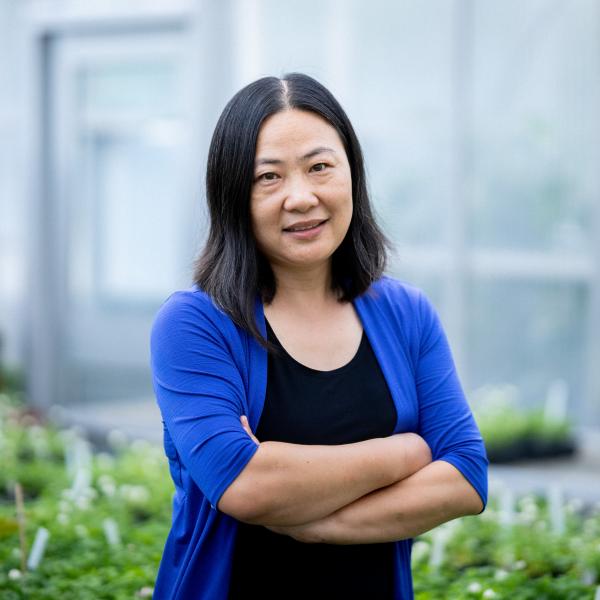
Plant-specific histone deacetylases associate with ARGONAUTE4 to promote heterochromatin stabilization and plant heat tolerance

When bugs swipe left

Microbes on a chip: How microfluidics can help us better understand and engineer electroactive microbes
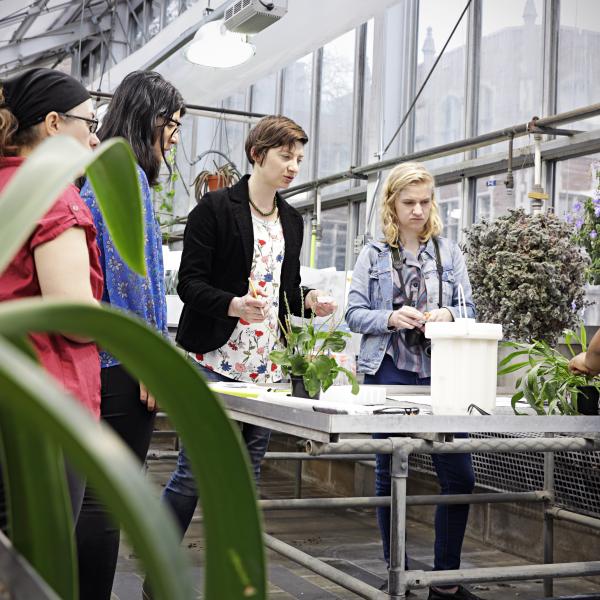
Penczykowski wins NSF CAREER award
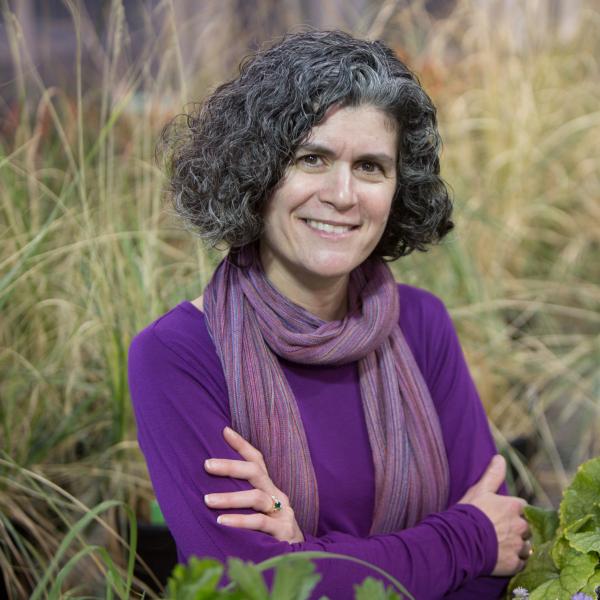
Beyond the average cell: Molecular biologists want to know what’s really happening inside individual living cells, not just how the mythical 'average' cell lives
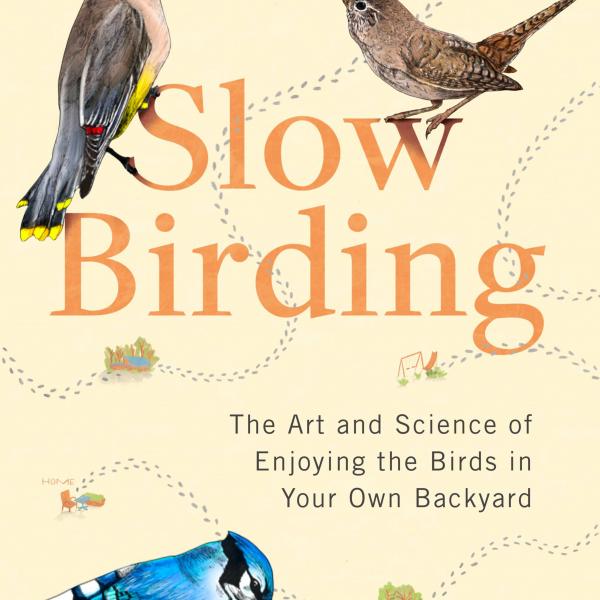
After a Frantic Year, It’s Time for ‘Slow Birding’
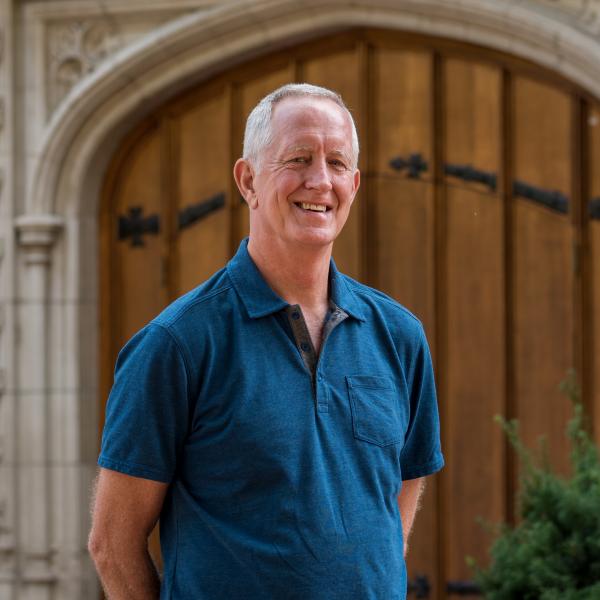
Vierstra receives $1.3 million grant
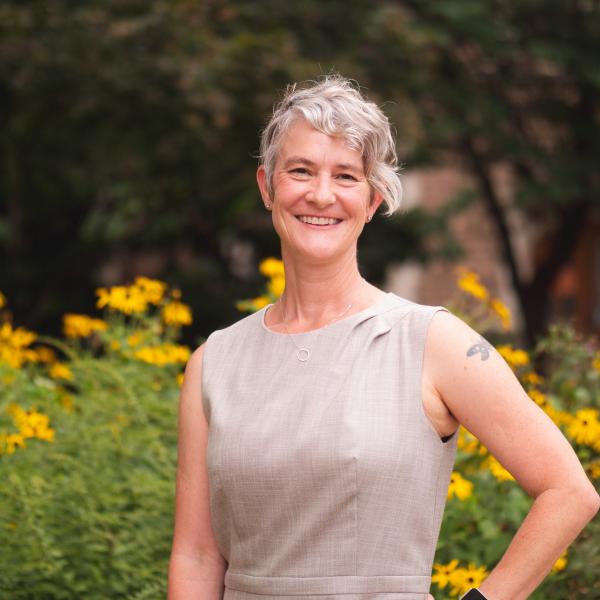
The mystery of the mimic plant
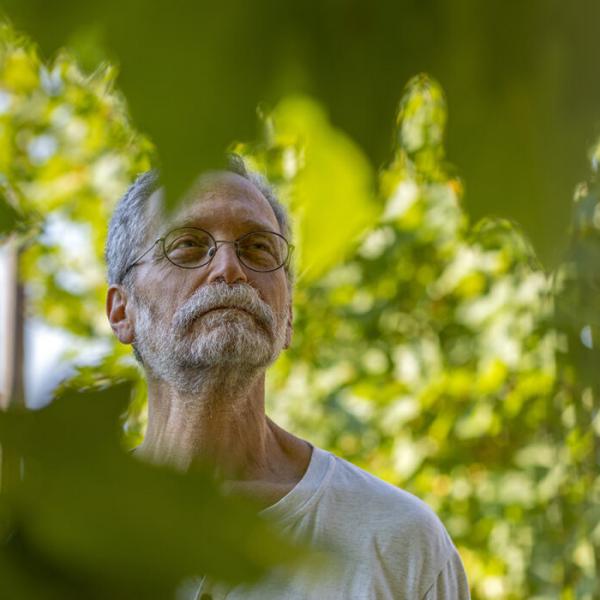
Planting for the future: Arboretum curator Stan Braude shares his goal for the campus landscape as well as for those who enjoy it.
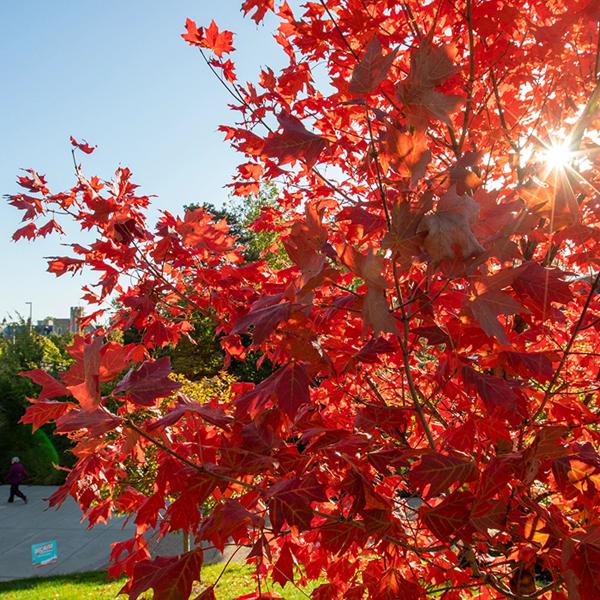
Displays of Fall Leaves Won’t Change Much with Climate Change, But Leaves May Become Less Brilliant

Incubator for Transdisciplinary Futures announces first round of funded projects

Birdwatching Has Big Mental-Health Benefits. Here’s How to Start

Slow Birding

Keeping creativity at the heart of science

Kranz laboratory biologists report structure of heme transporter
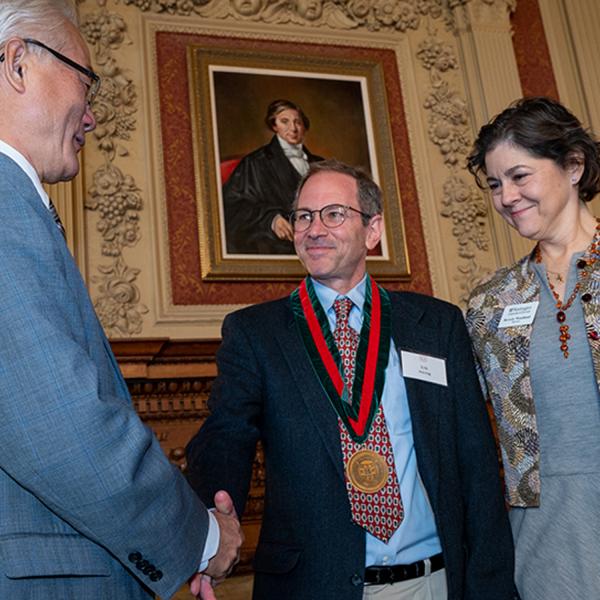
Herzog installed as Viktor Hamburger Distinguished Professor
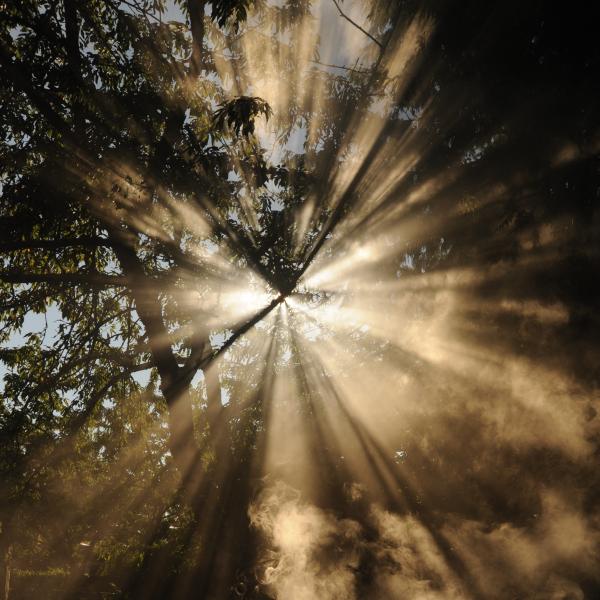
Arts & Sciences announces fall 2022 SPEED grant winners
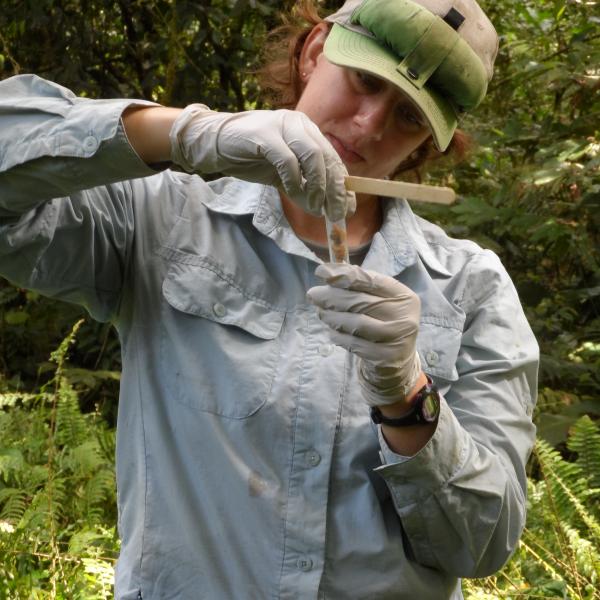
Mallott's path to microbiome research

Why Fall Color Will Fade

Really watching those birds: ‘slow birding,’ with joan strassmann

Humans Are Hardwired to Cheat. Here’s How We Stop Ourselves.

Diversity Feeds Discovery: Spotlight on Arpita Bose

A disordered domain plays a key role in cell division

Life & Work with Joan Strassmann

Biologist Wang to explore formation and regulation of key organizing complex in animal cells
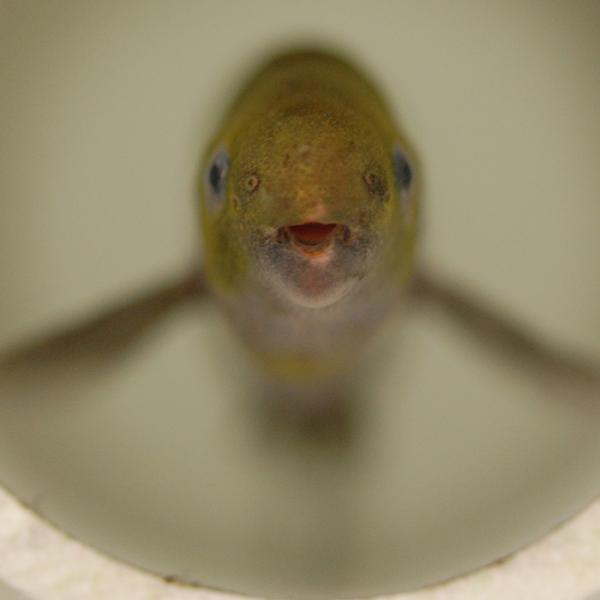
Using electric fish, biologist Carlson to study neuroplasticity and behavioral evolution

Hidden microbiome fortifies animals, plants too

The icing on the cake: Biologist applies epigenetics to challenges in medicine, agriculture

No, autumn leaves are not changing color later because of climate change
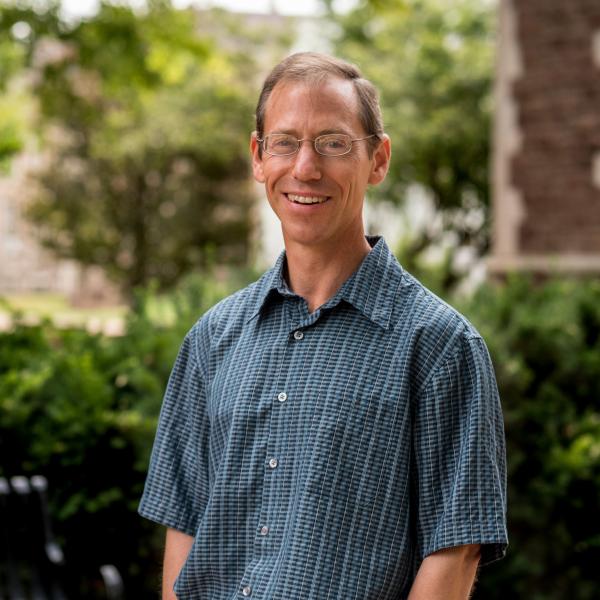
Rice Growers Continue to Battle Weedy Enemy
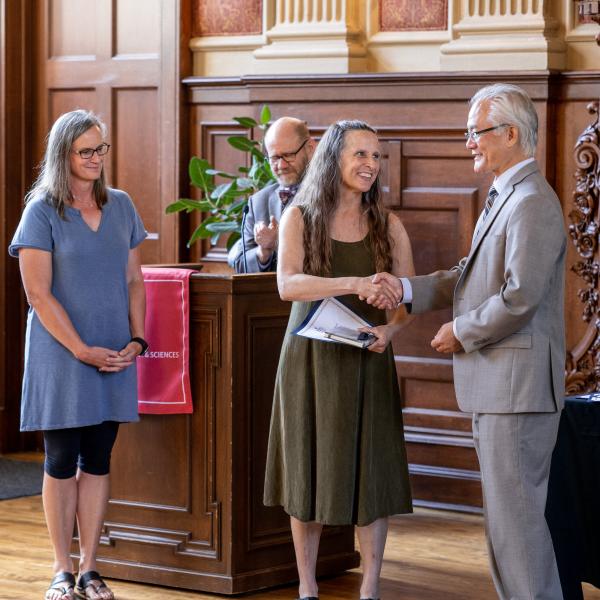
Celebrating outstanding faculty and staff

Bose participates in White House summit on American bioeconomy
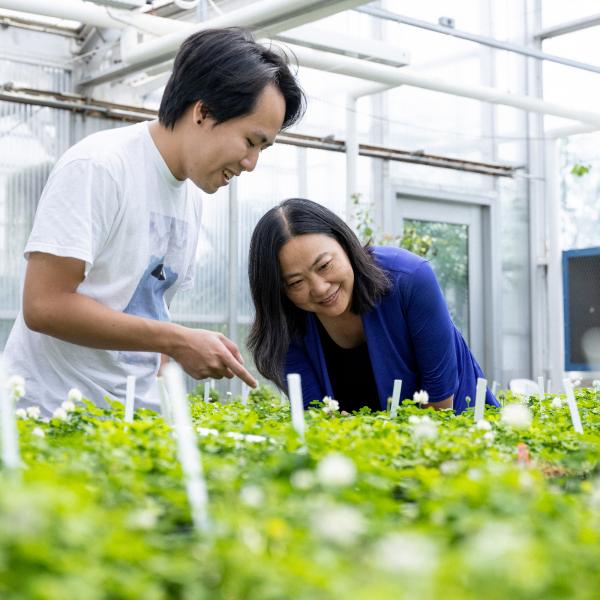
Meet our new faculty: Natural sciences and mathematics

Weedy rice has become herbicide resistant through rapid evolution

Sound may be key to separating molecules, cells

Congratulations to the Neuroscience Community Award Winners!

Modified nucleotides used in COVID-19 vaccines work as designed

Improving microbial electrosynthesis with novel cathode modifications

Evolution Only Thinks About One Thing, and It’s Crabs
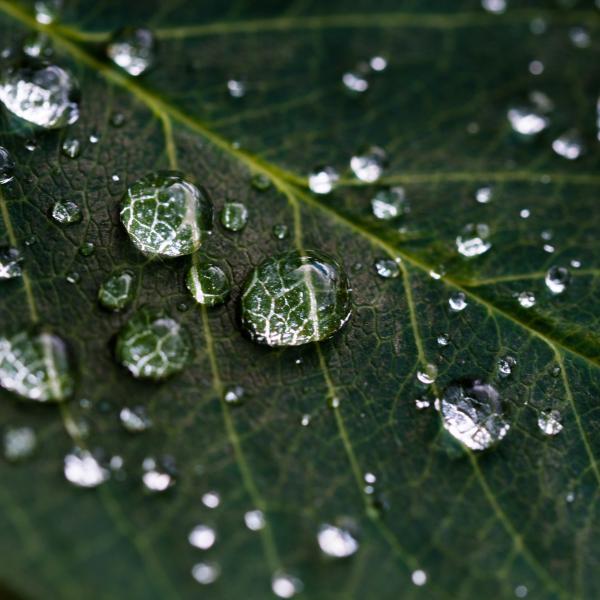
Science research roundup: July and August 2022
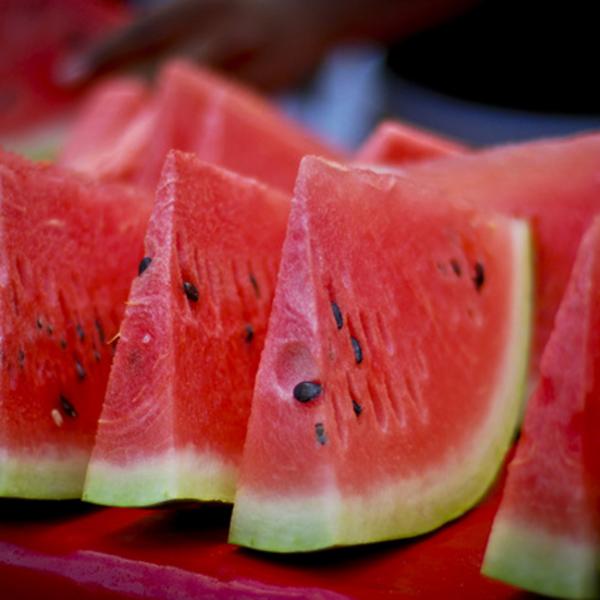
Seedy, not sweet: Ancient melon genome from Libya yields surprising insights into watermelon relative

Retraction with honor
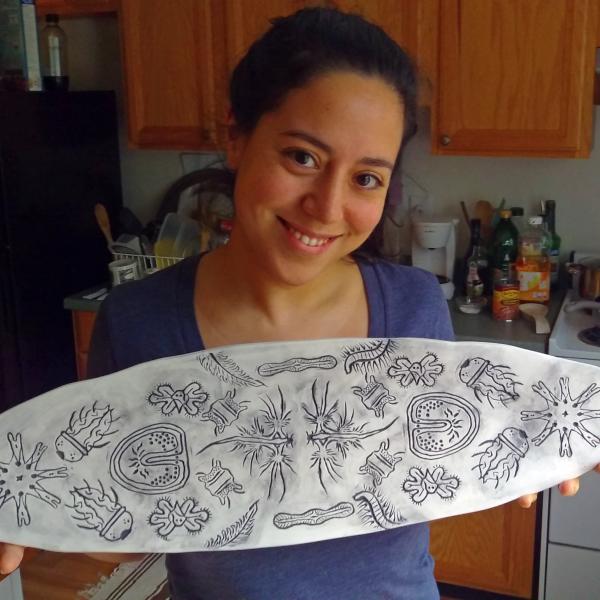
Özpolat talks about regeneration research and science-inspired pottery

Does this gopher ‘farm’ the roots it eats?: Root-cropping behavior may represent a kind of husbandry

A bacterium that is not a microbe

Zhong Lab's review article featured in Current Opinion in Plant Biology

Zhong Lab's paper featured in Nature Communications
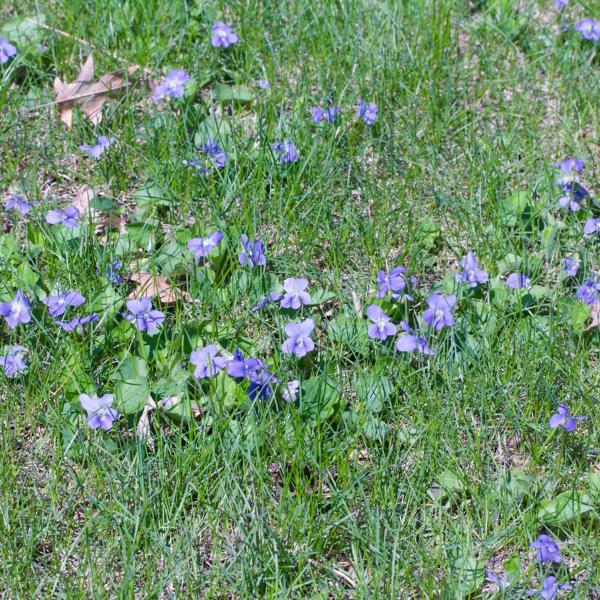
Study: Climate change improves violet blooms, but there’s a hitch
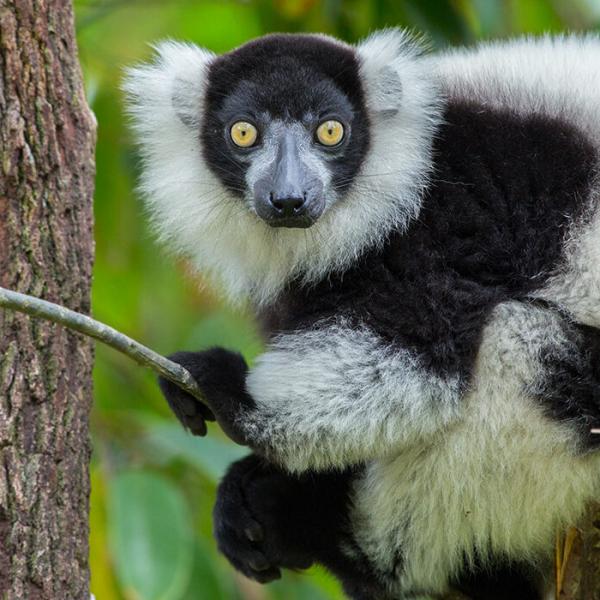
Endangered species need help: No biology expertise required
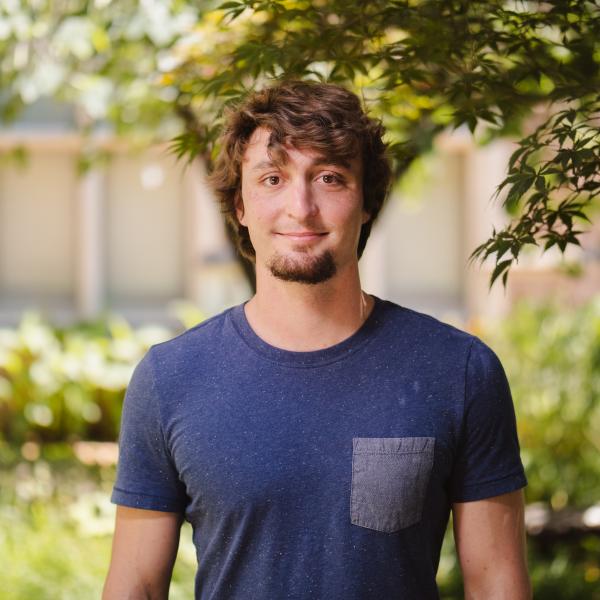
Study points to Armenian origins of ancient crop with aviation biofuel potential
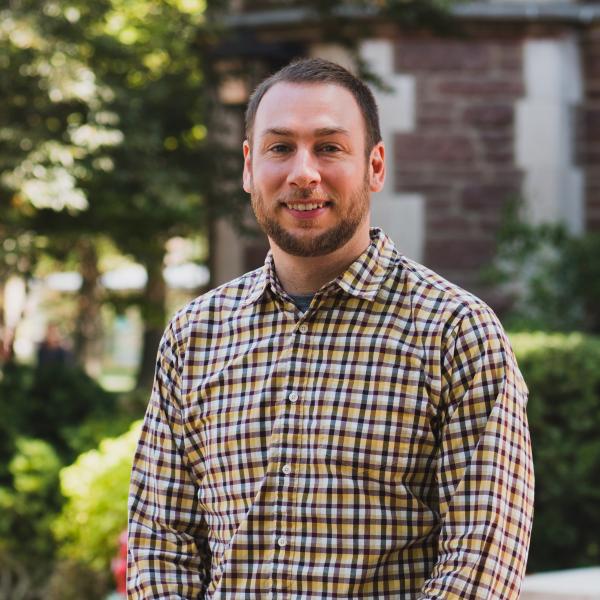
Spatial aspects of biodiversity important for healthy forests

Urban bees collaboration wins USDA grant

World’s biggest bacterium found in Caribbean mangrove swamp

Climate Change and Common Violets

A piece of the puzzle into climate research: freshwater wetlands microbes

Science research roundup: May 2022

Flight, Feathers, and Freedom: What birds mean to us and why we should treat them better.
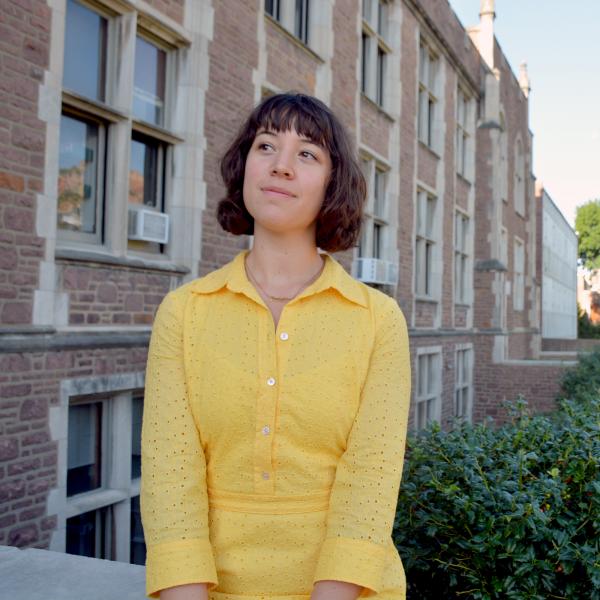
Could soil microbes be a solution to the climate crisis?

Arts & Sciences announces first cohort of SPEED grant recipients
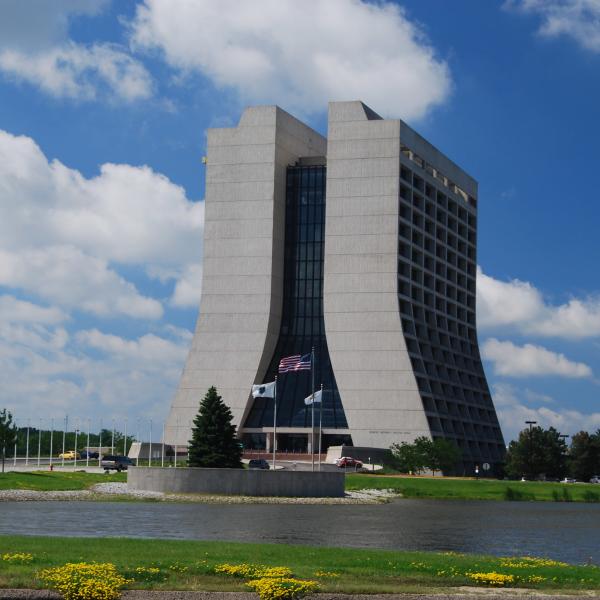
Science research roundup: April 2022
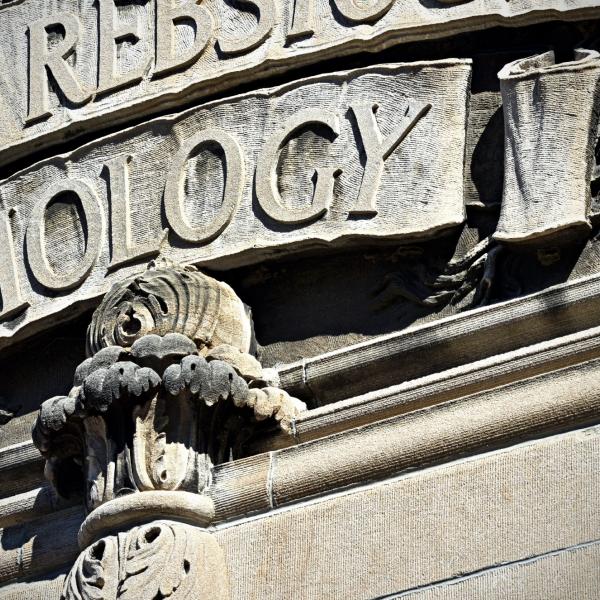
Champion for equitable education, May honored with Ethic of Service Award
Climate Change Is Shrinking Animals, Especially Bird-Brained Birds
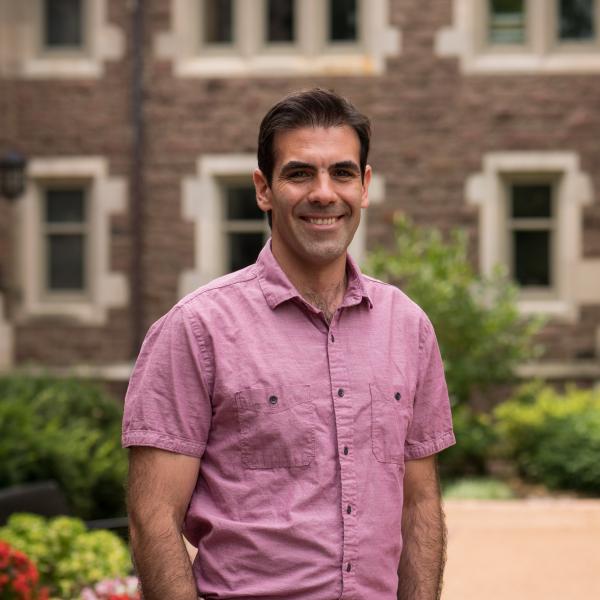
Brains and brawn helped crows and ravens take over the world

From rare soil microbe, a new antibiotic candidate
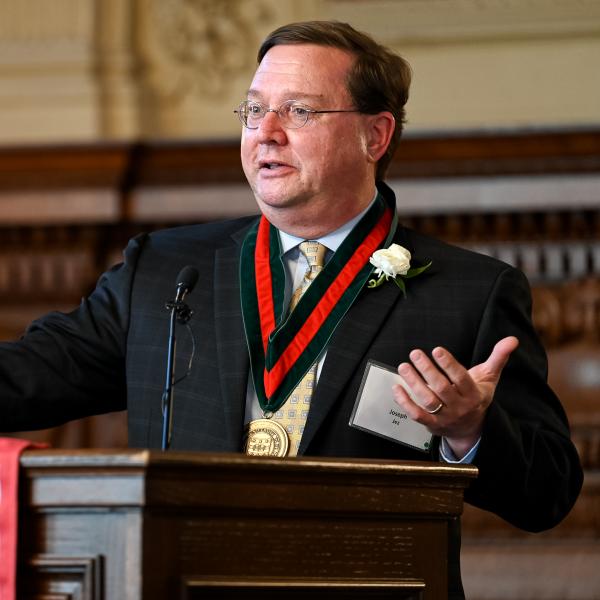
Jez installed as the Spencer T. Olin Professor of Biology

Into the wild
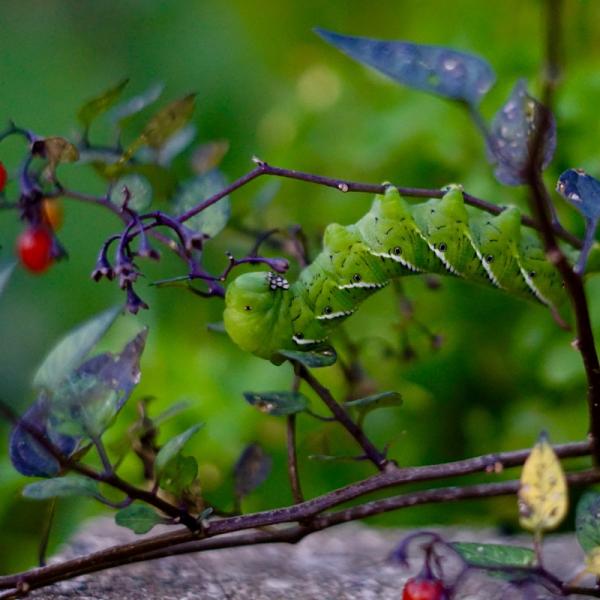
Environmental researchers celebrate Earth Month all year

Board grants faculty appointments, promotions, tenure
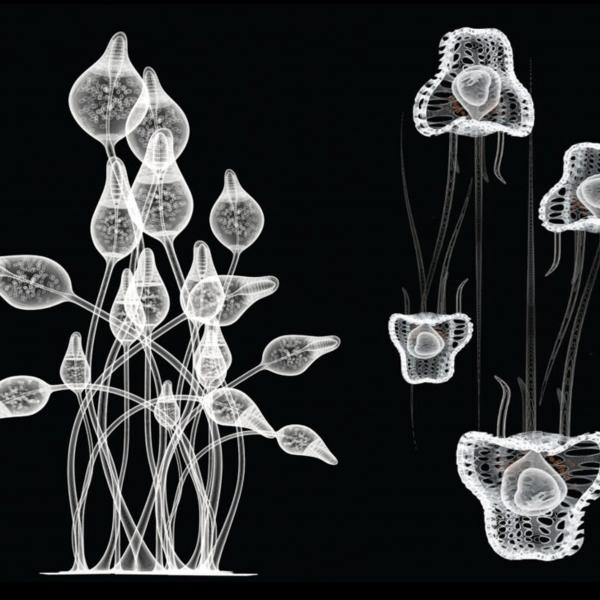
Architecture, biology and ‘Cellular Transformations’

Molecular ‘blueprint’ illuminates how plants perceive light

Daylight saving time year-round would make our lives worse, Wash U expert says

Barbara Schaal returns to teaching with a new course on biology and environmental policy

Renner edits special issue on separate sexes in plants
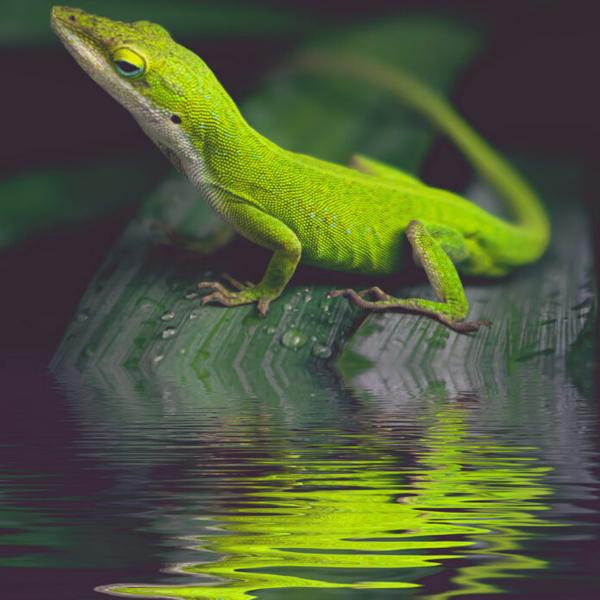
New model predicts how geographic features influence evolutionary outcomes

The Senate Just Voted for You to Get Less Sleep, Expert Says

Why Do Lizards Do Pushups? 7 Strange Facts You Didn't Know About the Reptiles

A predator could have sent hundreds of blackbirds crashing to their death in Mexico
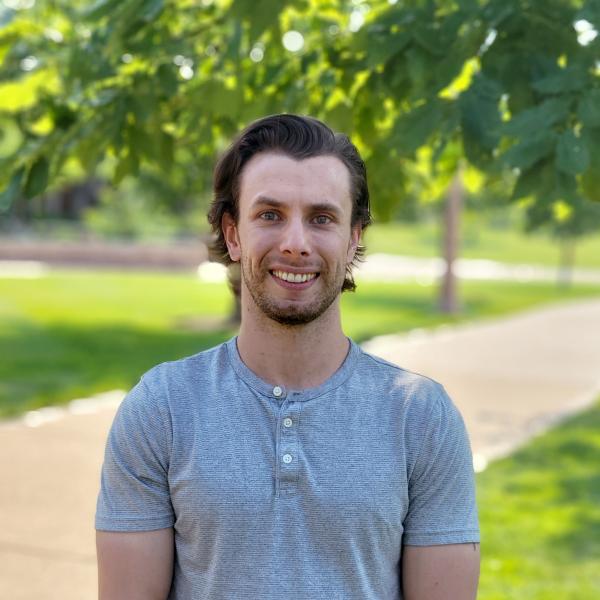
Decarbonization with microbial electrosynthesis
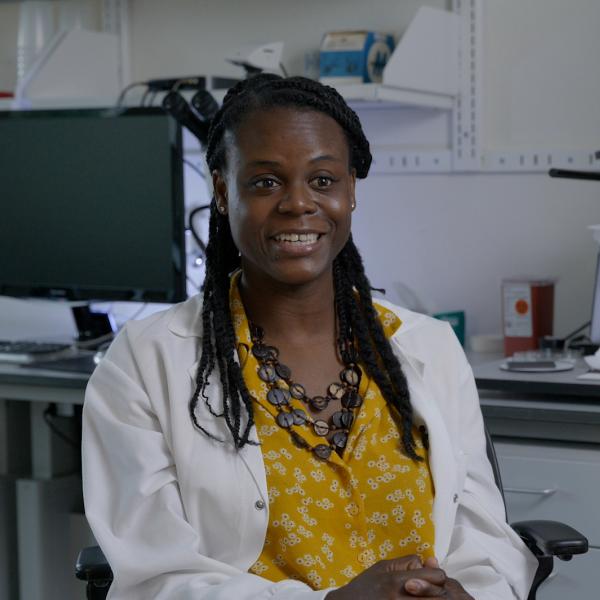
Sneaky male guppies affect food web dynamics
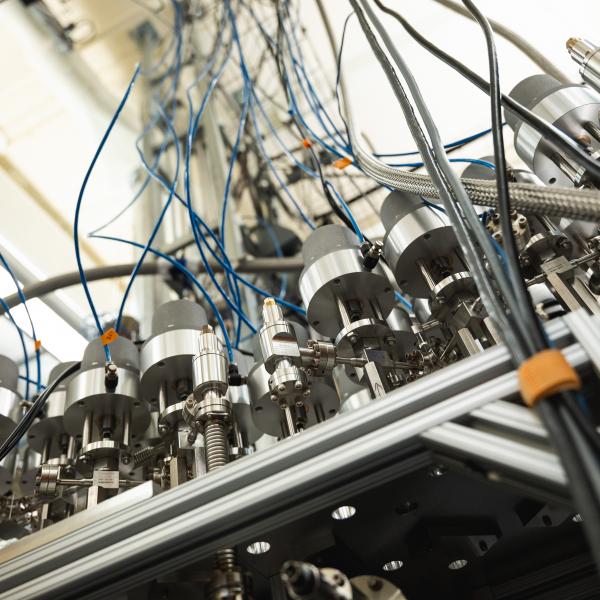
Science research roundup: February 2022
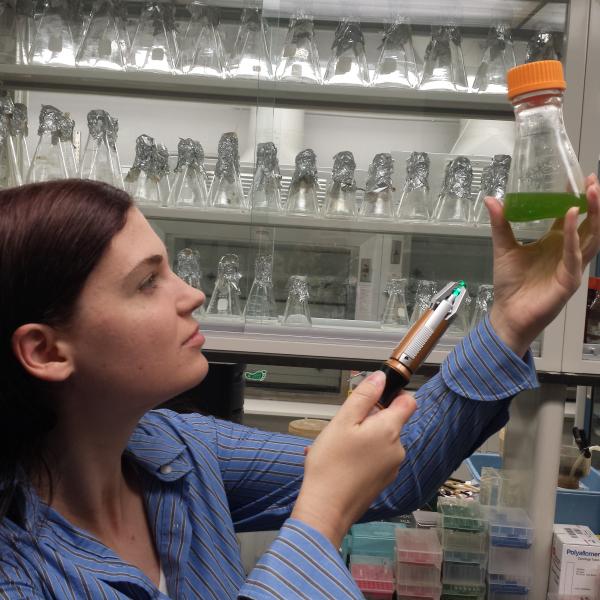
Goins joins Biology with a passion for helping all students succeed
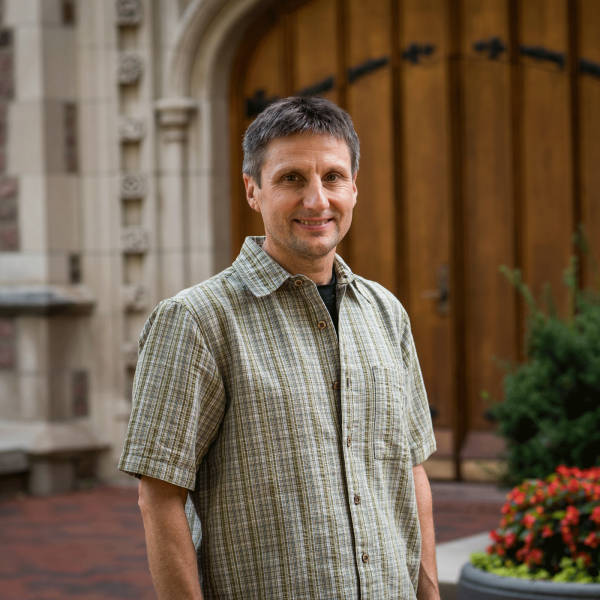
Chalker Lab and ISP to expand and sustain hands-on science in K-12 classrooms using Tetrahymena
How birds are adapting to climate crisis-CNN
Brainy birds may fare better under climate change

Herzog to test how cortical neurons, hormones regulate daily patterns of behavior

AAAS names eight Washington University faculty as 2021 fellows

Seed production, recruitment affect how trees are migrating due to climate change

Chalker to expand hands-on science in K-12 classrooms

Levin wins NIH grant

Vierstra receives NIH grant
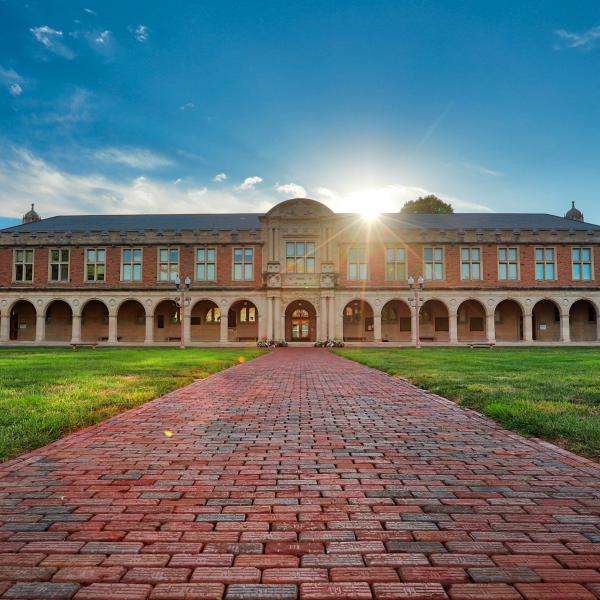
2021: A year of outstanding accomplishment
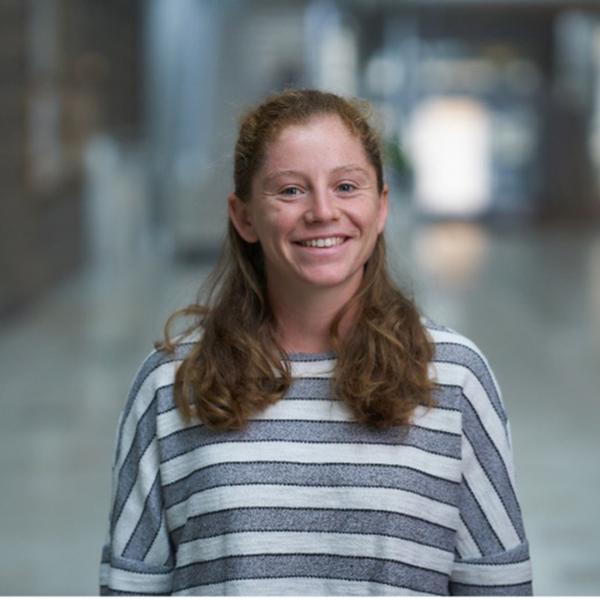
Student of sleep: A profile of Lizzie Tilden

From Microbes to the Climate Crisis: An Interview with Microbiology Professor Arpita Bose

Microbial electrosynthesis for sustainable bioproduction
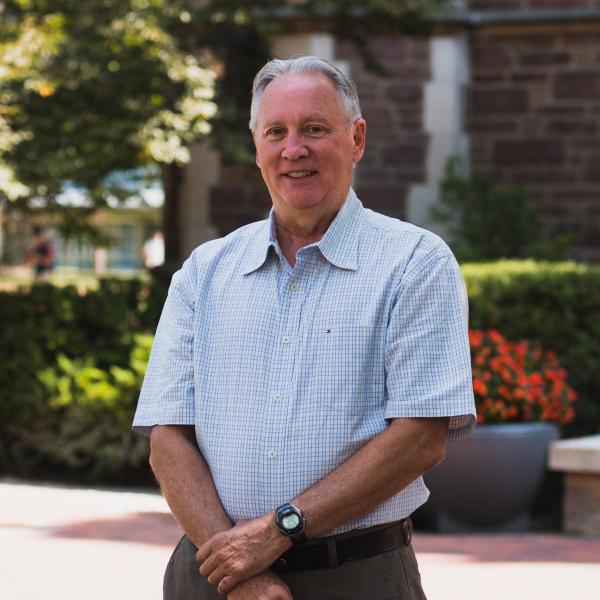
A pathway emerges Biologists describe structure and function of a heme transport and assembly machine

43 years later, alumnus reflects on professor who helped him achieve his life goal
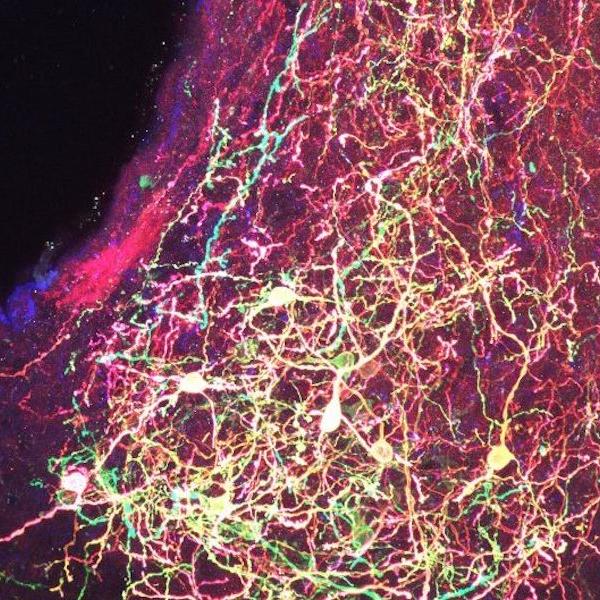
Science research roundup: November and December 2021
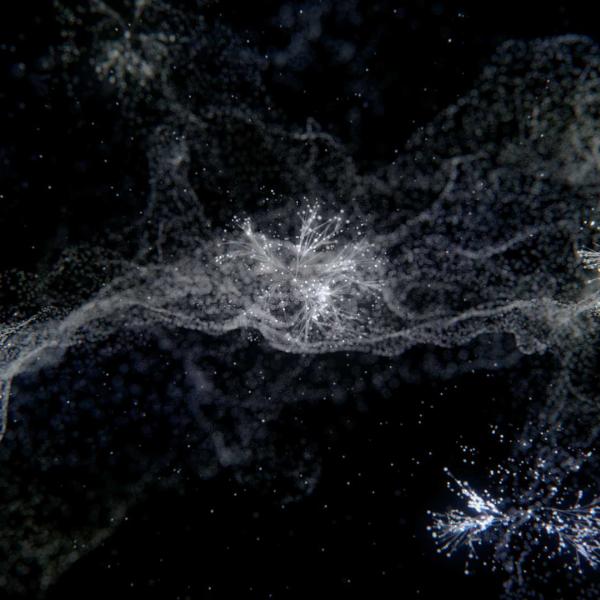
Arts & Sciences faculty among world’s most highly cited researchers

The arsenal of molecular biology to combat the climate crisis

No, St. Louis is not arriving later at peak fall foliage. A biologist explains why

Why is the North American fall so red, compared with Europe?

Microbial electrosynthesis for sustainable bioproduction

WashU Expert: Time to retire daylight saving time

Islands are cauldrons of evolution: Study explores adaptation in island, mainland anoles

First artificial scaffolds for studying plant cell growth
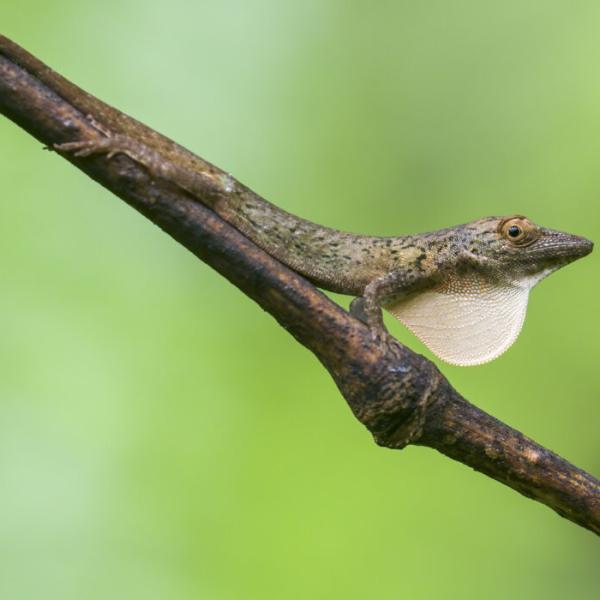
Islands are cauldrons of evolution: Study explores adaptation in island, mainland anoles
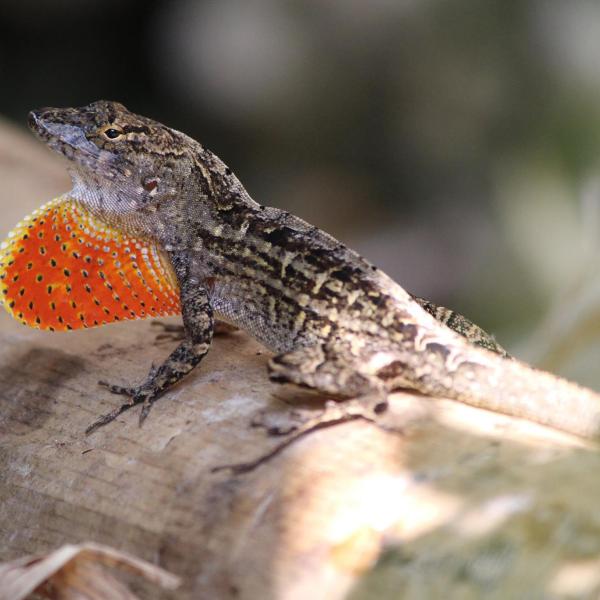
The new-new kids on the block: hybrid lizards
Recognizing outstanding faculty and staff
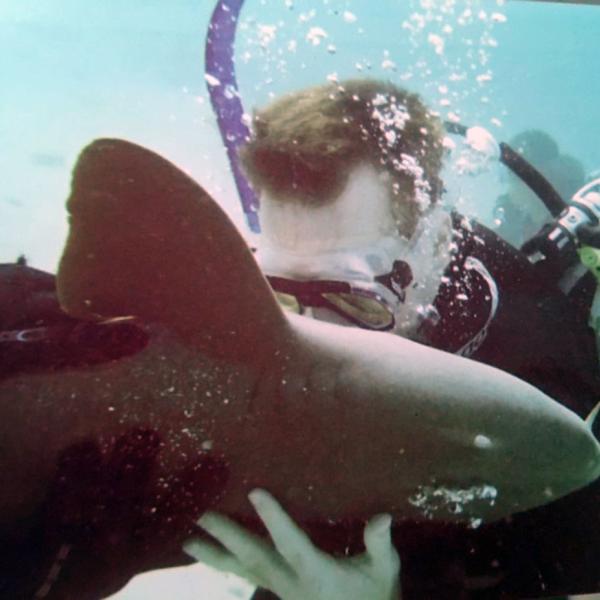
Faculty spotlight: Anthony Smith, assistant dean and academic coordinator
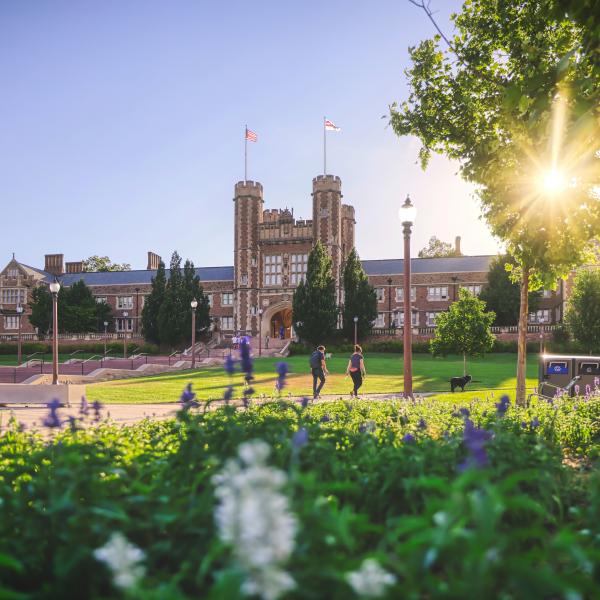
Three new faculty searches seek to address environmental racism in St. Louis and beyond
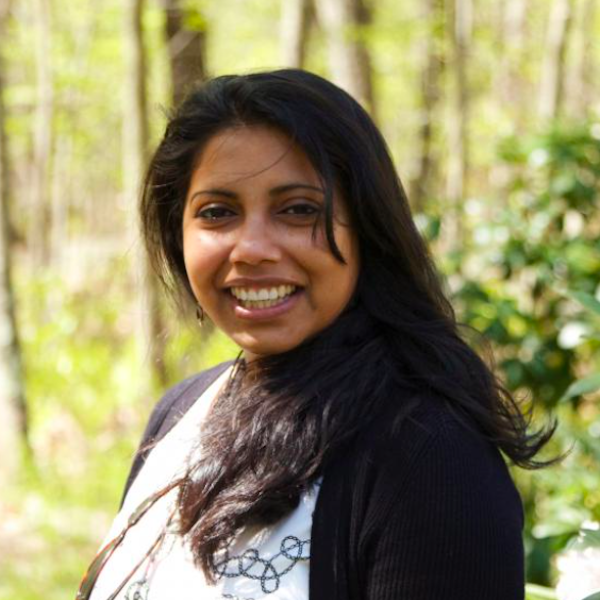
A&S Faculty and Staff Awards
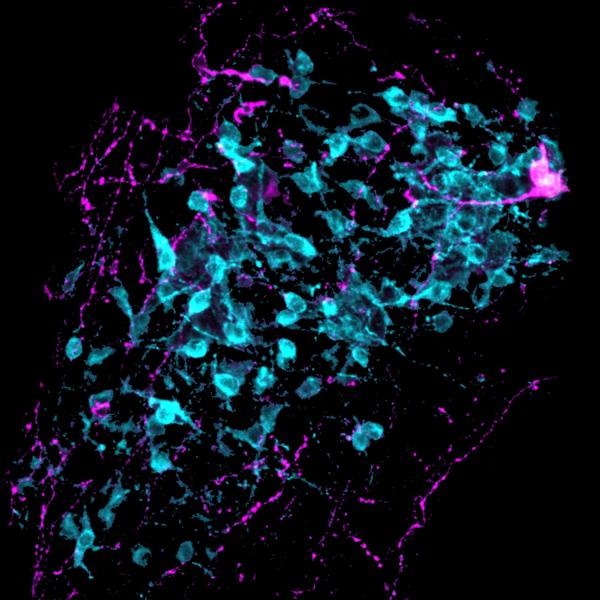
‘Fight or flight’ – unless internal clocks are disrupted, study in mice shows

These Bacteria Steal from Iron and Could Be Secretly Helping to Curb Climate Change
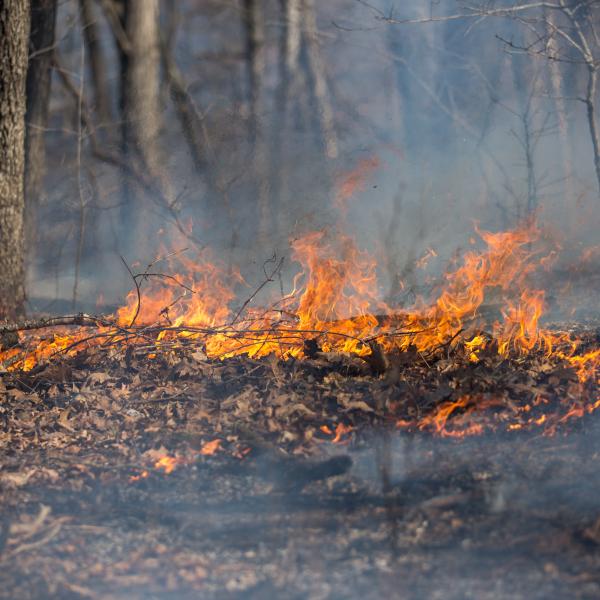
Hot topic: Fire and biodiversity in the Missouri Ozarks

Behold the humble water flea, locked in a battle of mythological proportions

Dr Arpita Bose – Harnessing Microbes to Produce Sustainable Plastics and Biofuels

Missouri Wetlands Could Hold Smallest Weapon For Fighting Climate Change
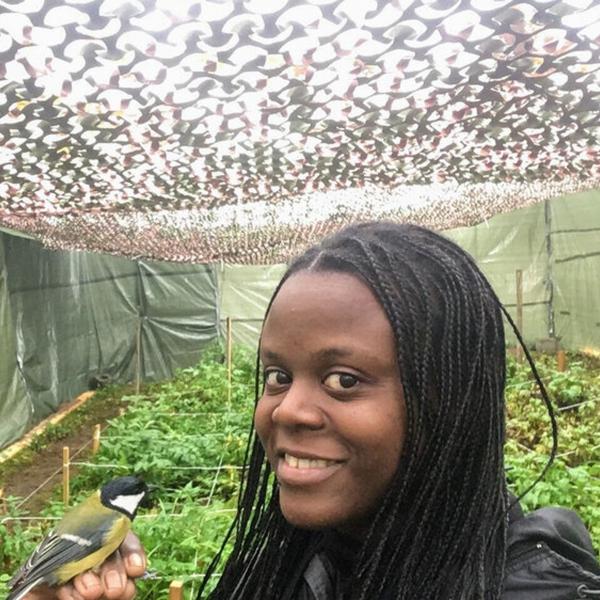
This Wasp Nest of Mine, I’m Gonna Let It Shine
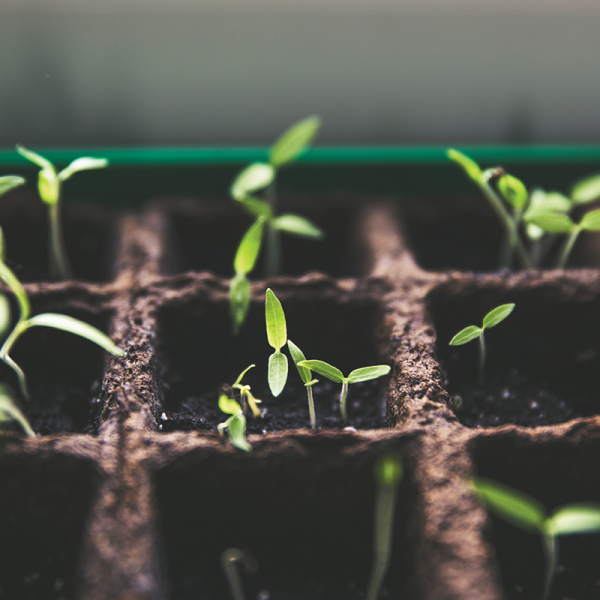
Meet our new faculty: Natural sciences and math

Bose awarded Anant Fellowship for Climate Action
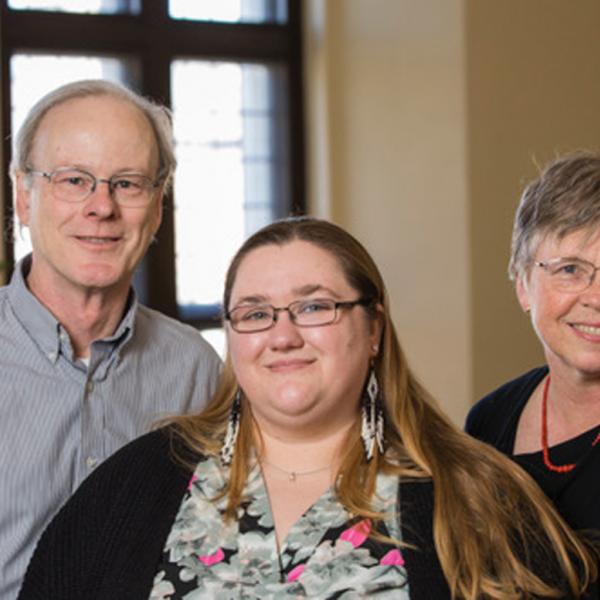
More Fun Than Fun: Plants Also Have Their Social Lives and Family Disputes
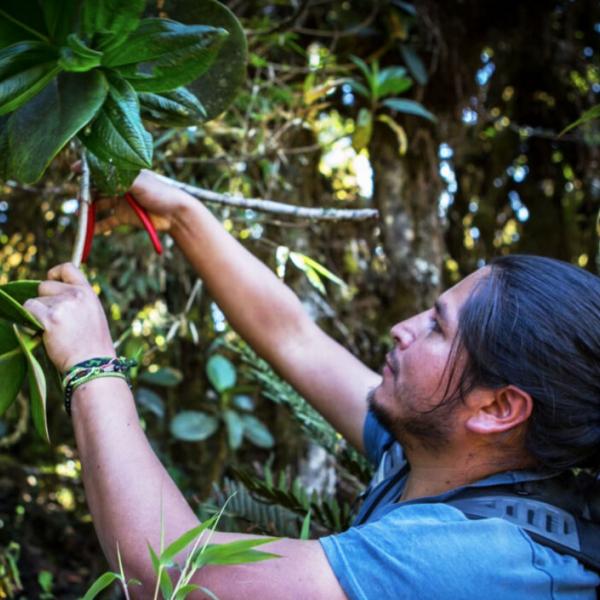
For larger, older trees, it’s all downhill from here
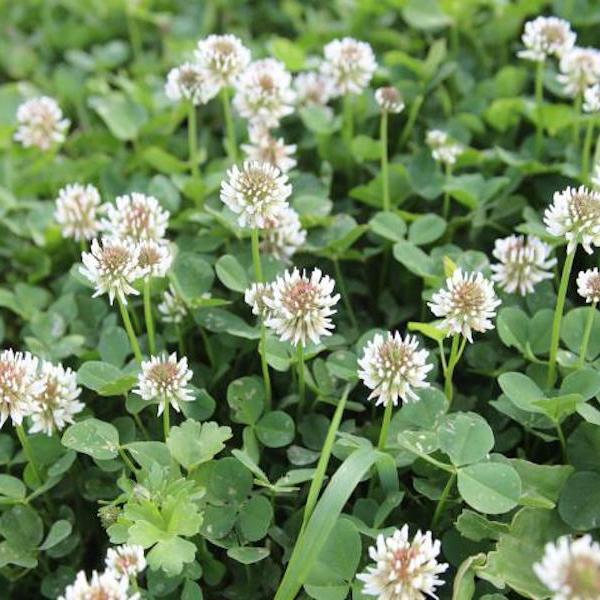
White clover’s toxic tricks traced to its hybridization

This Fish Is The Master Of The Poignant Pause
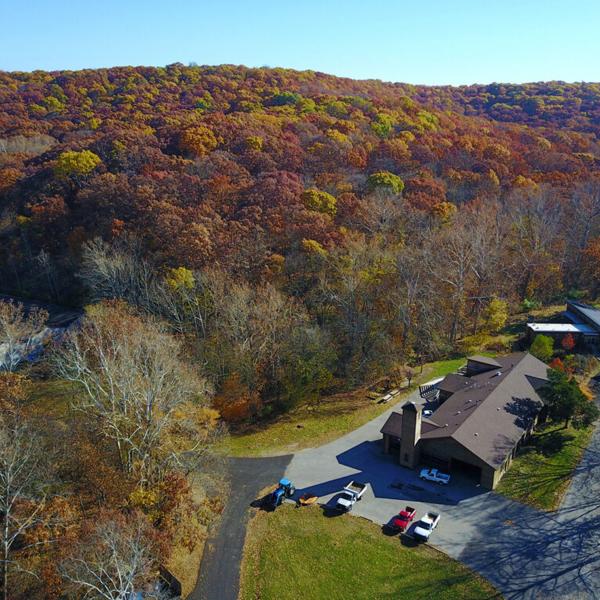
In search of refuge Researchers look at whether Ozark oases at Tyson Research Center — climate change refugia — could help species persist in spite of rising temperatures.

Pakrasi to work on positive farming effort
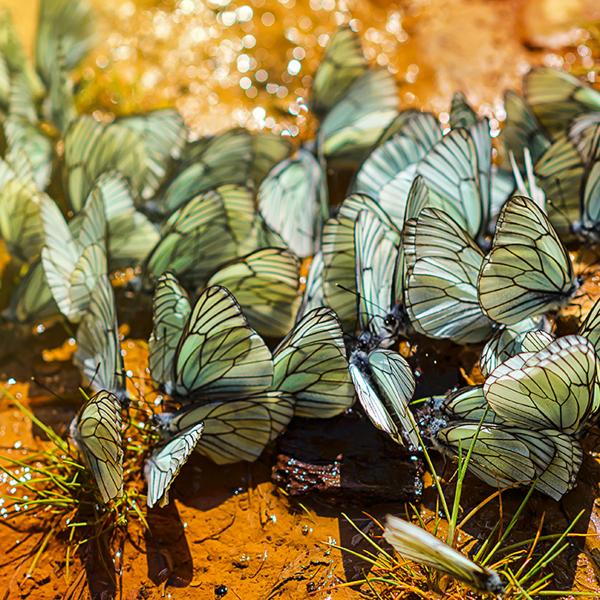
A brief history of the cabbage butterfly’s evolving tastes
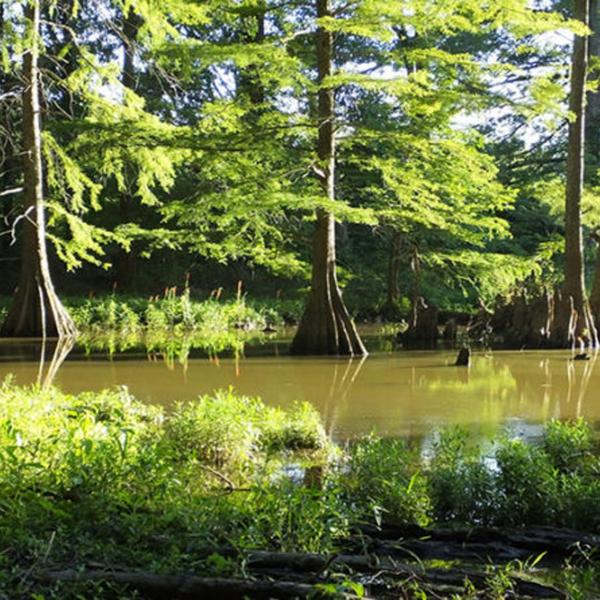
Discovery of CO2-absorbing bacteria in Missouri bolsters wetlands’ importance in combating climate change
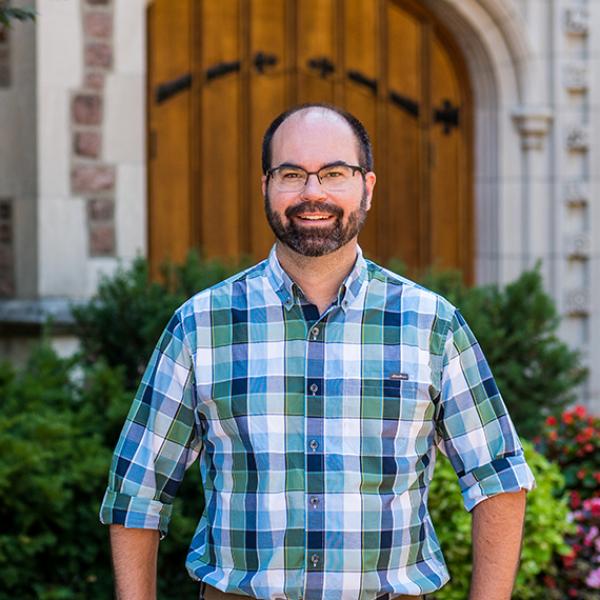
What’s Holding Streptomyces Back from Producing Gene-Encoding Drugs?
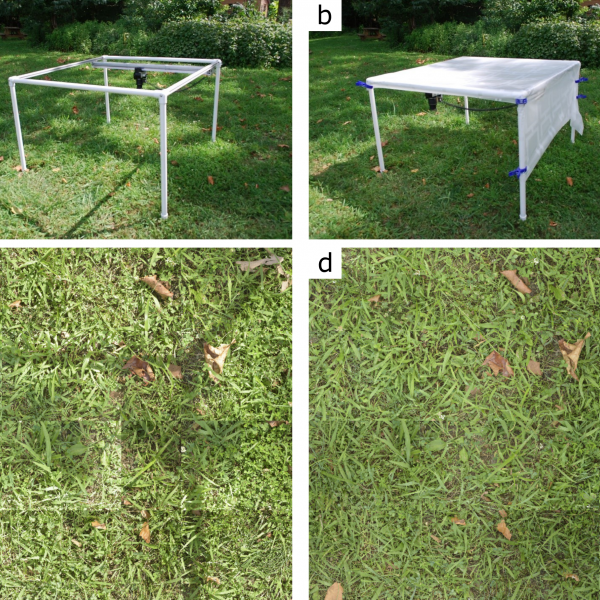
An ecologist and an engineer come together to create Robotany: a portable, low-cost platform for precise automated aerial imaging of field plots

Depth of perception: In plant cells, a conserved mechanism for perceiving mechanical force resides in unexpected location

When stubborn bugs refuse to make drugs
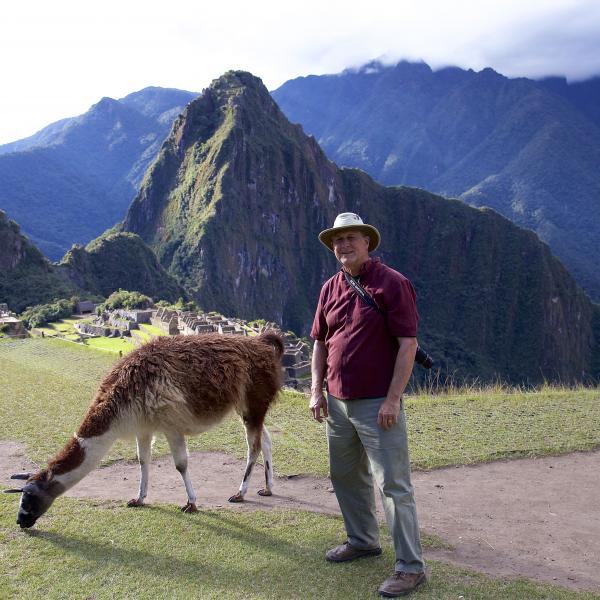
The Exit Interview: Dan Hanson

A bubble of air lets some lizards breathe underwater

Living Earth Collaborative announces 2021 seed grant recipients
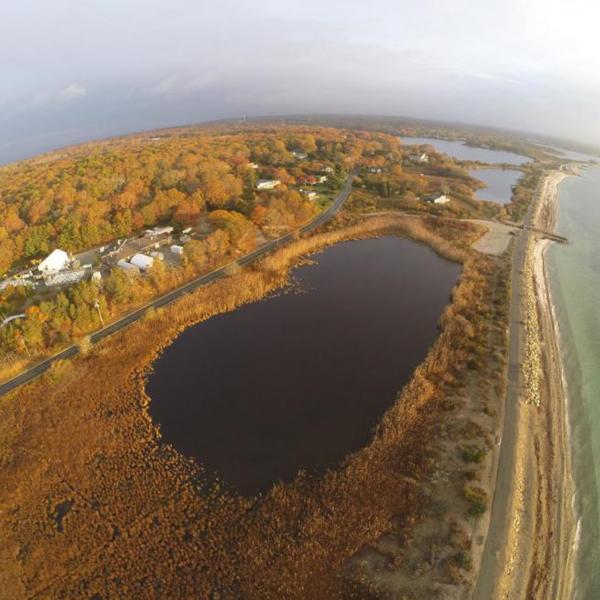
These Bacteria Could Help Fight Climate Change, A 'Serendipitous' Finding

Electricity-eating bacteria could help oceans absorb more carbon, study finds
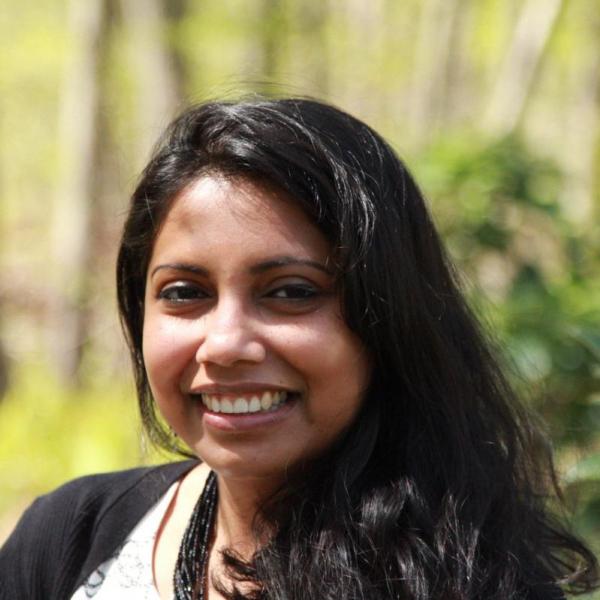
Arpita Bose: Finding collaborative solutions in surprising places

Science research roundup: May and June 2021

Fish Use Dramatic Pauses Too, Wash U Professor Finds
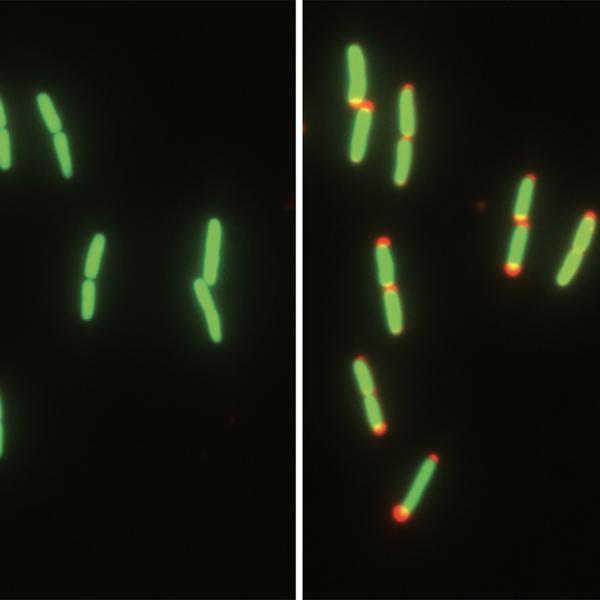
Shrinking to survive: Bacteria adapt to a lifestyle in flux

If I never knew you: Australian reptiles highlight urgent need for taxonomic research in the fight against biodiversity loss
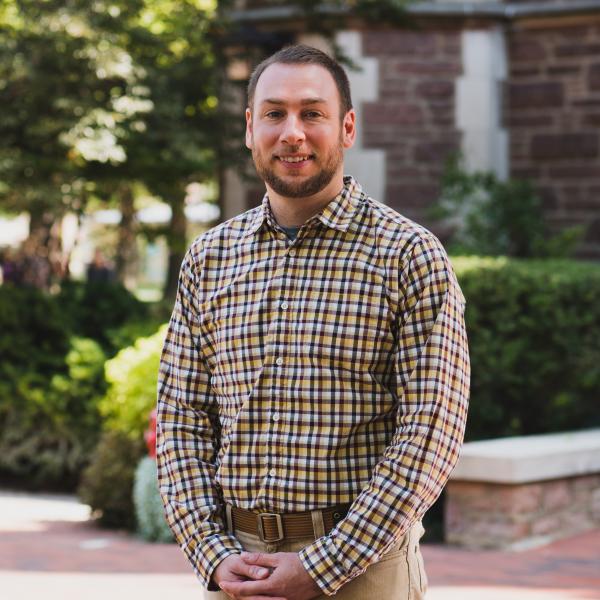
Spotlight Series: Jonathan Myers & the Tyson Research Center FDP of the Ozark Highlands

Tiny Electricity Eating Marine Microbes with a Big Job - Carbon Sequestration In Marine Wetlands

Where Did Watermelon Come From?

A ‘jolt’ for ocean carbon sequestration: Electricity-eating bacteria in marine sediments may play role in combating climate change
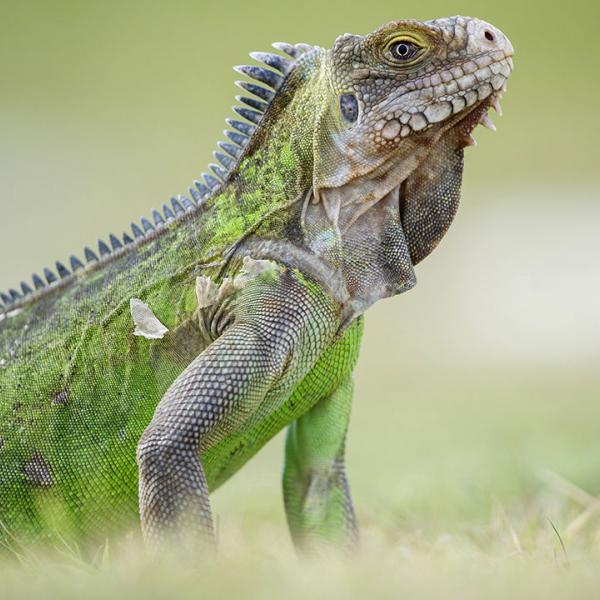
More than half of Caribbean lizards and snakes disappeared after Europeans arrived
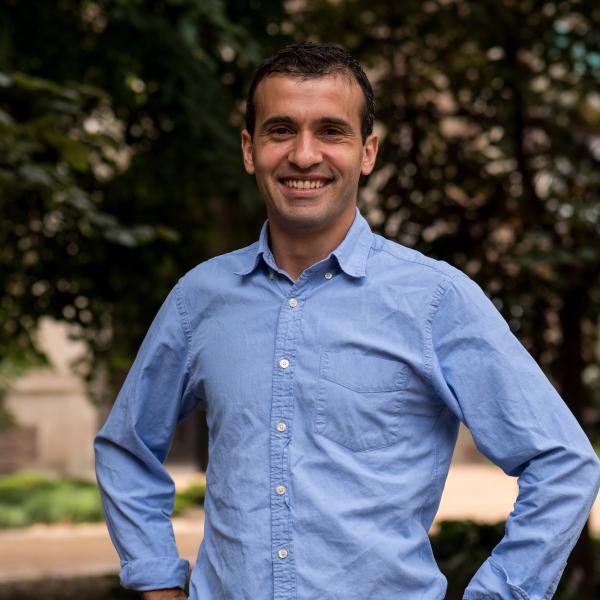
Zaher wins NIH grant

Electric fish — and humans — pause before communicating key points

A seedy slice of history: Watermelons actually came from northeast Africa

Made in the shade or fun in the sun: New insights into how phytochromes help plants sense and react to light, temperature

Ralph Quatrano will be 2021 Honorary Grand Marshal

Heme is not just for Impossible Burgers
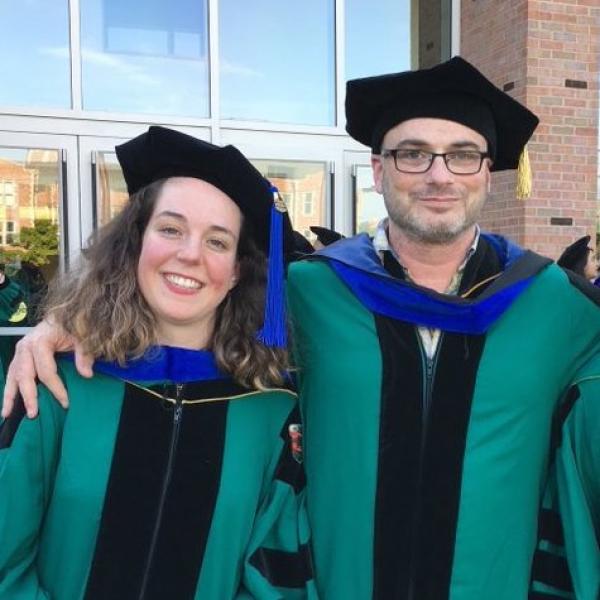
Yehuda Ben-Shahar wins 2021 Outstanding Faculty and Staff Award

Associate Professor Arpita Bose will be a faculty marshal in the graduate student ceremony on May 21st

Meacham, Bose receive university’s first DEPSCoR grant since 1996

Biology department wins HHMI ‘Driving Change’ grant
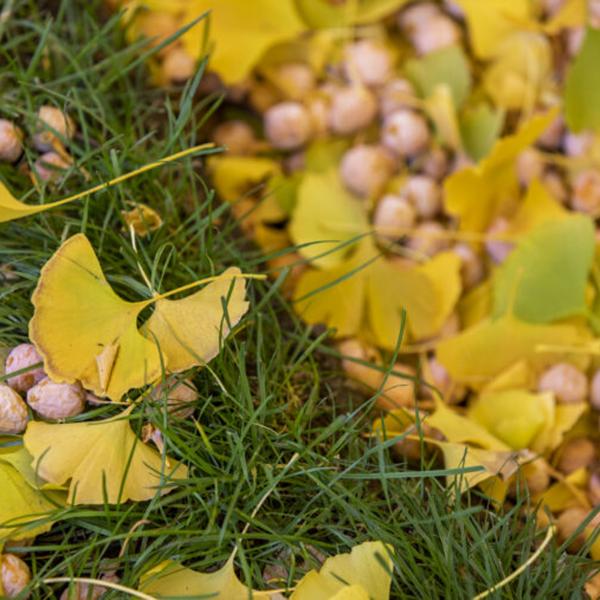
Plant sex chromosomes defy evolutionary models

Beehives Are Held Together by Their Mutual Gut Microbes

Mountain high: Andean forests have high potential to store carbon under climate change
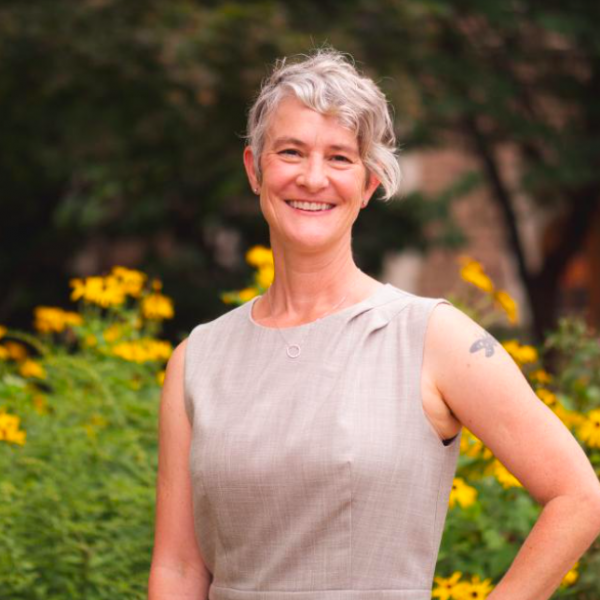
A community of plant biologists develops guide for science outreach

Scene Rooted in St. Louis: The Ethnobotanical Work of Professor Memory Elvin-Lewis
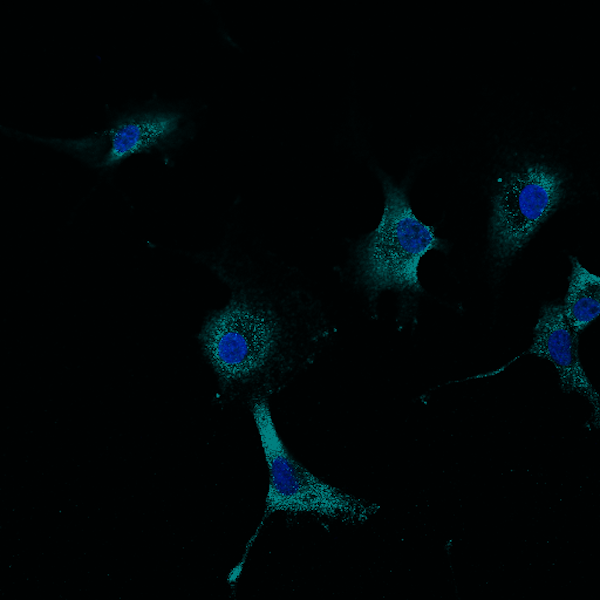
The body’s daily clock may influence cancer treatment success

Q&A with Jason Weber, Professor, WUSM, Oncology
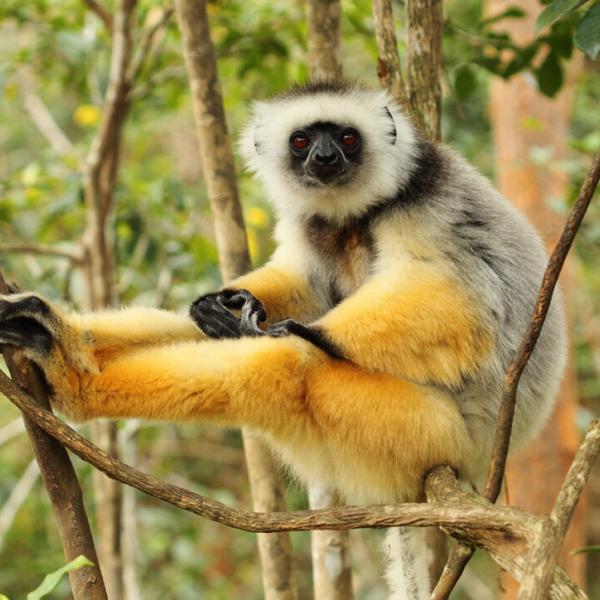
A tale of two forests could reveal path forward for saving endangered lemurs
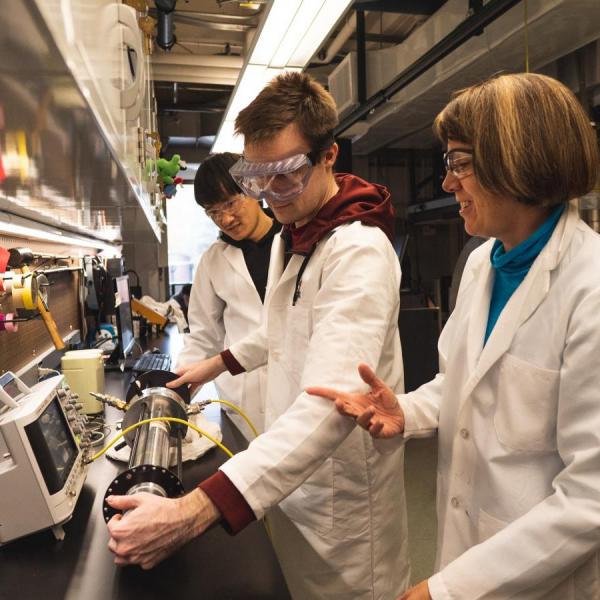
Communicating science with empathy and intention
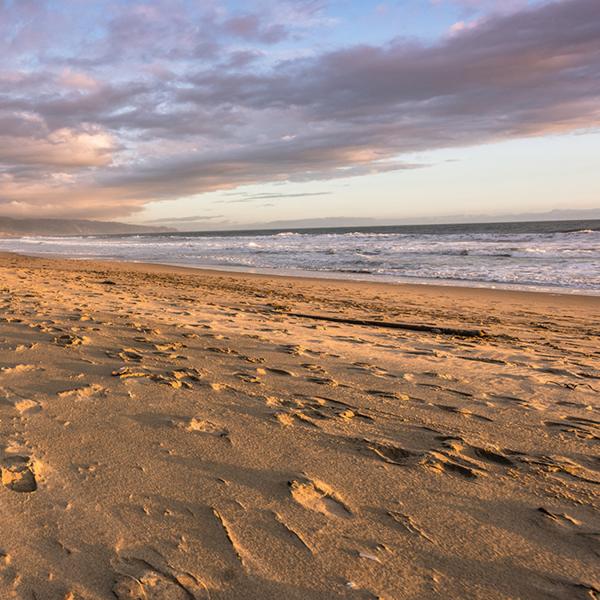
Coastal lupine faces specific extinction threat from climate change
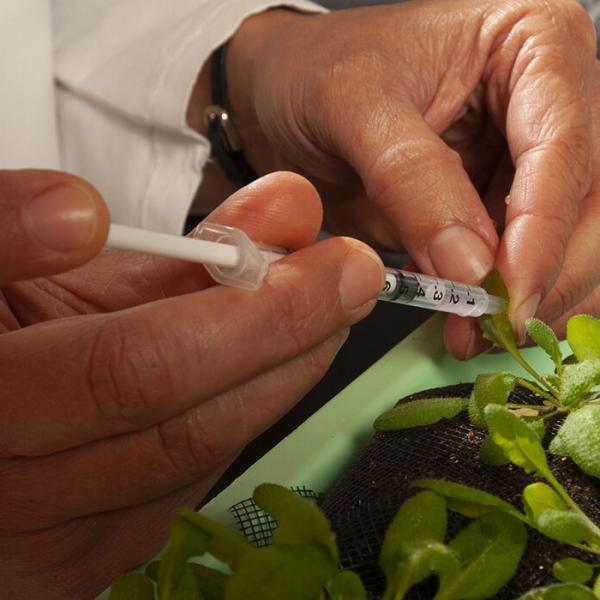
Washington People: Barbara Kunkel

Biology Faculty Promotions
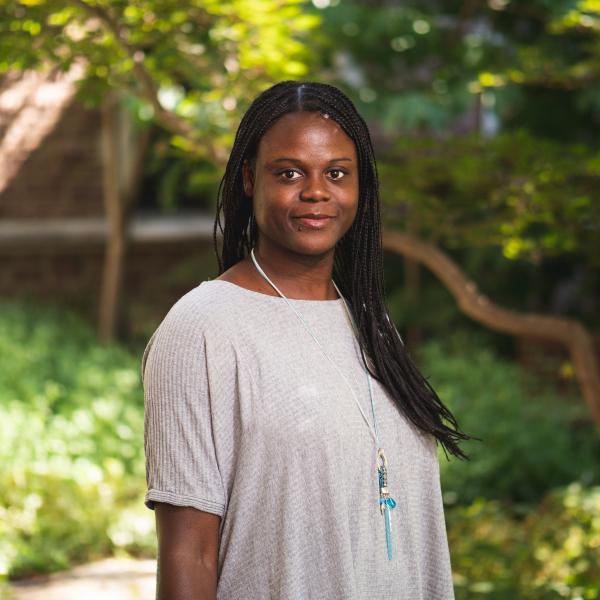
Diversity in nature and academia
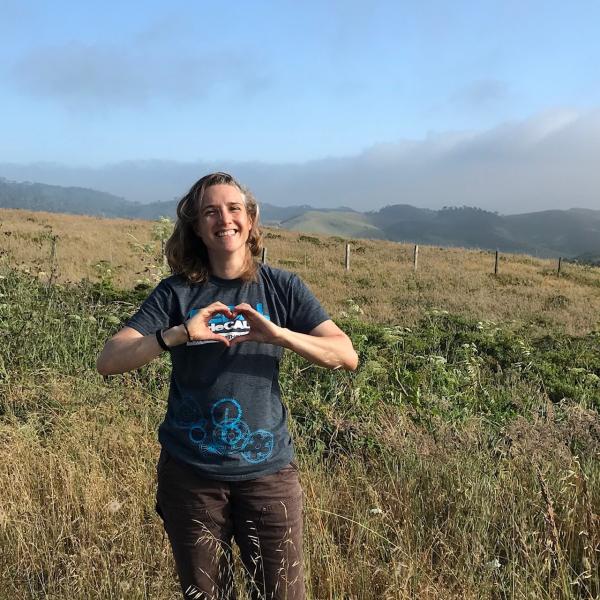
Eleanor Pardini talks about childhood, environmental research and public service

Building a better green workhorse
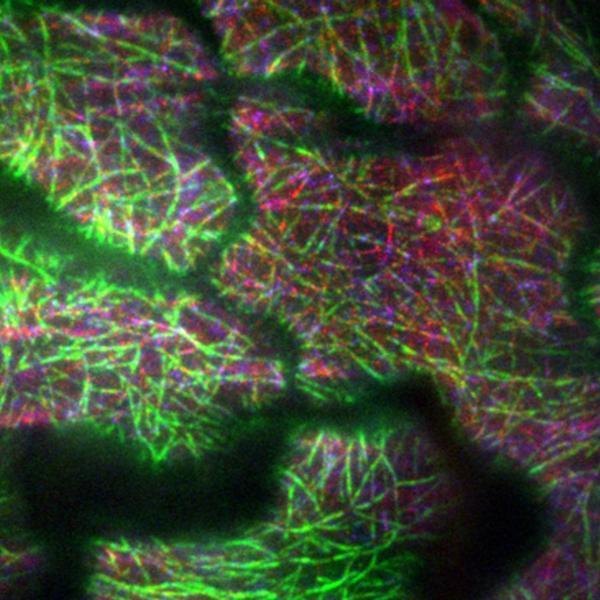
Biologist Dixit awarded $2M to study dynamics of intracellular scaffolds
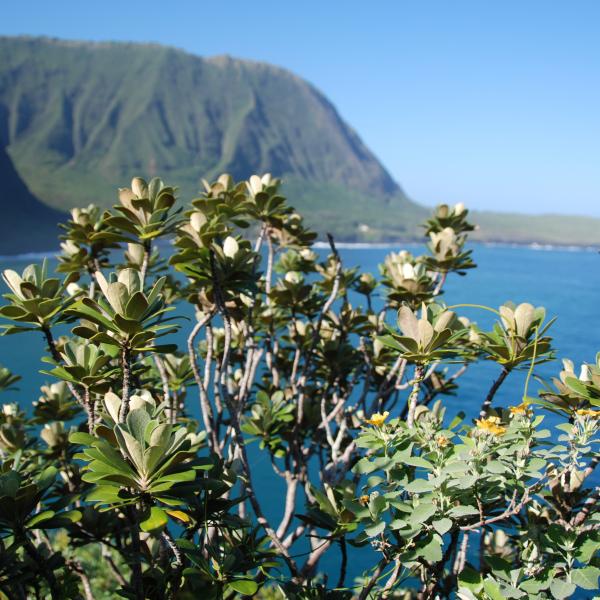
Michael Landis: Evolutionary radiations along the Hawaiian conveyor belt

Orange is the new ‘block’: Structure reveals key features that help block excess light absorption during photosynthesis
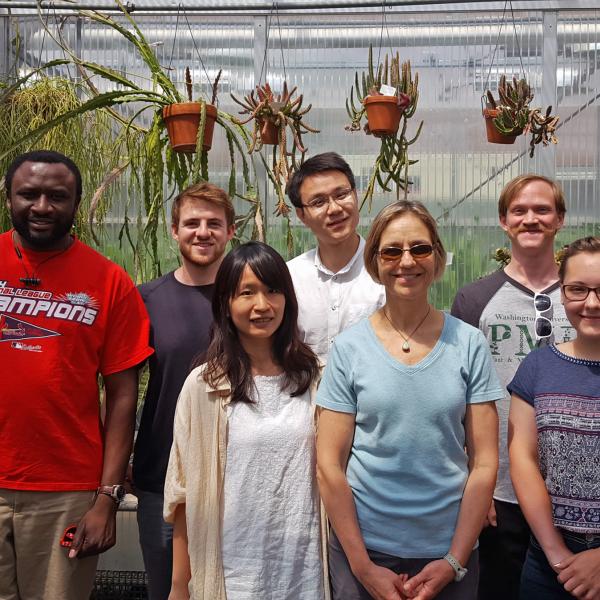
A conversation with Barbara Kunkel - 2020 AAAS fellow - on being a woman scientist
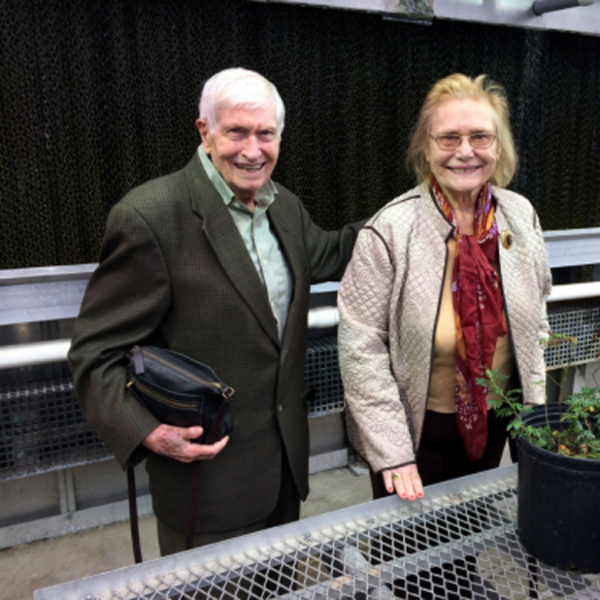
Obituary: Walter H. Lewis, professor emeritus in Arts & Sciences, 90
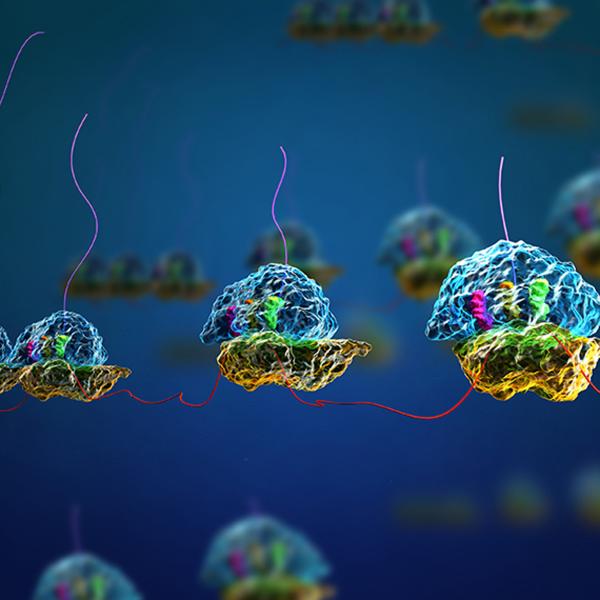
Seeking to avoid ‘full lockdown,’ cells monitor ribosome collisions
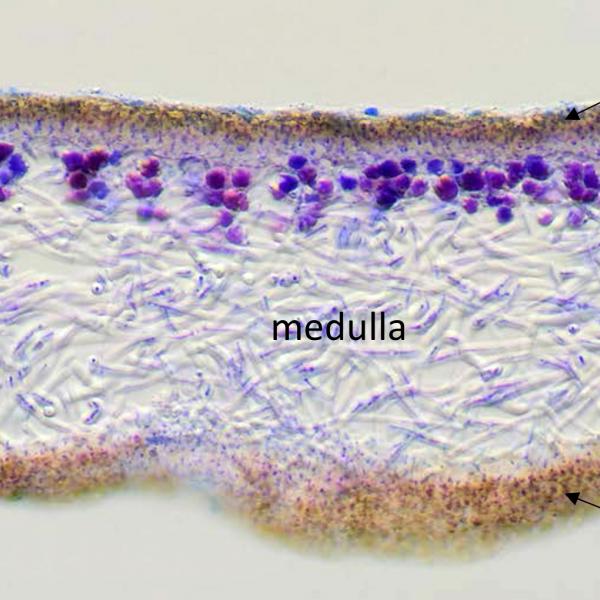
American Society for Cell Biology member profile: Ursula Goodenough

Discovery against all odds: Rita Levi-Montalcini
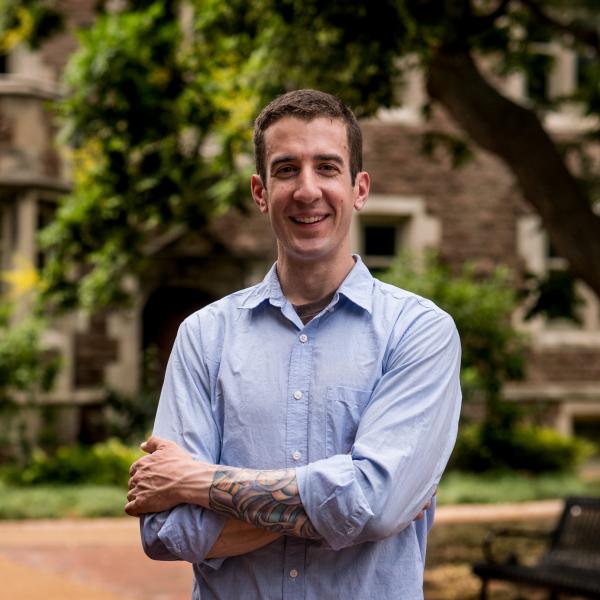
From mountain biking to mice brains
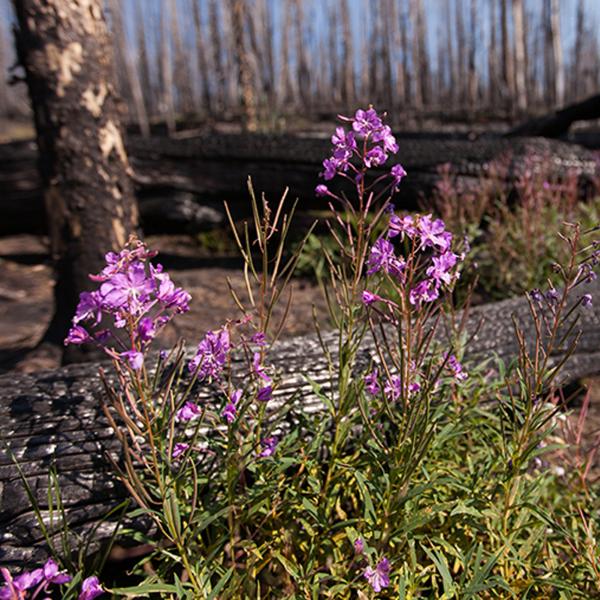
In fire-prone West, plants need their pollinators — and vice versa
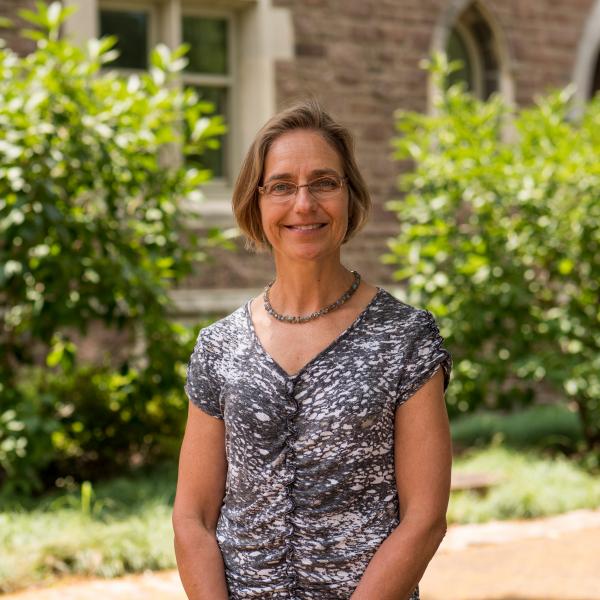
AAAS names 7 Washington University faculty as 2020 fellows
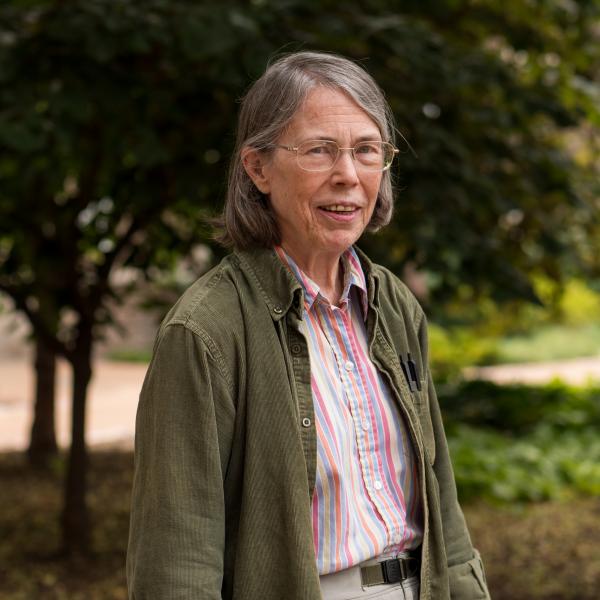
The future of STEM education: engaging our undergraduates in doing science

Wash U Professor Erik Herzog Explains Why Daylight Saving Time Is Bad For Us
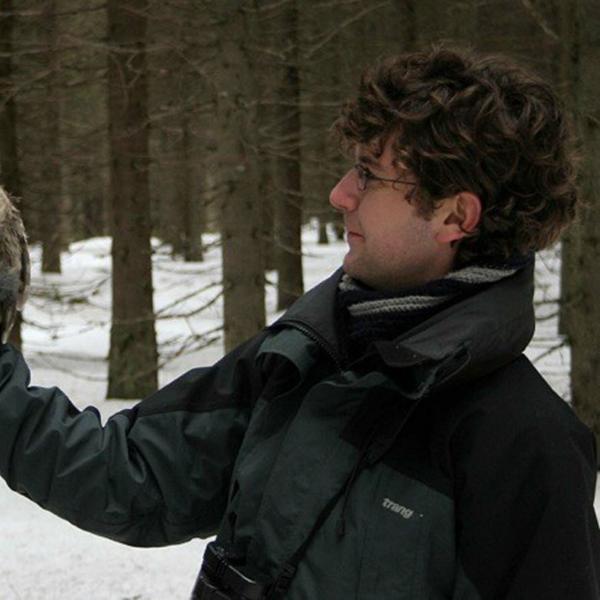
Andrés López-Sepulcre on guppies and eco-evolutionary theory

Rising higher than ever – where the electricity eating microbes and hunters are now
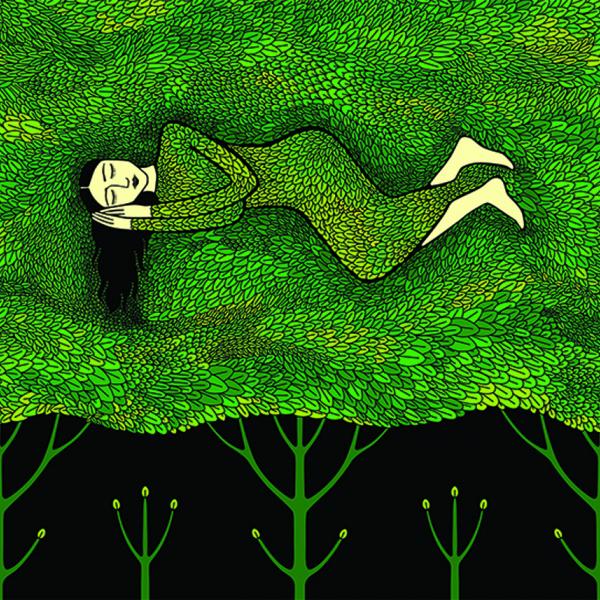
Hengen awarded $1.8M to study sleep’s contribution to brain function
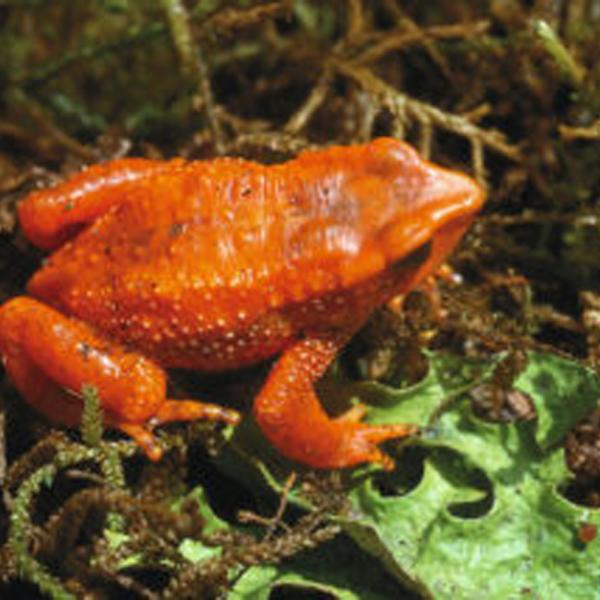
Living Earth Collaborative announces 2020 seed grant recipients
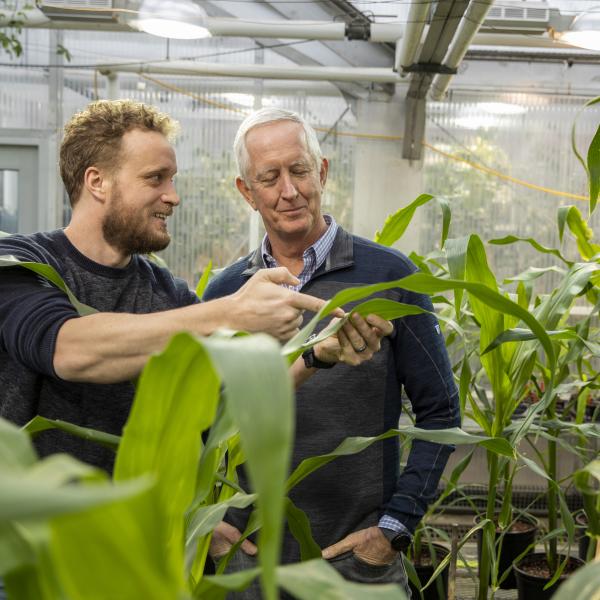
Plants without cellular recycling systems get creative in the dark

Erik Herzog talks about his background and research

Ancient Python Lays Eggs, Apparently Without Male Help

Early infection makes plants more vulnerable to later infection

Arpita Bose: Creating plastics from electricity with “Biobatteries”
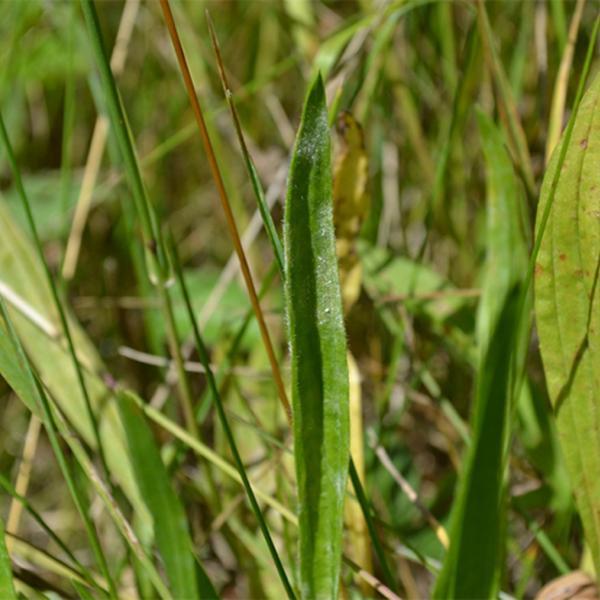
Once infected, twice infected
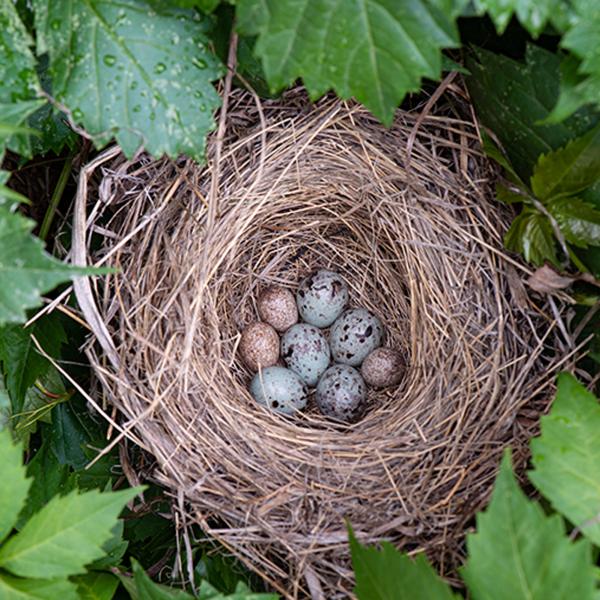
An Avian Dilemma — How Birds Are Hijacking Others' Nests To Raise Their Young

Meet the hedge fund managers of avian world: Faced with uncertainty, brood parasites literally lay eggs in more baskets

Resilience: a summer 2020 case study
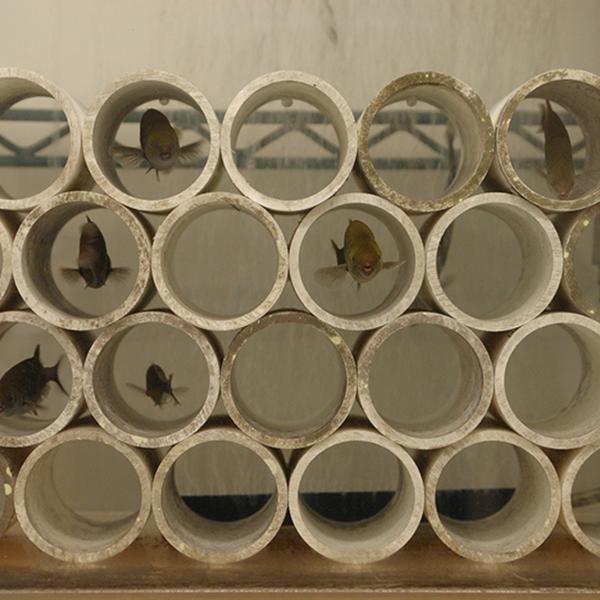
Zeroing out their own zap: Time-shifted inhibition helps electric fish ignore their own signals
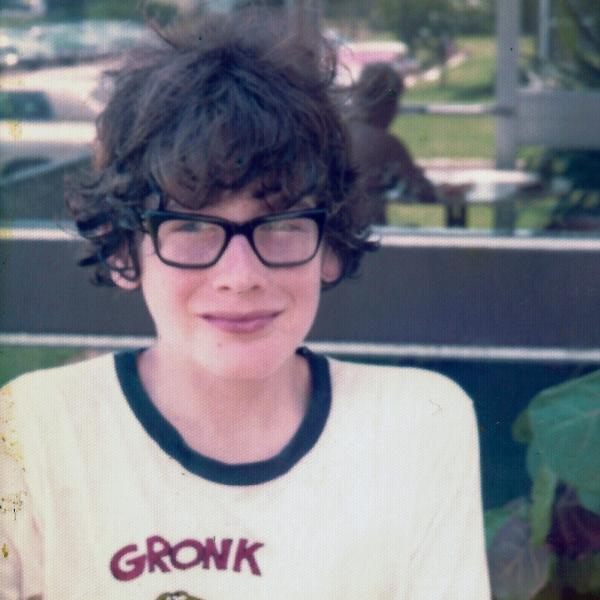
Meet Lizard Man, a reptile-loving biologist tackling some of the biggest questions in evolution

Joe Jez speaks at the Amgen Scholars Summer Science Series

Gar Allen office moving project
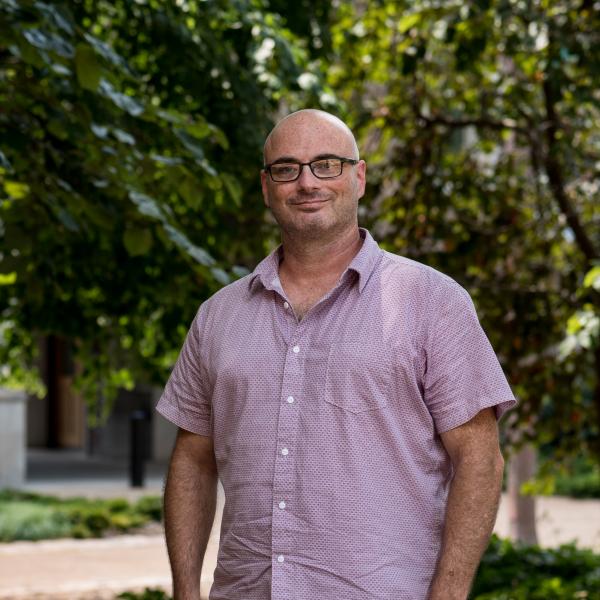
Yehuda Ben-Shahar promoted to professor of biology
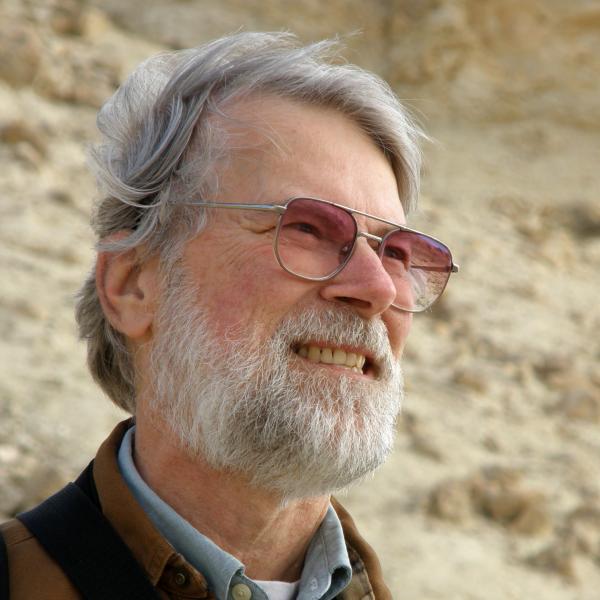
Alan Templeton interviewed on St. Louis on the Air

Ram Dixit promoted to professor of biology

Scientists take part in Ecology publication

Bruce Carlson promoted to professor of biology
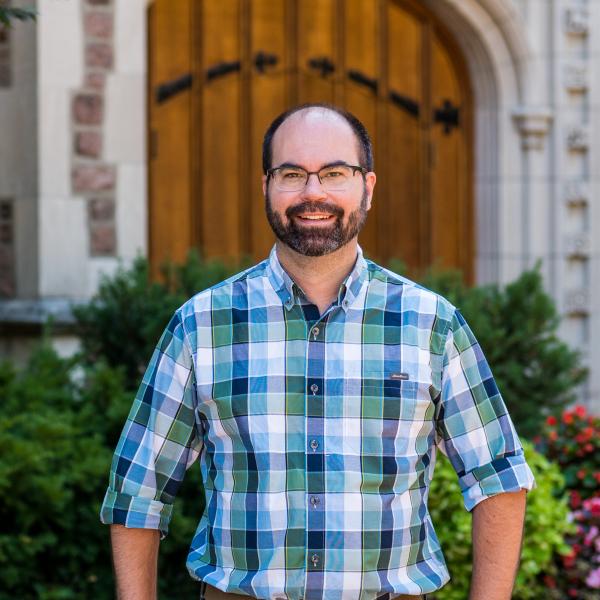
Revolution Medicines Reports New Application of Tri-Complex Modality for “Undruggable” Protein Targets and Announces License to Ginkgo Bioworks to Explore Potential Use Against Novel Coronavirus

An ion channel senses cell swelling and helps cells to choose a response
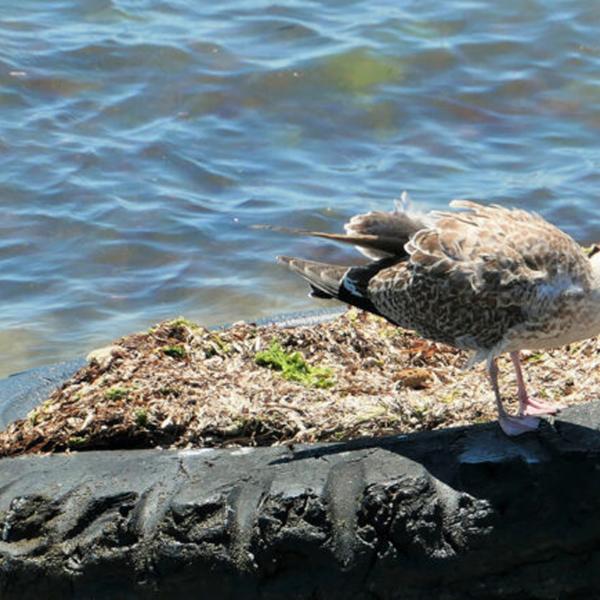
WashU Expert: ‘Extinction crisis even worse than realized’
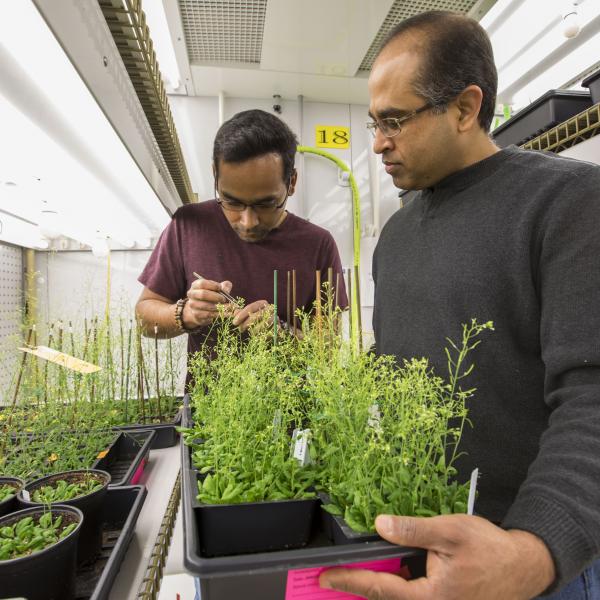
How to build better highways in plants
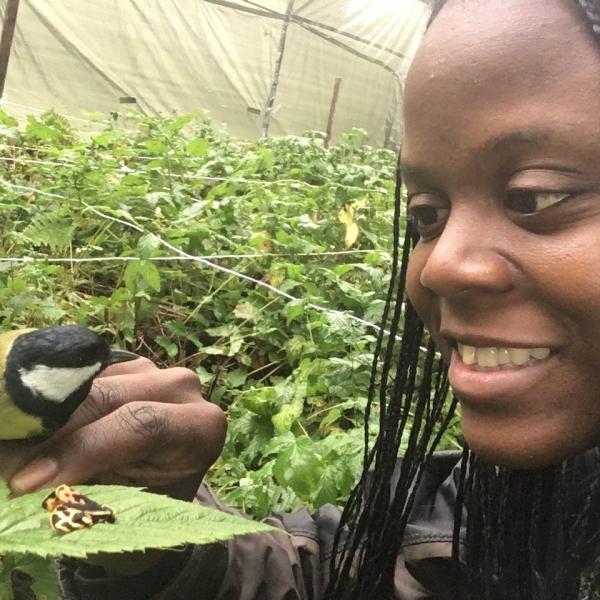
New Profs in the Age of COVID19 - @swannegordon

Society for the Study of Evolution highlights Michael Landis
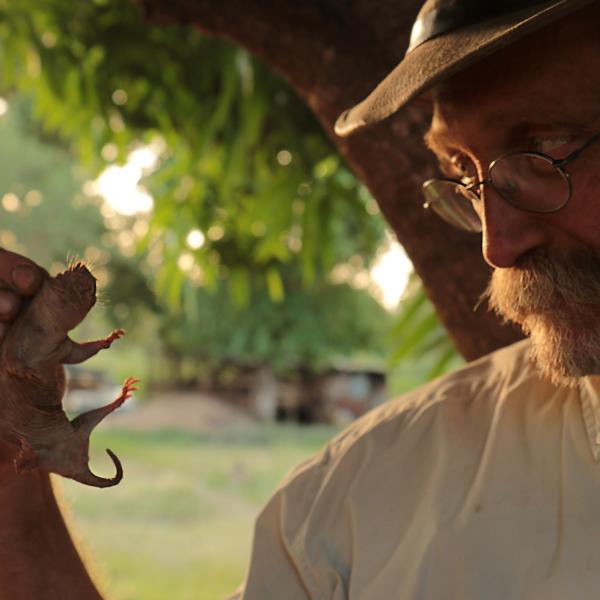
The mystery of the great naked mole-rat migration

Flawed Research as a Teaching Tool in Undergraduate Science Courses

DBBS faculty spotlight on Rachel Penczykowski

Leadership change in store at International Center for Energy, Environment and Sustainability

$1.2M grant to study evolution of Central American lizards

Meet the incoming dean: Feng Sheng Hu
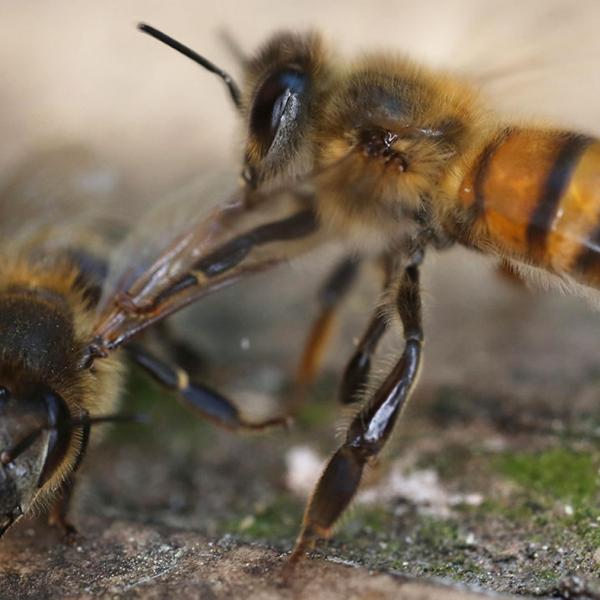
How ‘undertaker’ bees recognize dead comrades
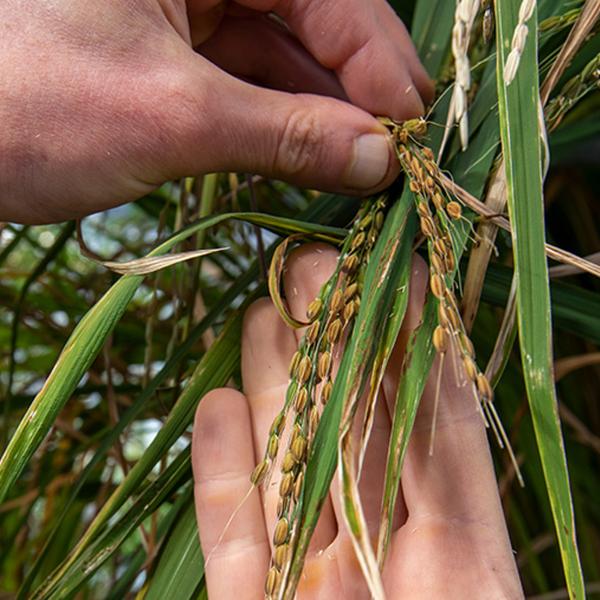
Weedy rice is unintended legacy of Green Revolution
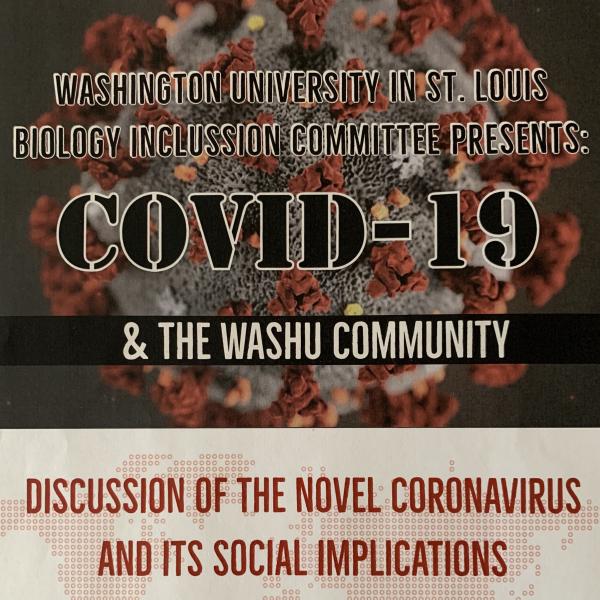
Biology community comes together to share thoughts, concerns about COVID-19
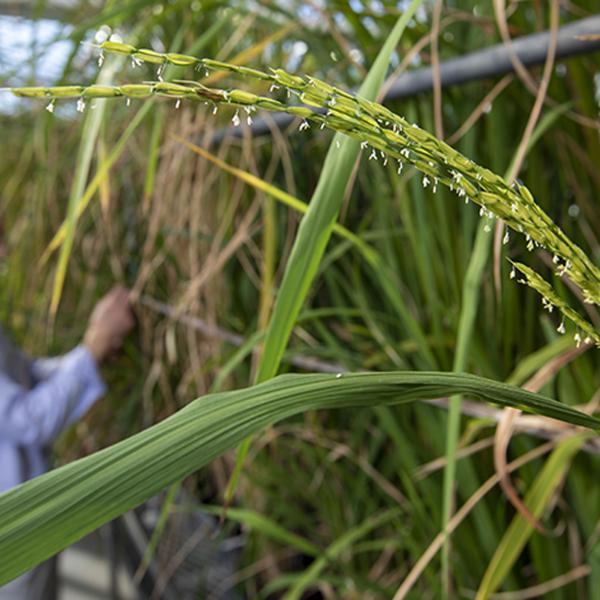
Rice, know thy enemy: NSF grants $2.6M to study weedy invader
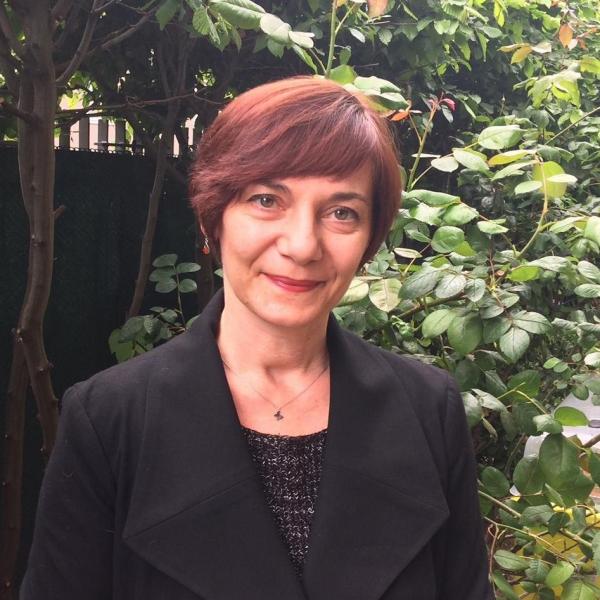
Patrizia d’Ettorre joins the WashU biology department as Clark Way Harrison Visiting Professor
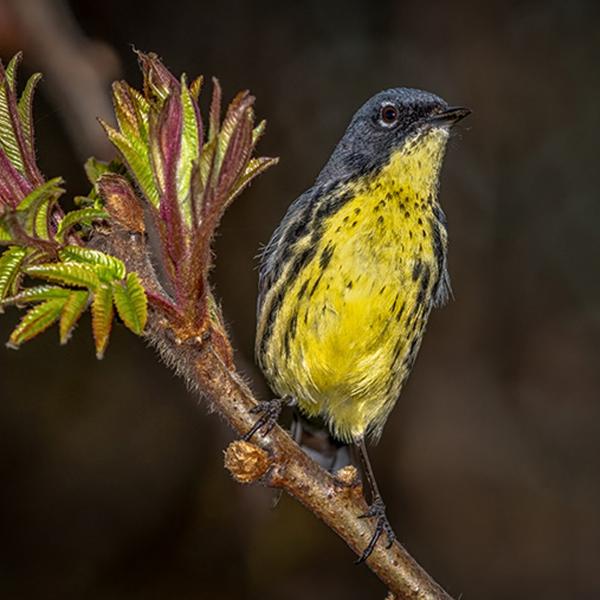
Birds of a feather better not together: 'Homogenization’ threatens ecosystems at larger geographic scales
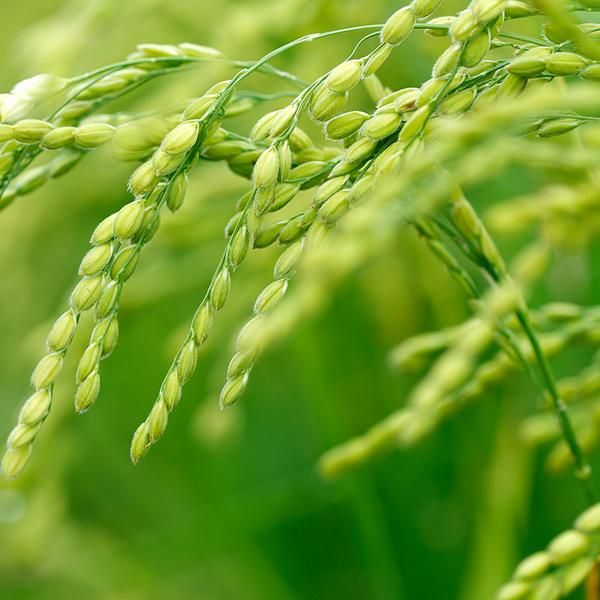
Genomics Reveals How Humans Can Inadvertently Drive Plant Mimicry

New grant awards in the Biology Department

Naked mole rats migrate above ground with no help from the moon

Faculty Spotlight: Michael Landis, Assistant Professor of Biology

New Biology Faculty Member Michael Landis
Haswell Lab continues legacy of Quatrano Lab’s moss research at Wash U
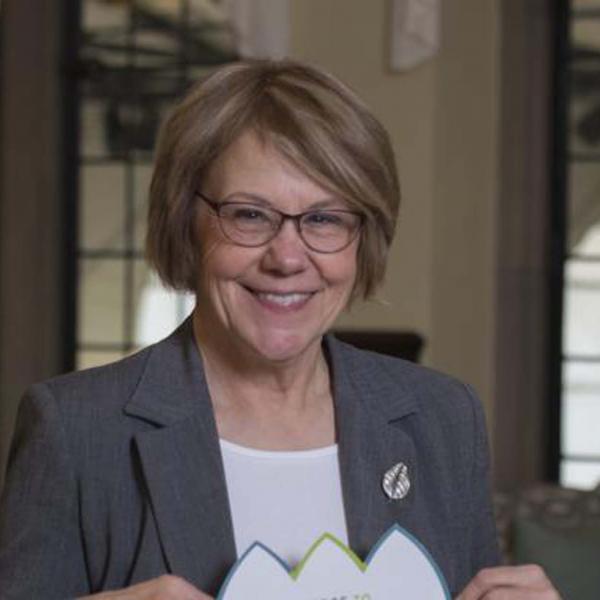
Schaal named to agricultural research foundation

Joshua Blodgett named to the Early Career Reviewer Board at Journal of Biological Chemistry

The Clock Inside-Erik Herzog on NPR's Science Friday
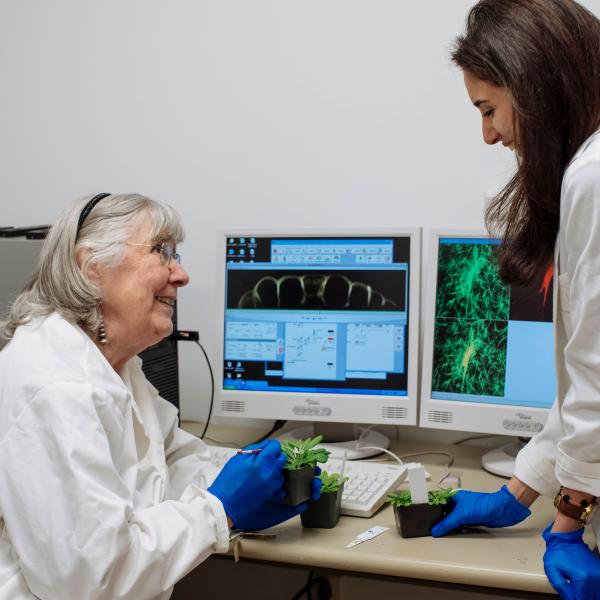
Remembering Barbara G. Pickard
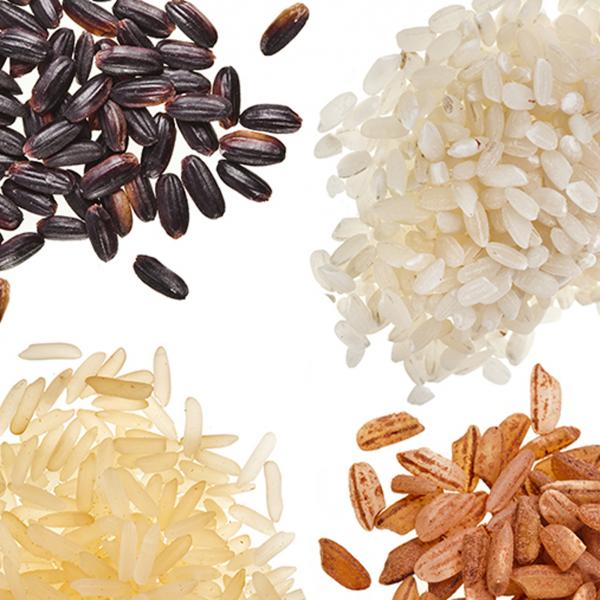
Grain traits traced to ‘dark matter’ of rice genome

And then there was light Arts & Sciences researchers provide new insights on the photoconversion mechanism of phytochromes

Joseph Jez named Spencer T. Olin Professor of Biology

Erik Herzog named Viktor Hamburger Professor of Biology

Faculty Spotlight: Swanne Gordon, Assistant Professor of Biology

Straight from the source: Arts & Sciences researchers discover novel process microbes use to harvest electrons

Getting to know Tyson's plant disease research team

This year, let’s make standard time permanent

Dr. Elizabeth Haswell: Researching How Plant Cells Sense and Respond to Internal Forces-#524 of People Behind the Science Podcast

This Strange Rule Is What Makes the Human Brain So Powerful
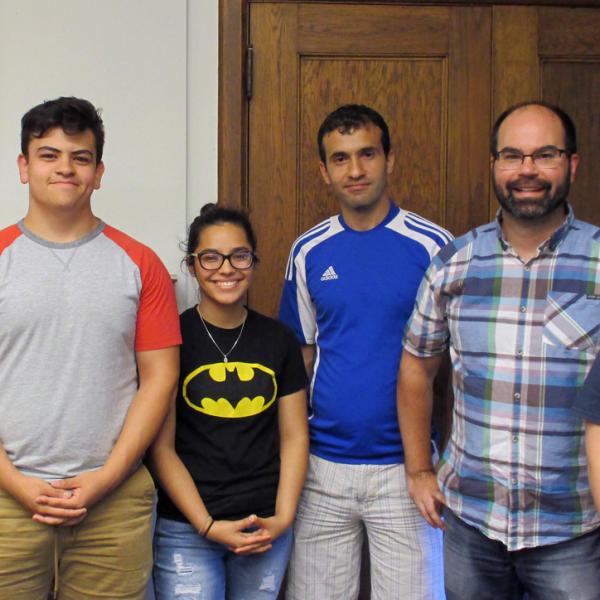
Bose wins new grant for Gateway Science Summer Program

Jez awarded patent for work on engineered plants

L’Oréal USA Awards 11 Female Scientists With Grants to Support Mentorship Efforts Across the U.S.
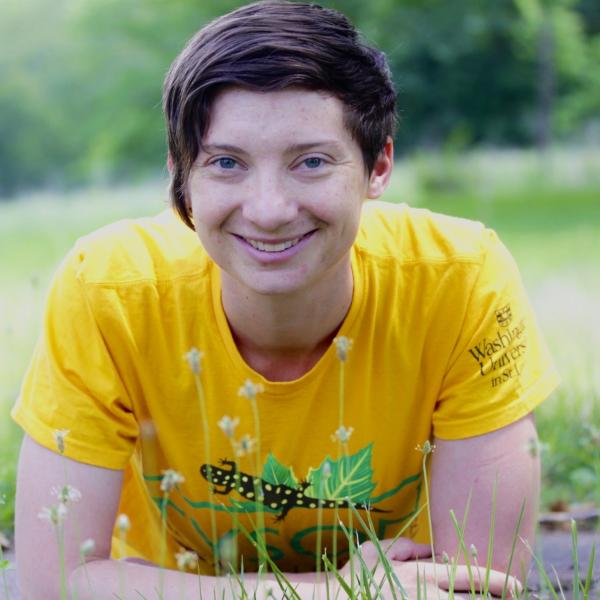
New England winters are on the decline due to climate change, study says

These Microbes ‘Eat’ Electrons for Energy
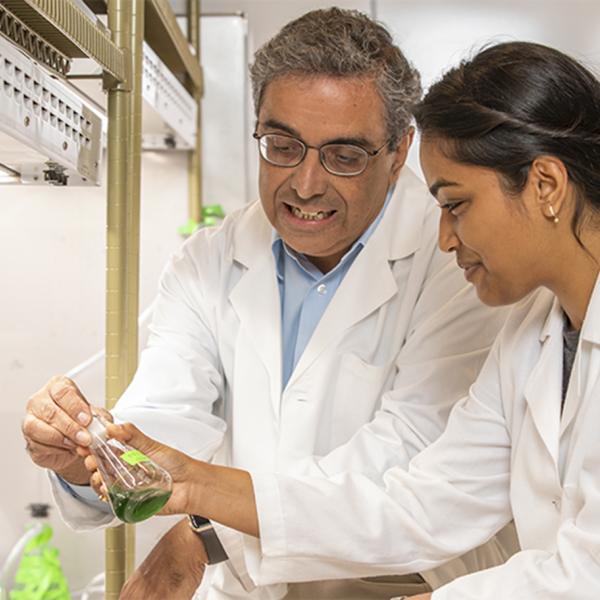
NSF funds research on nitrogen fixation

Brain tunes itself to criticality, maximizing information processing

Brave new world Simple changes in intensity of weather events "could be lethal," researcher says

Faculty Spotlight: Barbara Kunkel, Professor of Biology
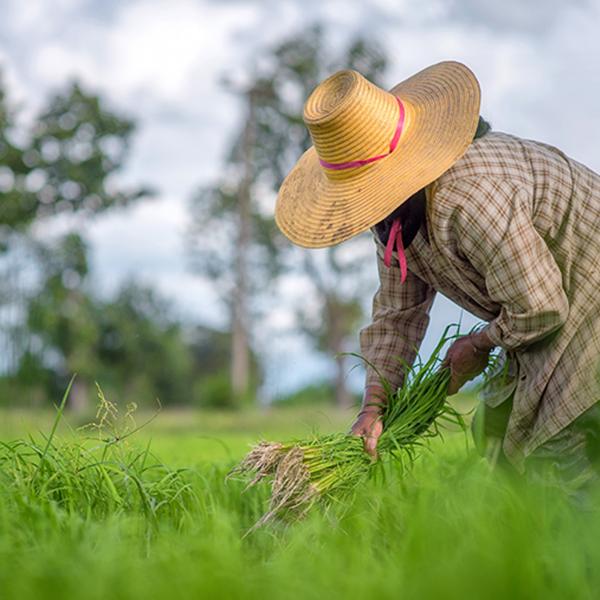
Hiding in plain sight: Early rice farmers unwittingly selected for weedy imposters, Arts & Sciences biologists find
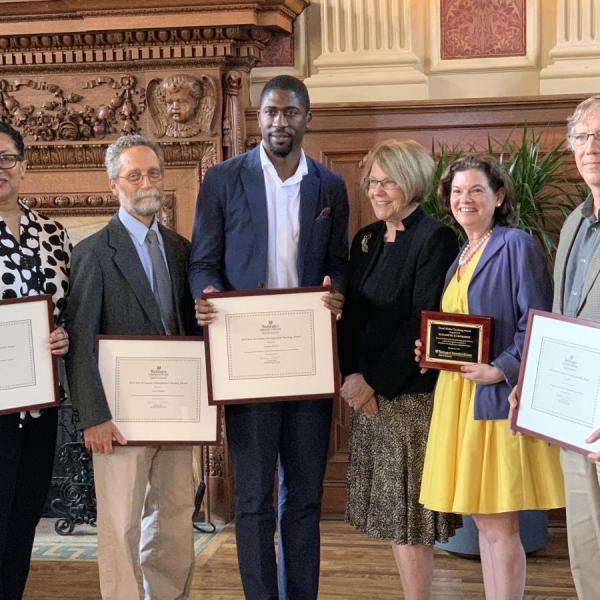
Recognizing excellence in teaching and service

Can we kill superbugs before they kill us?

Stan Braude: Stories from the Classroom

Meet our new faculty: Natural sciences and mathematics
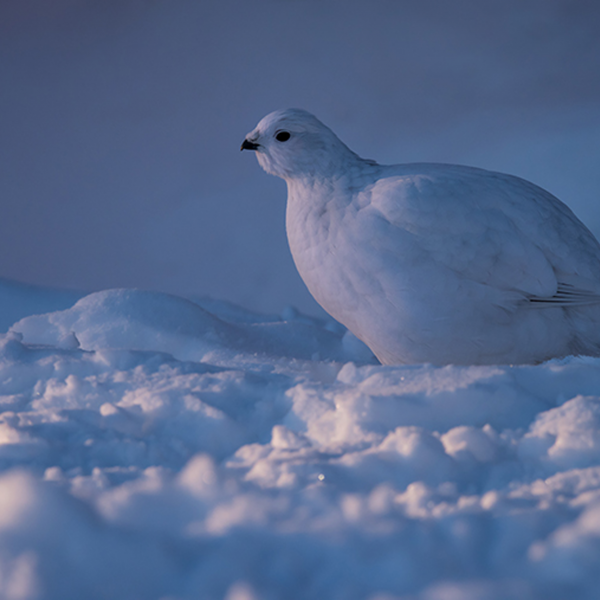
Big brains or big guts: Choose one Alternate ecological strategies help birds survive unpredictable conditions

In Defense Of Naked Mole Rats And What We Can Learn From Them

WashU Expert: Proposed changes will stamp out ‘countless species’
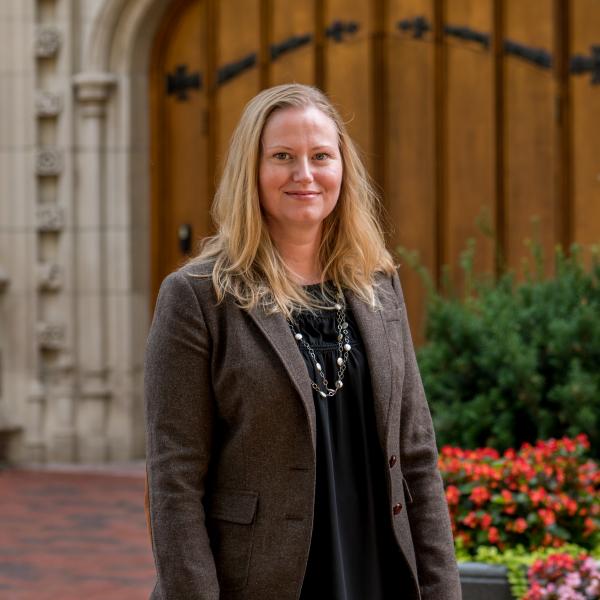
Sticky proteins help plants know when — and where — to grow New research uncovers a mechanism that keeps hormone auxin in its place
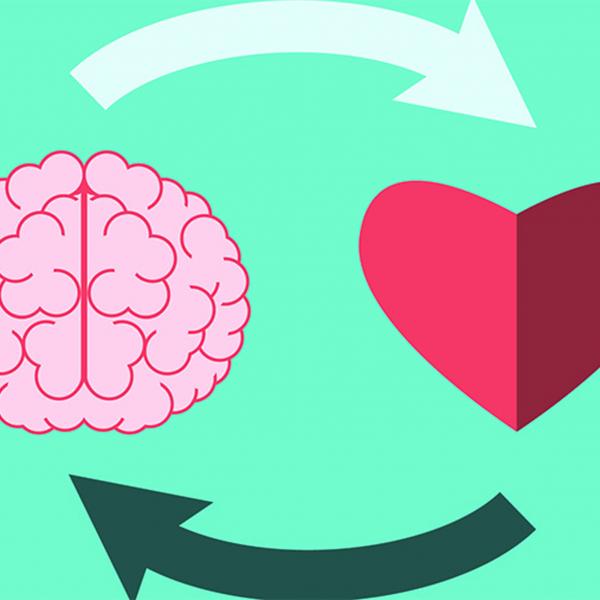
Rethinking seizures associated with cardiac disease: Fly study suggests neuronal gene malfunction, not oxygen deprivation, is behind long QT seizures

Haswell and Carlsson receive NSF grant

Strange Evolution: the Weird Future of Life on Earth

‘Antibacterial’ Chemical in Consumer Products Causes More Harm by Making Bacteria Stronger

Putting the brakes on lateral root development: Arts & Sciences research could help plants better cope with distinct soil conditions and environments
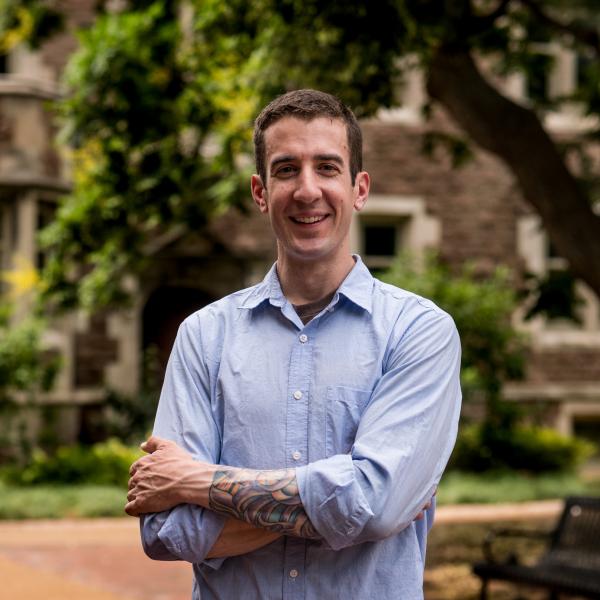
Neural Networks and Variance, the Implications for Disease-Futuretech Podcast featuring Keith Hengen
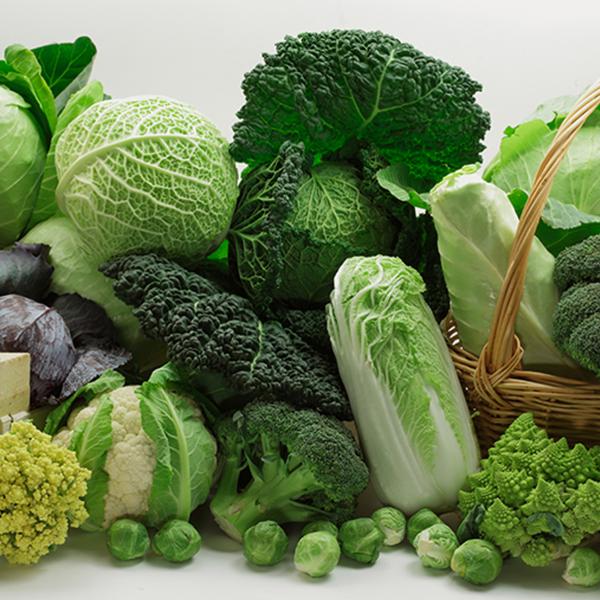
Mustering a milder mustard Scientists reveal protein responsible for a bitter taste. But will it help us to eat our greens?

Joe Jez talks about his first year as Biology Chair
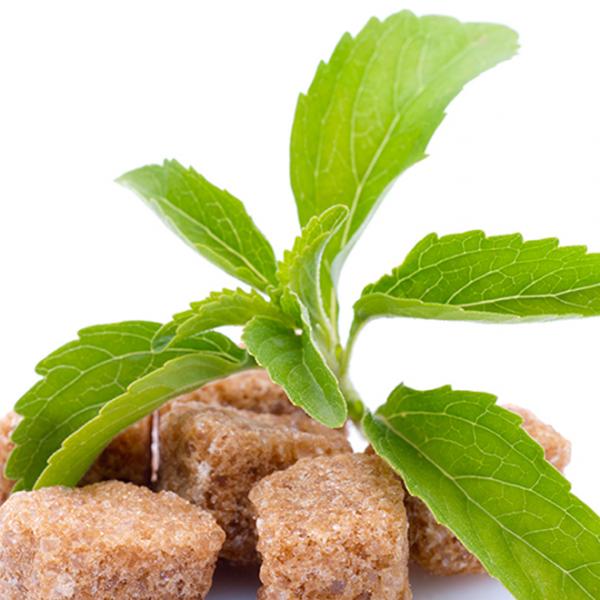
Dear Scientists: Please Make a Version of Stevia That Isn’t Gross
Gearing up for the Midwestern Collegiate Climate Summit

Structuring sweetness: What makes Stevia so sweet? The molecular madness that makes an herb 200 times sweeter than sugar

Petra Anne Levin: Current Biology
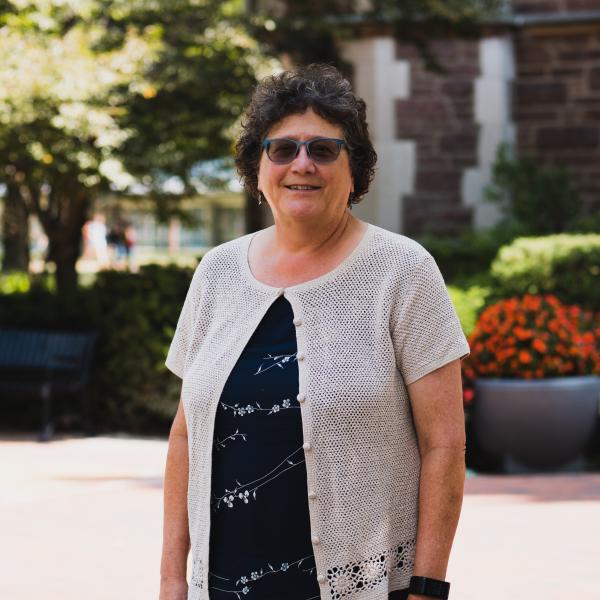
Kathy Miller: reflections on retirement

Bob Blankenship: reflections on retirement

Biology Professors inducted into National Academy of Sciences

Can Wearing ‘Well Fashion’ Really Improve Your Health?

Barbara Schaal to receive NSB Public Service Award
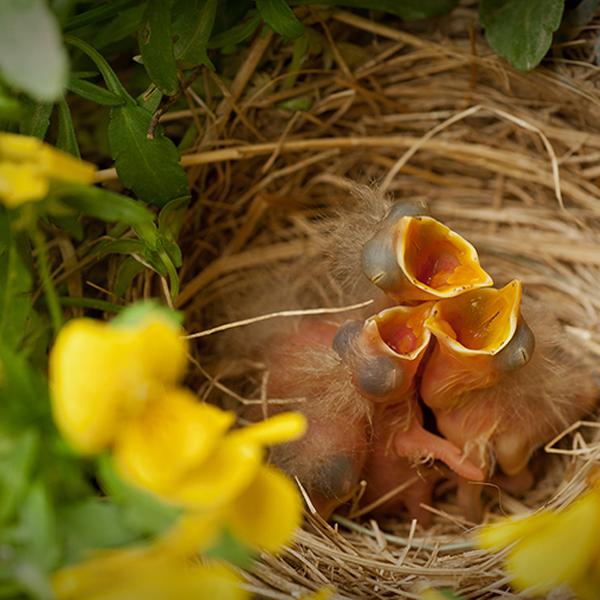
The kids are alright: Family quarrels in seeds reveal the ways parents and offspring sometimes evolve in conflicting directions

Jonathan Losos receives 2019 Sewall Wright Award
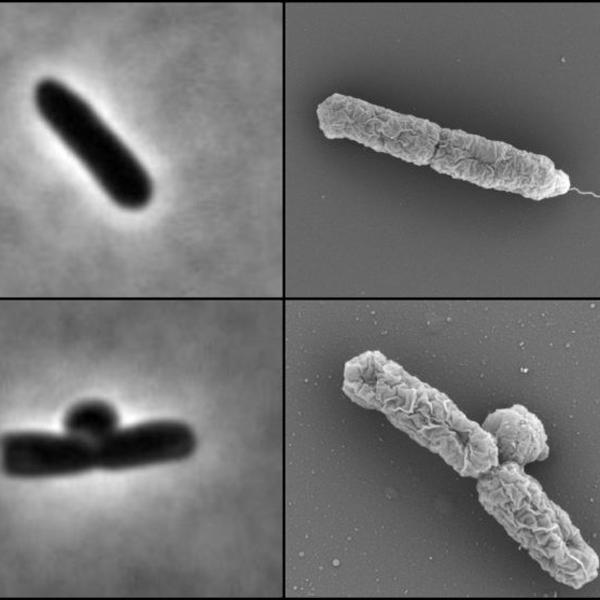
Specialist enzymes make E. coli antibiotic resistant at low pH

Tidying up: A new way to direct trash to autophagy Researchers find new way to clean up cells; discovery could aid attack on human disease

Creating sustainable bioplastics from electricity-eating microbes
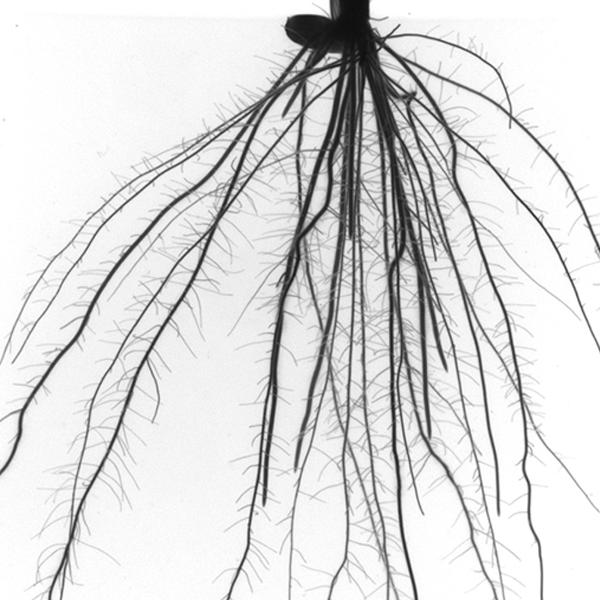
Rusted root: Weedy rice repeatedly evolves ‘cheater’ root traits
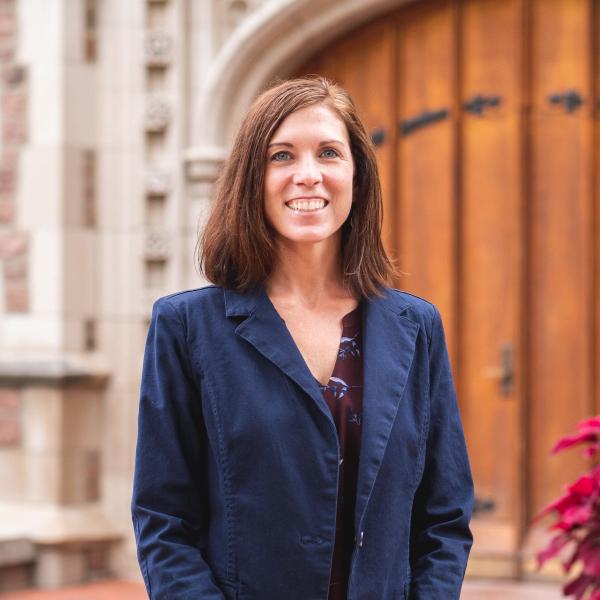
Faculty Spotlight: April Bednarski
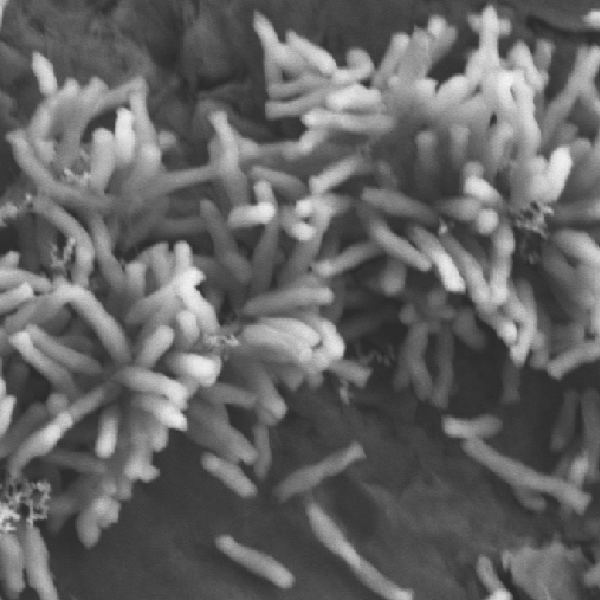
Study shows how electricity-eating microbes use electrons to fix carbon dioxide

Bose Lab publishes new paper in Nature Communications

Sinking really low – the story of a microbe, electricity and carbon dioxide

Vierstra wins Stephen Hales Prize

Washington People: Erik Herzog

Blodgett awarded CAREER grant to study biosynthetic silence
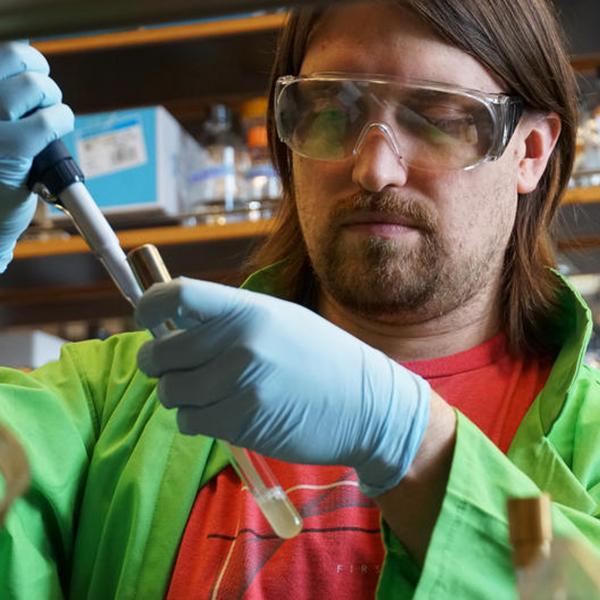
Germ-Killing Chemical Shields Bacteria From Antibiotics

WashU Expert: The eternal sunshine of perennial ‘wintertime’: Abandoning daylight saving time makes public health sense

Bose receives US Army grant

Blodgett receives CAREER grant from NSF

Chemical added to consumer products impairs response to antibiotic treatment: Triclosan added to toothpaste, mouthwash to kill bacteria inadvertently makes such cells stronger

Earning a bee’s wings: In hives, graduating to forager a requirement for social membership
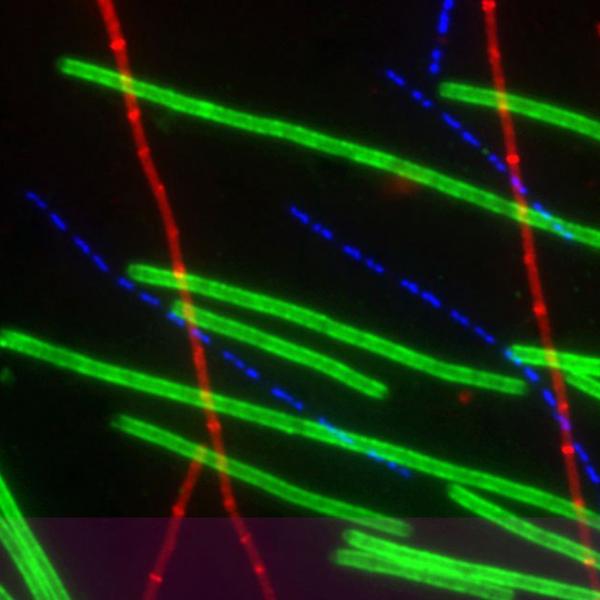
Three faculty members named microbiology fellows

Tamed Conflict: How evolutionary biologists attempt to make sense of the existence of organisms from first principles
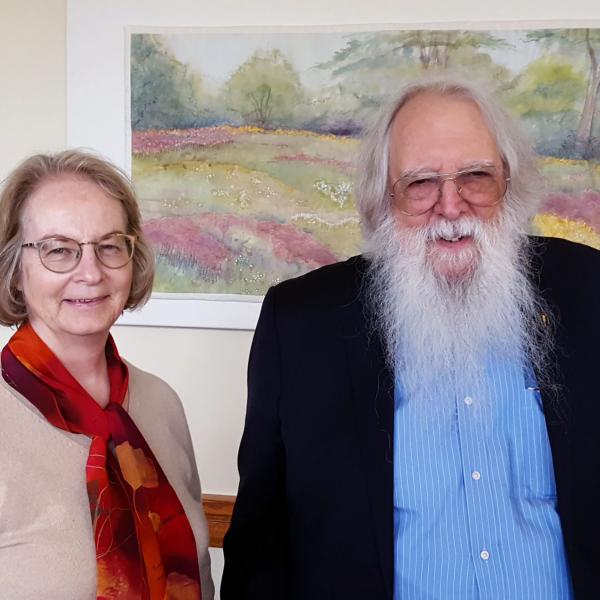
Roy Curtiss III and Josephine Clark-Curtiss talk about life after Wash U
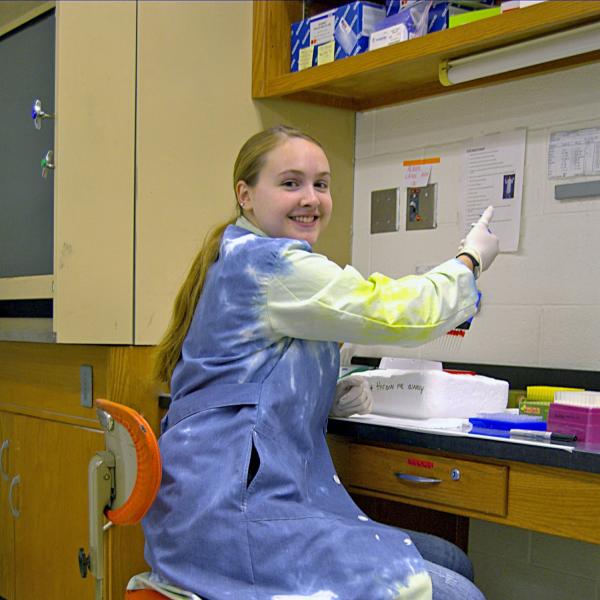
Faculty Spotlight: Heather Barton
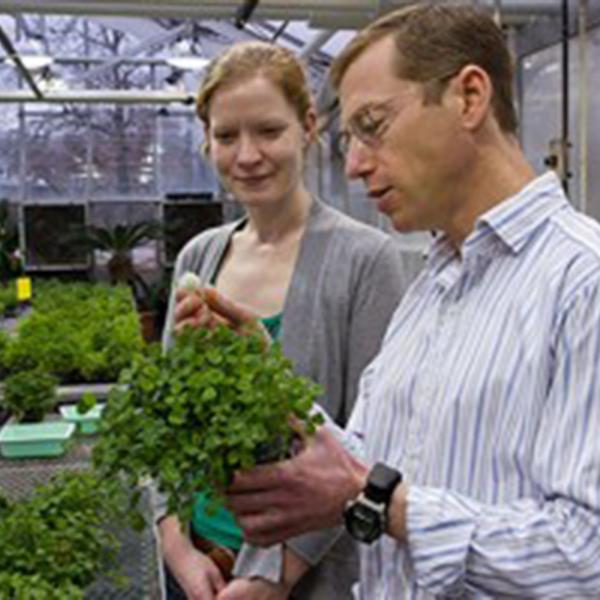
Purple reigns
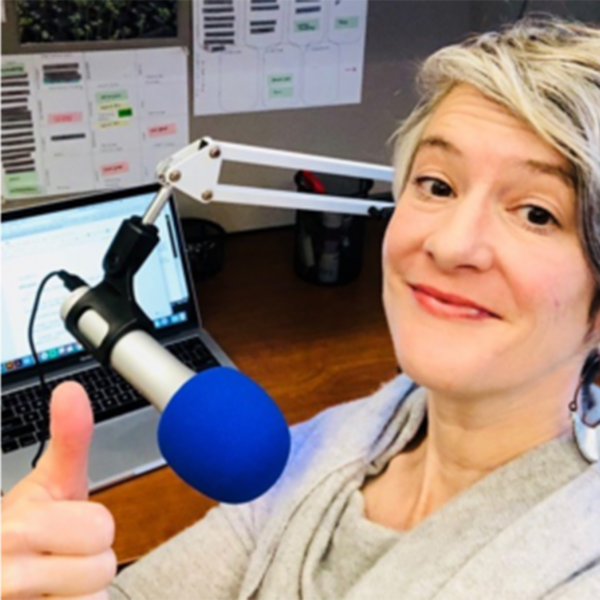
How to make your podcast stand out in a crowded market

Like a spelling bee, but for neuroscience: WashU Brain Bee set for Feb. 16

Biology Professor Highlights Active Learning in Science Education
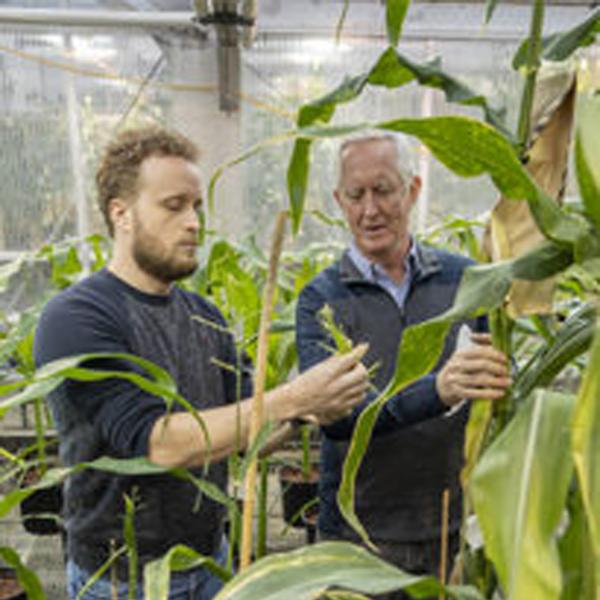
Plant’s recycling system important in sickness and in health
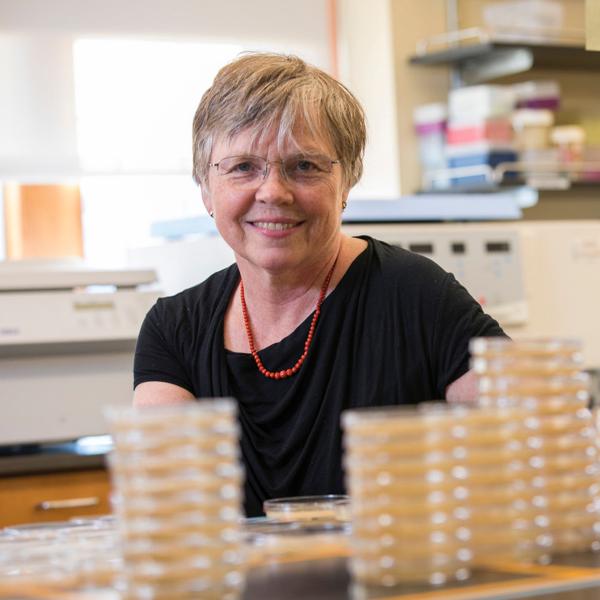
Should Evolution Treat Our Microbes as Part of Us?

Biology Chair Joseph Jez elected as AAAS Fellow

New maps hint at how electric fish got their big brains

Faculty Spotlight: Mary Lambo
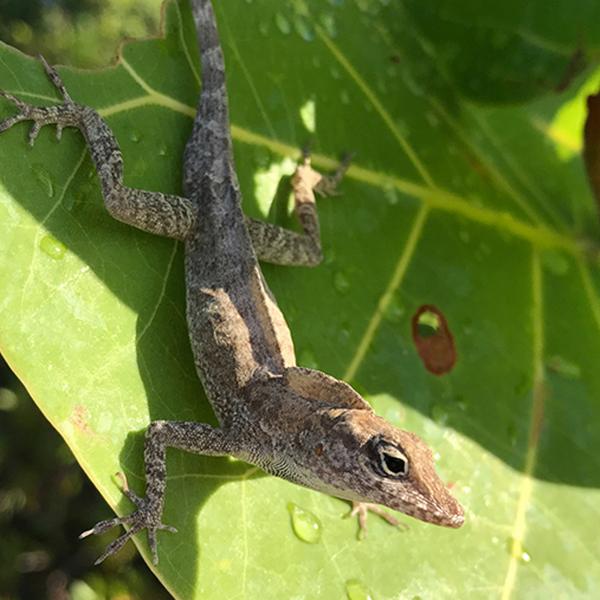
Replaying the tape of life: Is it possible?

Erik Herzog on Daylight Savings Time

Richard D. Vierstra receives NIH grant

Obituary: David L. Kirk, professor emeritus of biology, ISP faculty fellow, 84

Dr. Himadri Pakrasi receives U.S. Department of Energy grant

Keith Hengen is chosen to be a Next Generation Leader by the Allen Institute for Brain Science
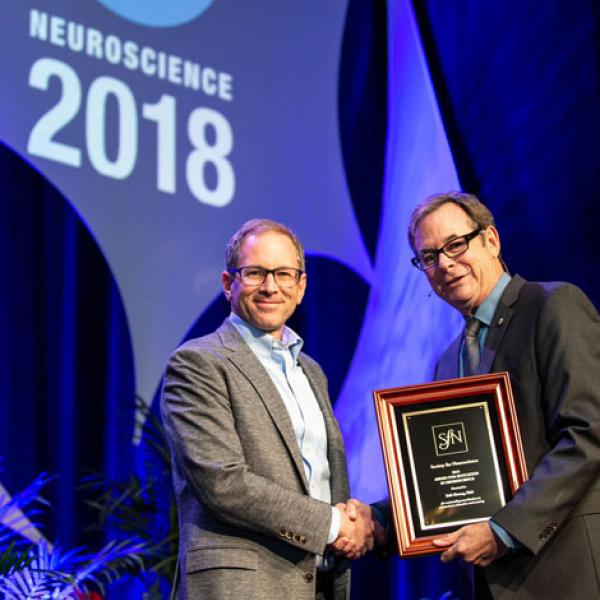
Erik Herzog receives the Award for Education in Neuroscience from the Society for Neuroscience (SfN)

Feeding Electricity To Bacteria

Monkey DNA may solve mysteries, help conservation

Faculty Spotlight: Joseph Jez, Biology Chair
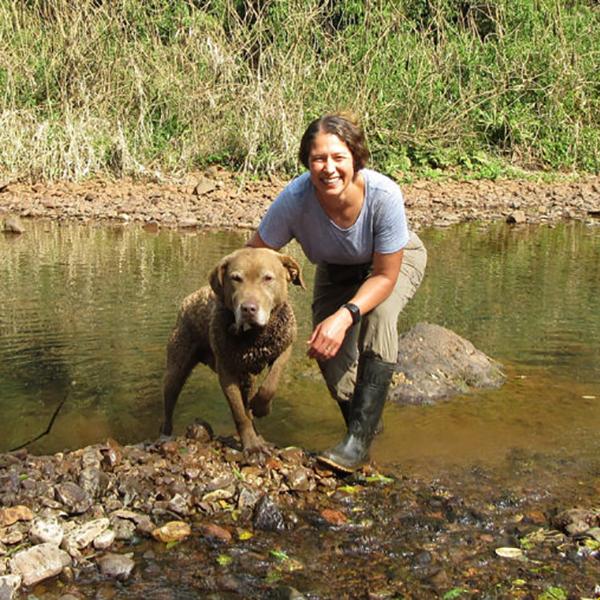
Sniffing out error in detection dog data

In sync: How cells make connections could impact circadian rhythm
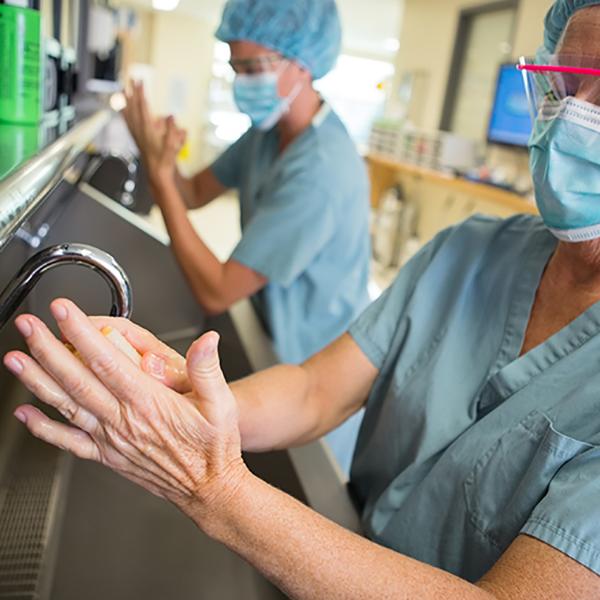
Bacteria in a changing environment
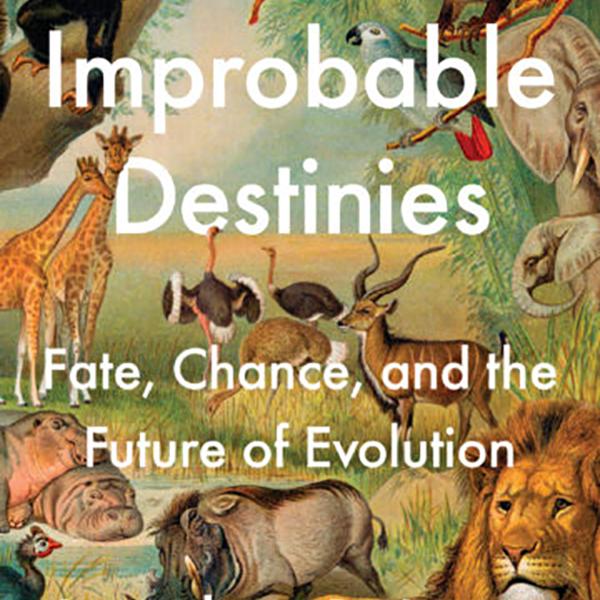
Jonathan Losos publishes new book

Jez Lab receives NSF grant to collaborate with Maeda Lab at UW-Madison

Leggy lizards don’t survive the storm

Strassmann/Queller Lab receives NSF grant

Jonathan Myers and collaborators awarded NSF EAGER grant
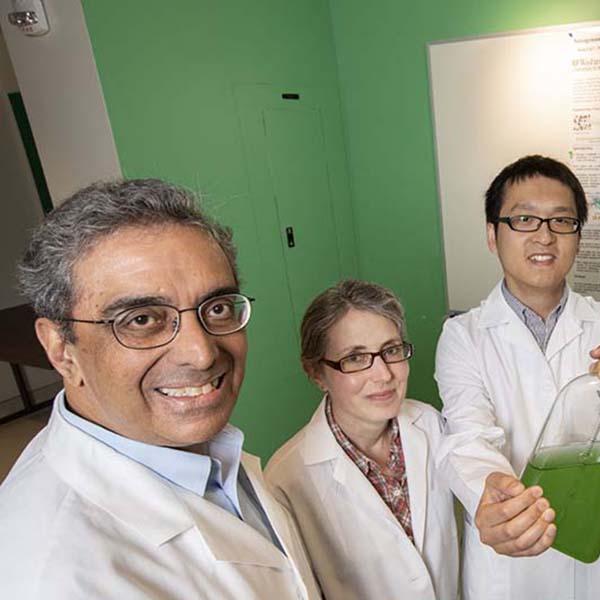
Researchers engineer bacteria that create fertilizer out of thin air

Ram Dixit named new co-director of the Plant and Microbial Biosciences

Jonathan Myers and Hani Zaher receive tenure

ISP’s Victoria May honored for work with students

A New Species in Forest Park
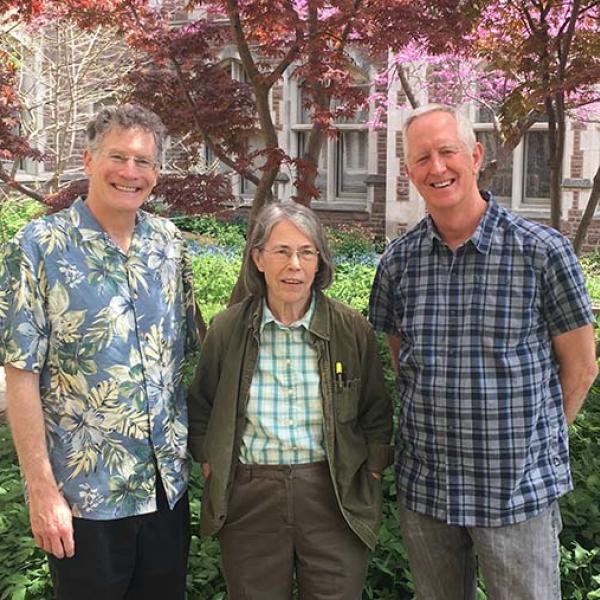
Three biology faculty elected to National Academy of Sciences
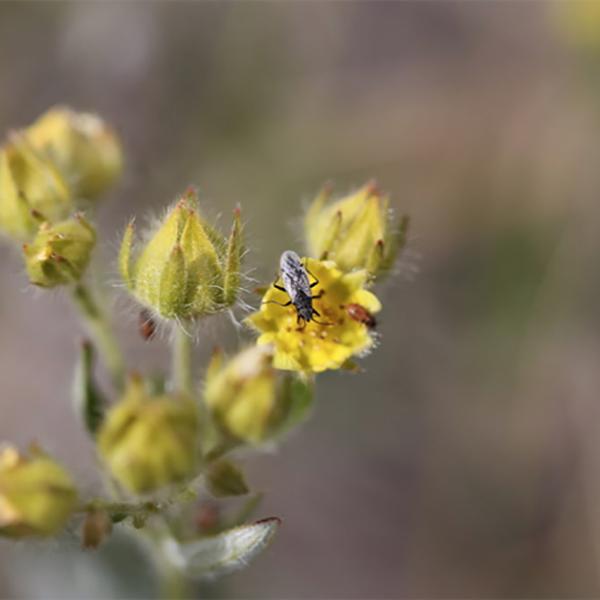
Bugged out by climate change
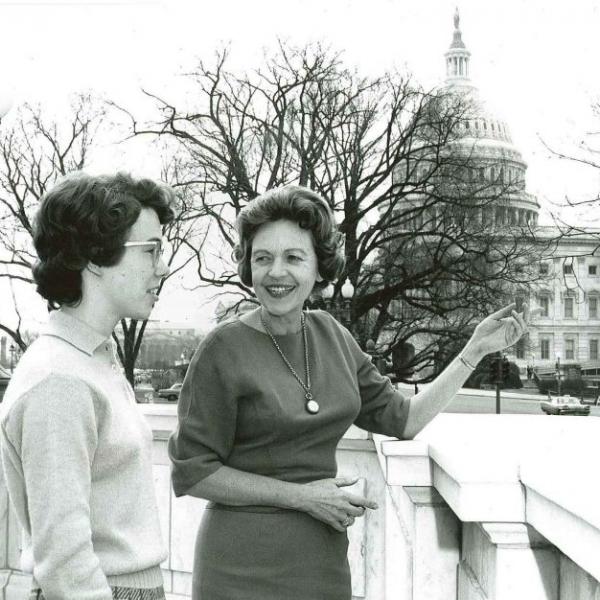
Sally Elgin: Lessons learned in a life of science

Sally Elgin receives the Arthur Holly Compton Faculty Achievement Award
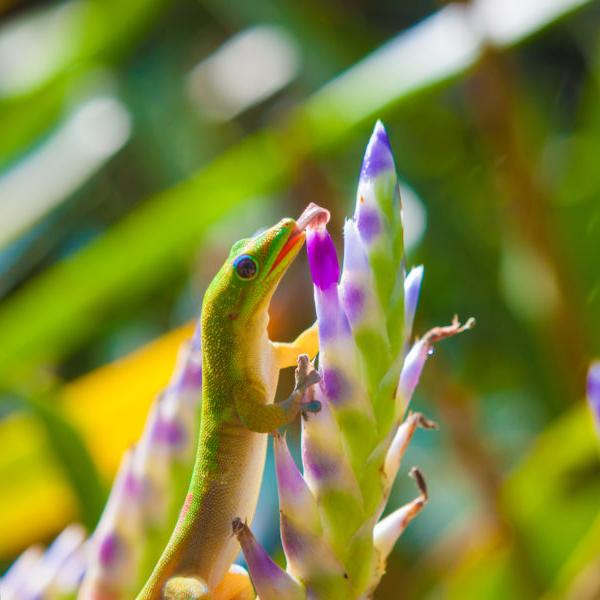
Sustaining life on Earth

Faculty Spotlight: Jonathan Losos
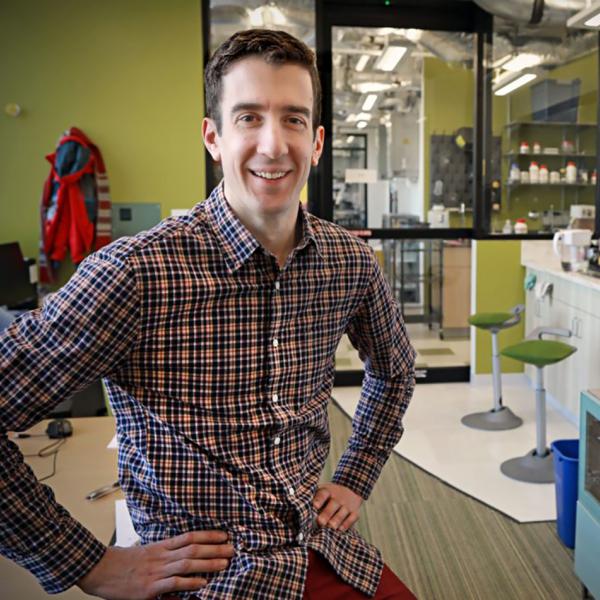
WashU Spaces: Keith Hengen
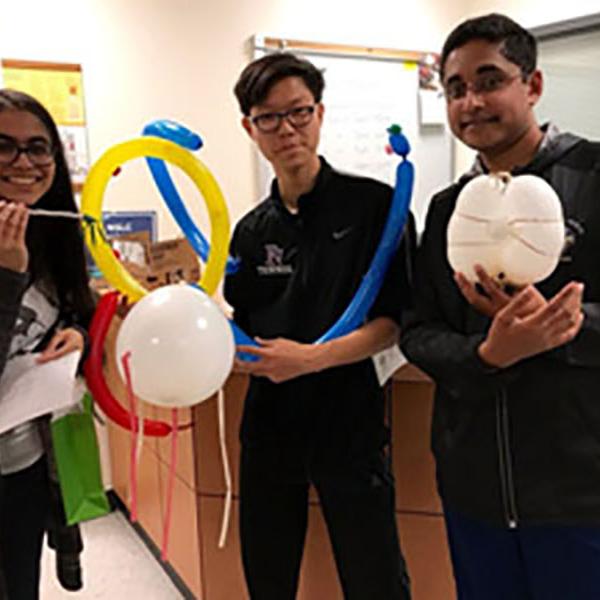
Hands-on event teaches St. Louis teens about cell biology
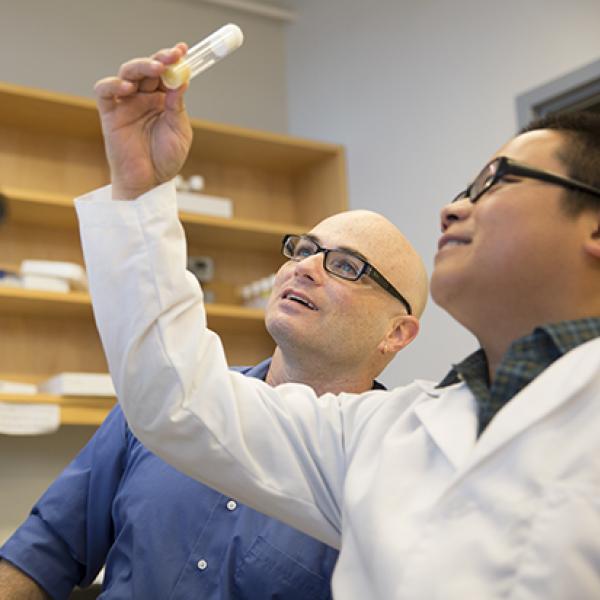
Yehuda Ben-Shahar awarded $770,000 by the National Science Foundation

Making Drugs From Bugs

Is Daylight Saving Time necessary? And, why ‘springing ahead’ is harder than ‘falling back’
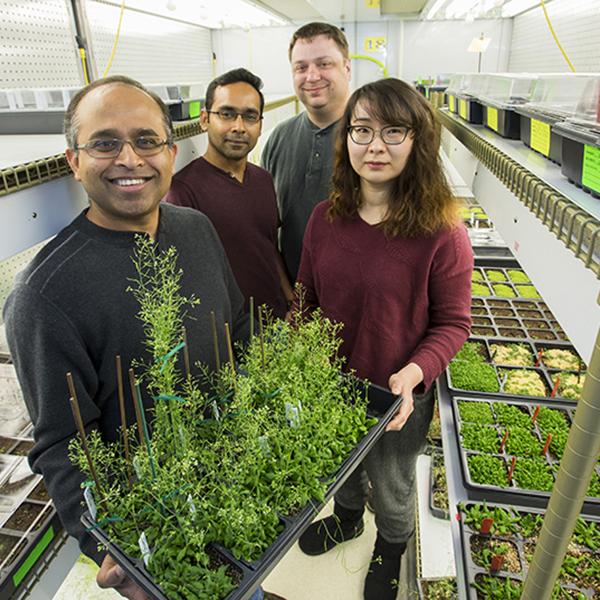
Keeping plant-cell motors on track

(Daylight Saving) Time is not on your side
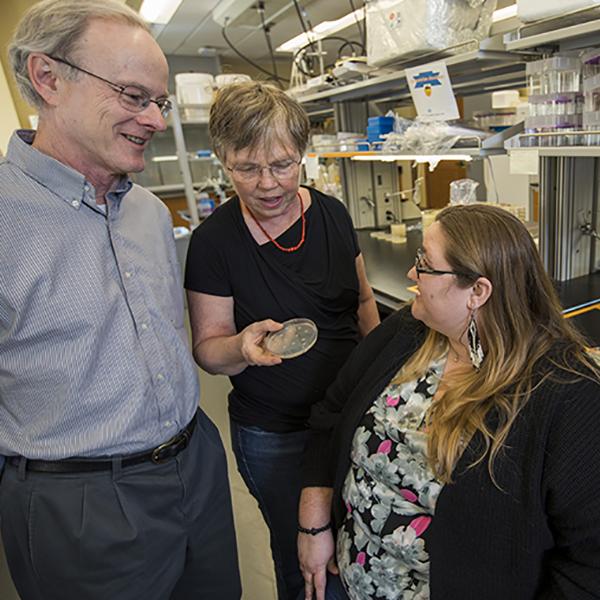
Arms races and cooperation among amoebae in the wild
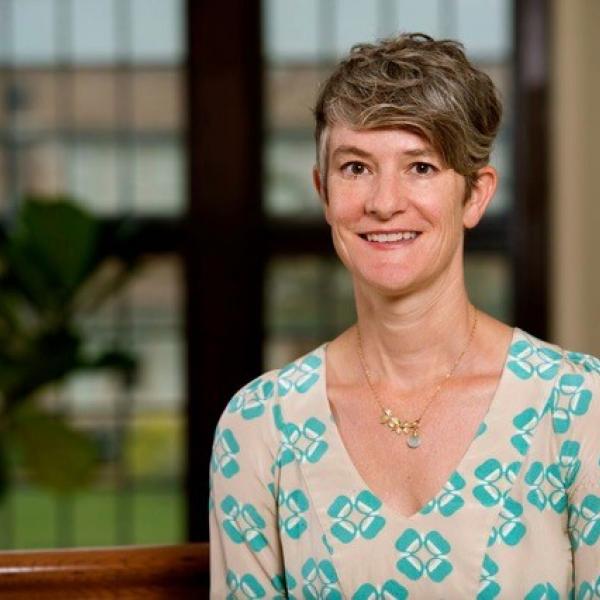
Haswell elected council delegate for AAAS
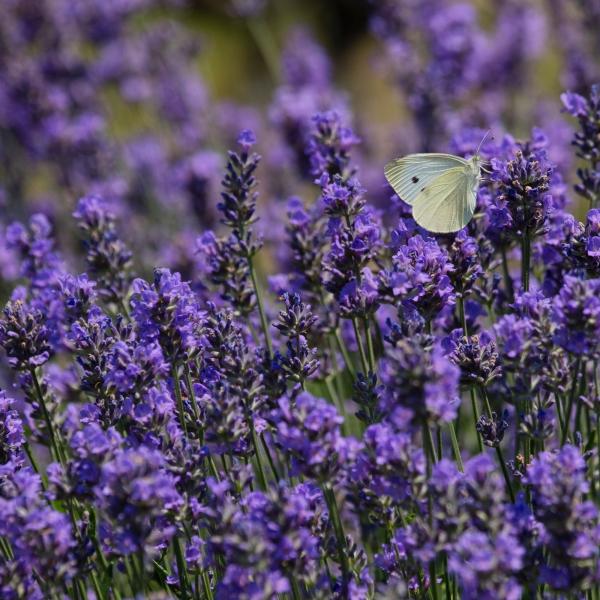
The Secret Lives of Plants
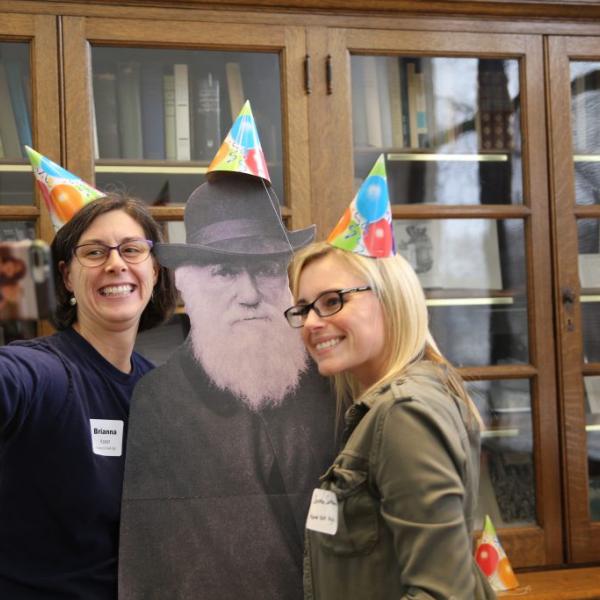
Celebrating science at the ISP’s annual Darwin Day
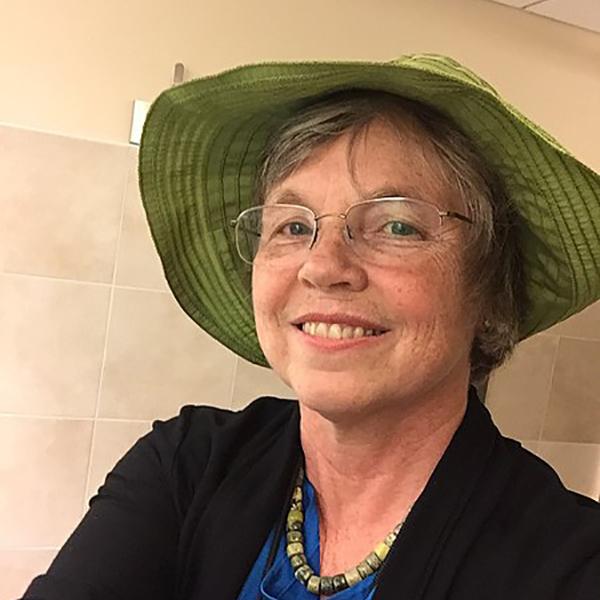
Secrets of teaching with Wikipedia

David Kirk receives 2018 Science Educator Award from the Academy of Science – St. Louis
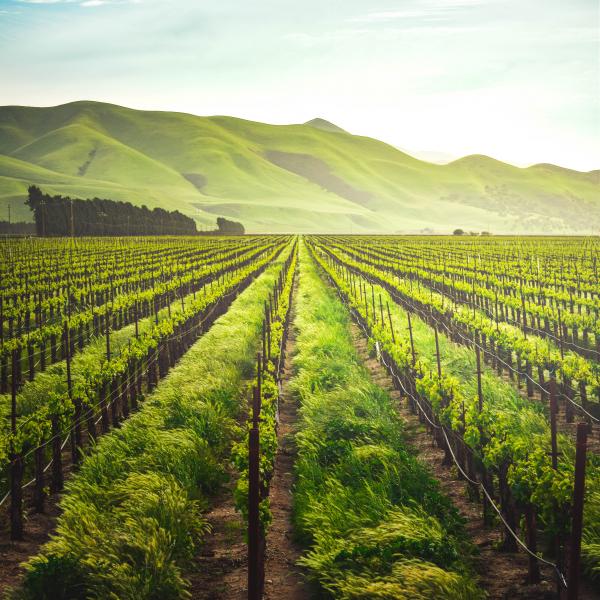
Becoming a biotech explorer
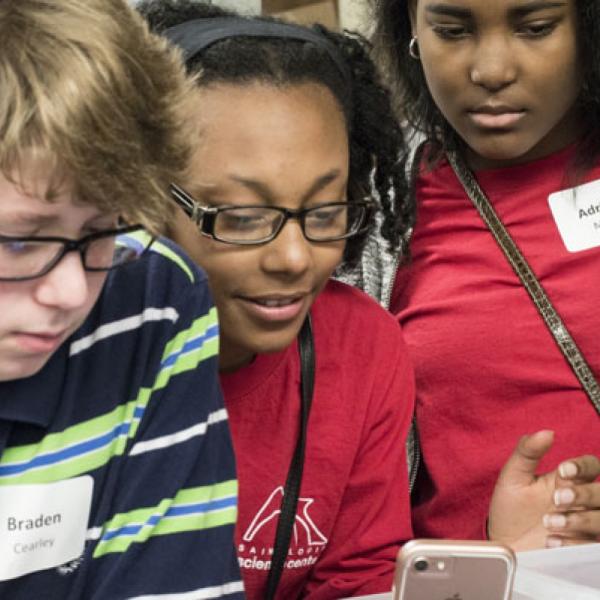
St. Louis Area Brain Bee Takes Teens Inside the Human Mind

Obituary: John Majors, emeritus professor of biochemistry, molecular biophysics, 69
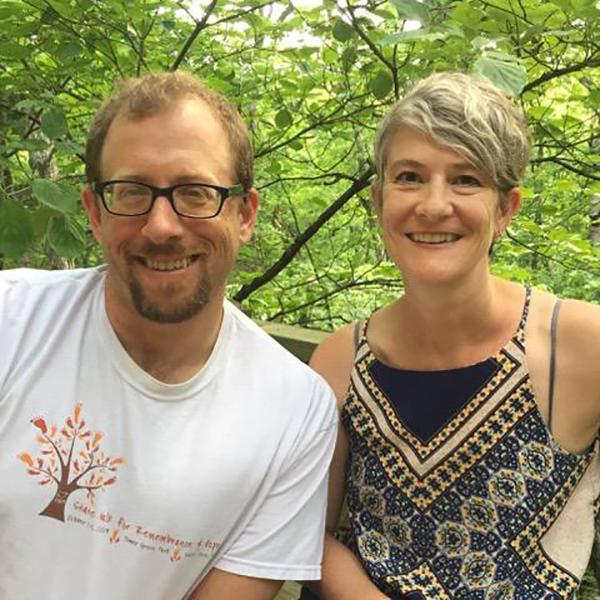
2 St. Louis plant scientists dig deep into the struggles of research

Arpita Bose receives a $40,000 collaboration initiation grant
newsletters
Explore our department's BIOrhythms and Biologue newsletters.
